Coffee Processes
Coffee processing is the method by which the layers around the coffee bean are removed- and the coffee cherry is processed into a green bean. Each method has different advantages and each method creates a different resulting cup of coffee.
Anaerobic
Anaerobic fermentation coffee is fermented in an oxygen-free environment like a sealed tank to boost fruity and exotic flavours and create unique tasting notes.
Anaerobic coffee can be washed, natural or honey processed.
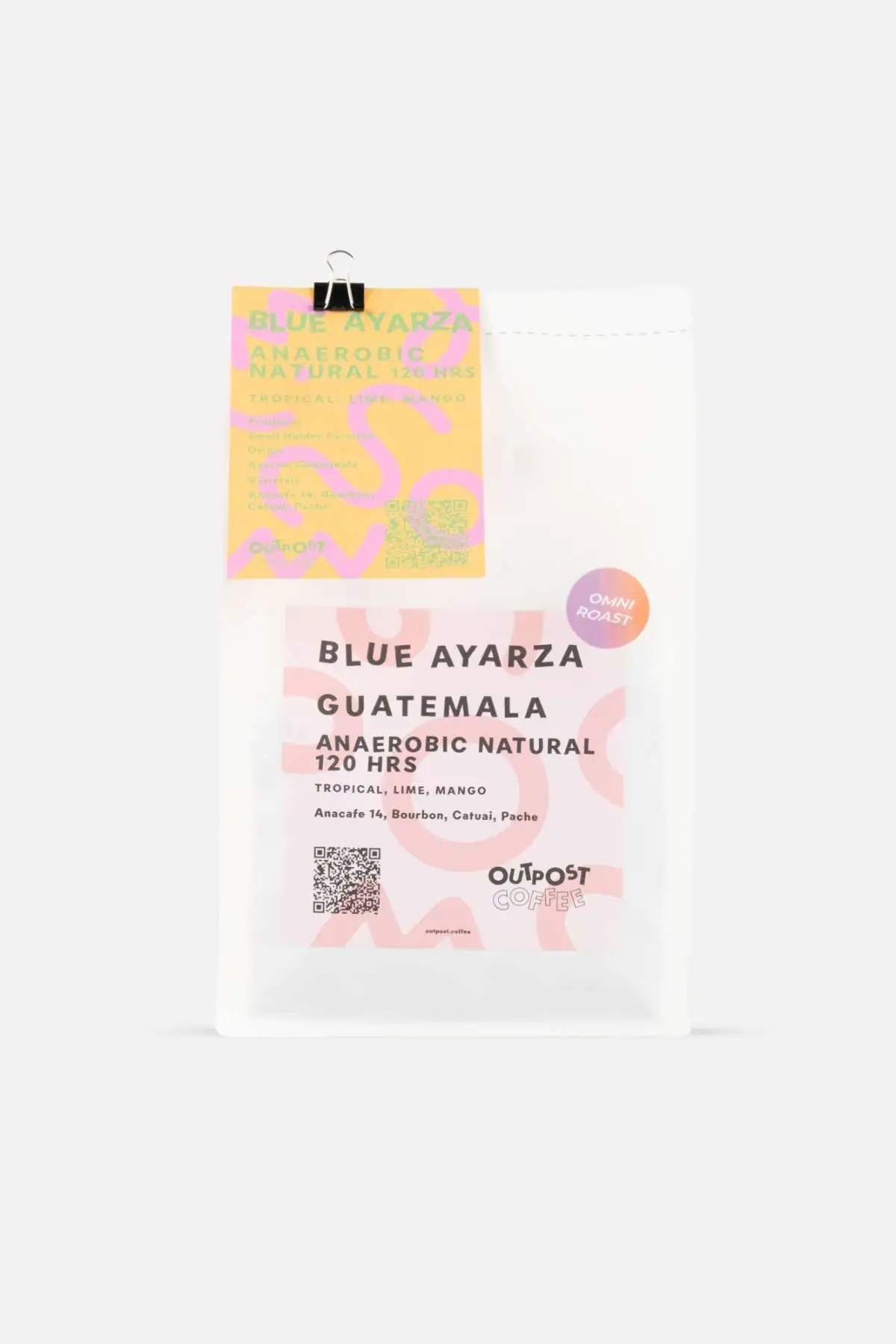
Blue Ayarza, Guatemala
£13.00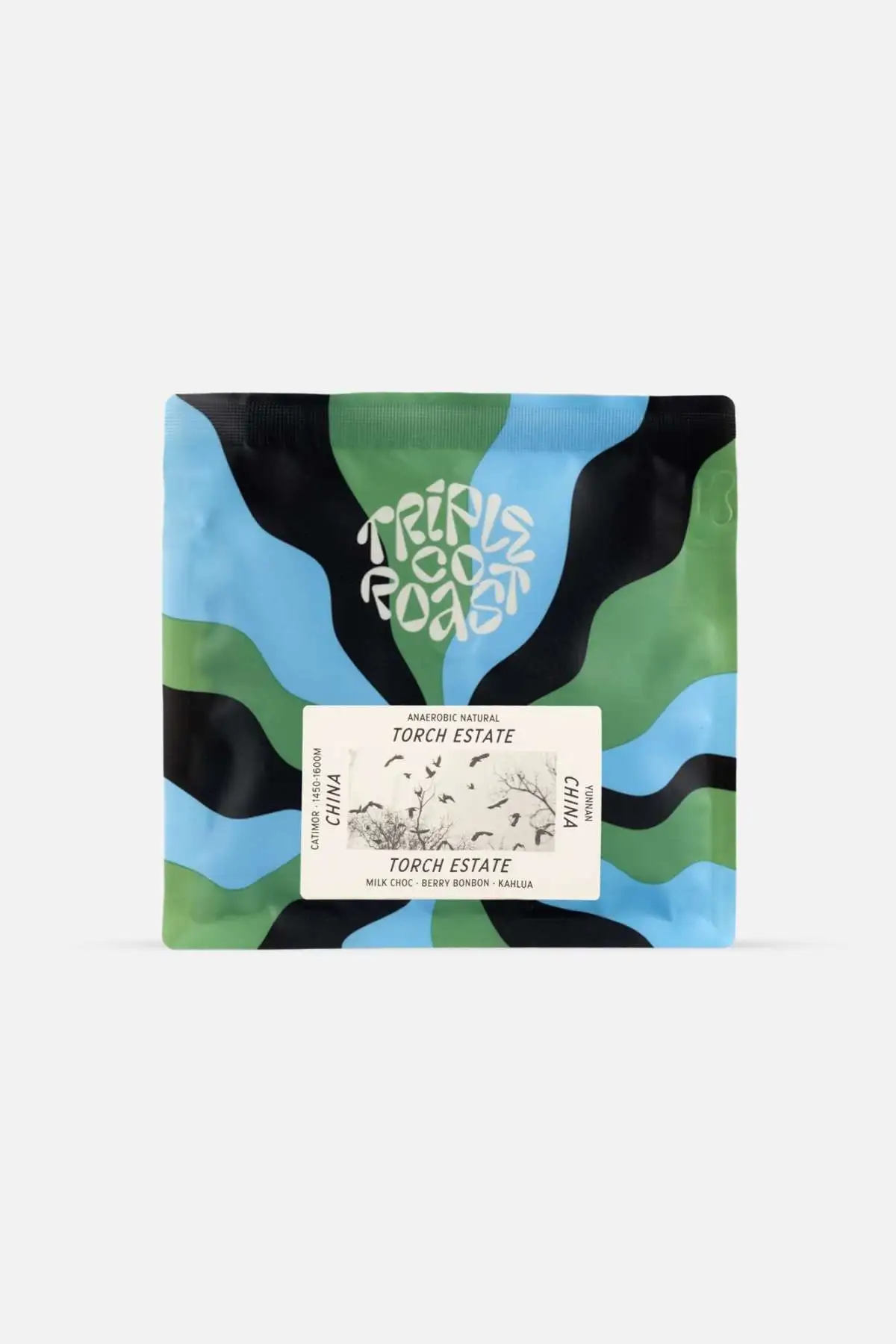
Torch Estate, China
£14.00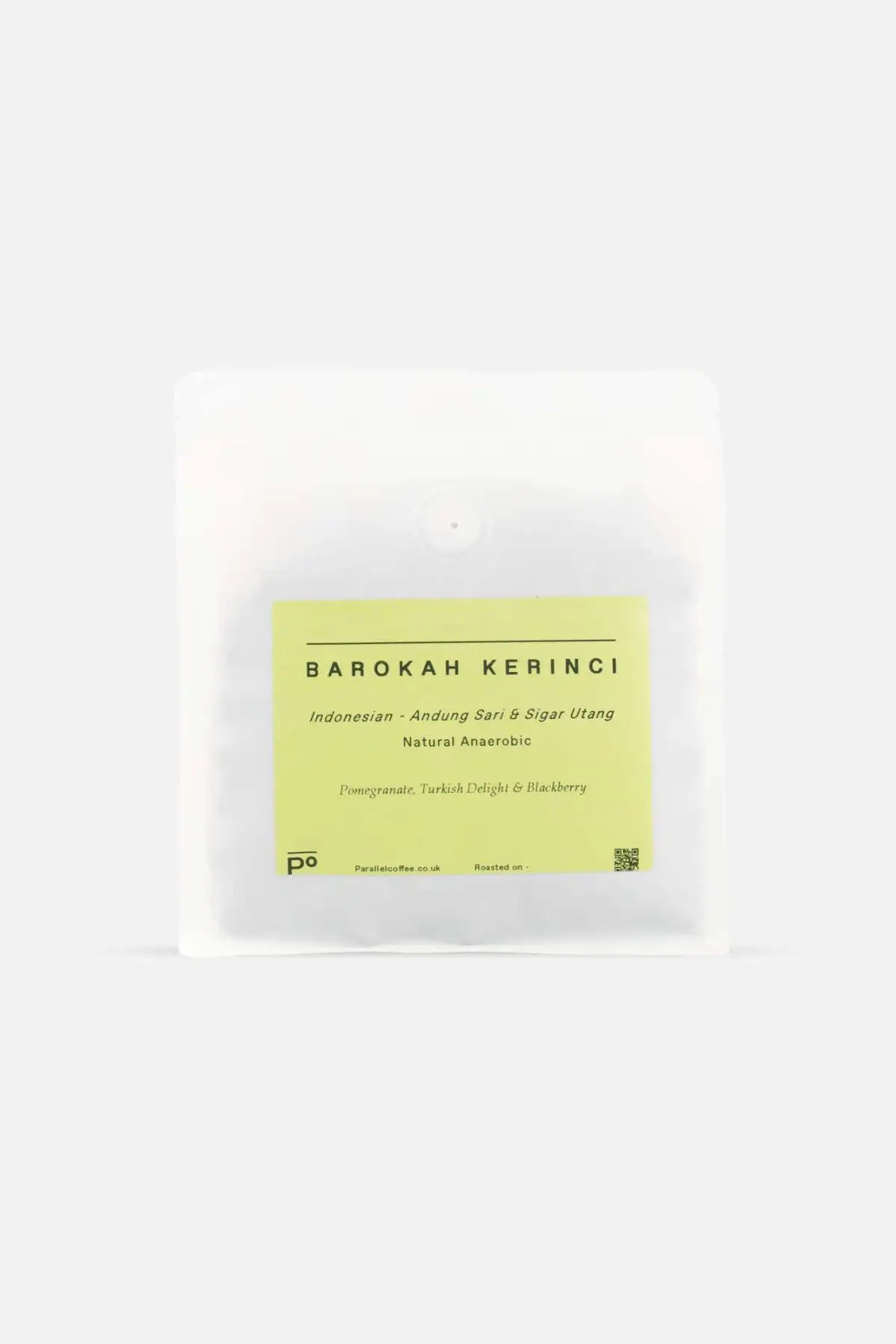
Barokah Kerinci, Indonesia
£13.00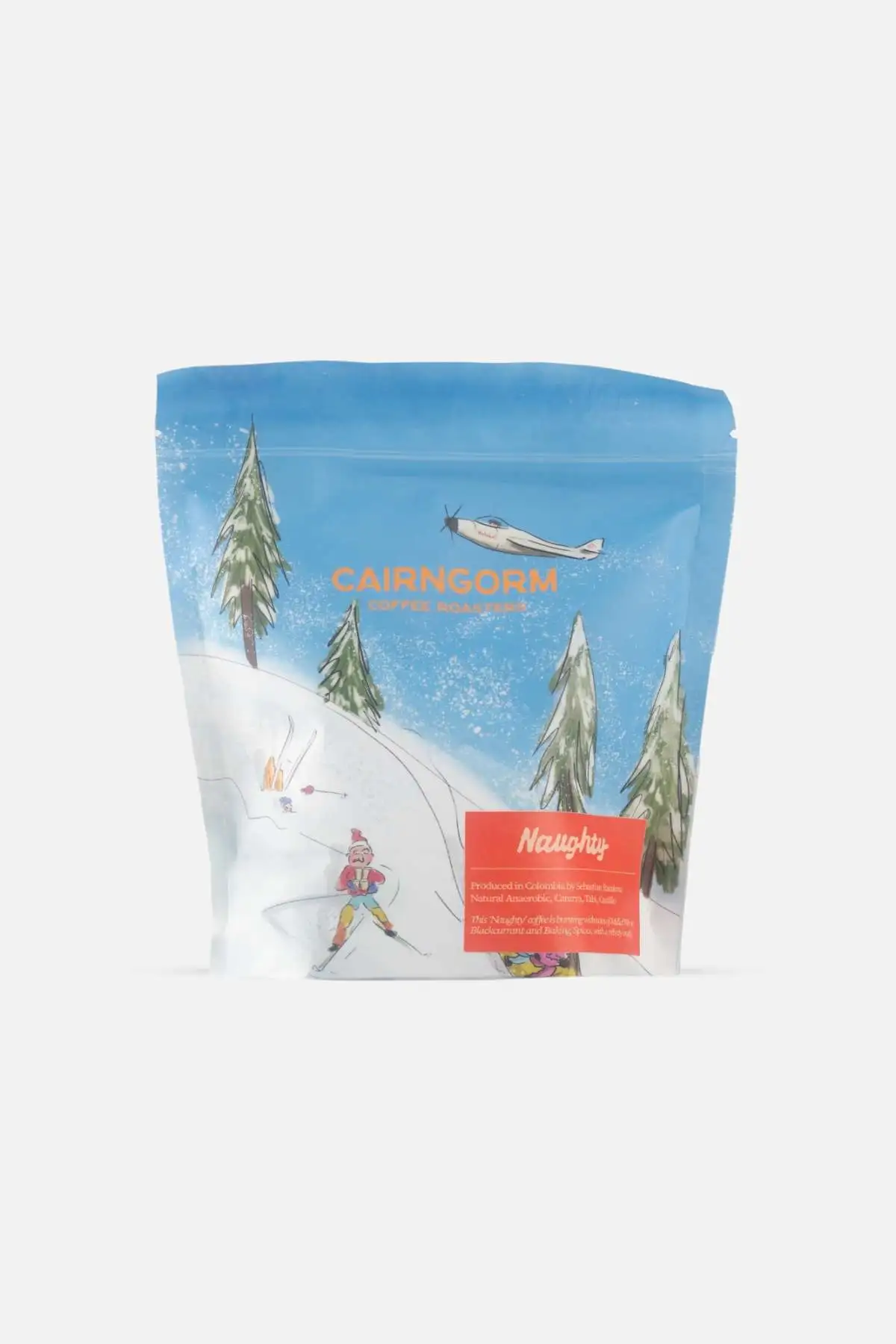
Naughty, Colombia
out of stock
Don Santa Christmas Coffee, Colombia
out of stock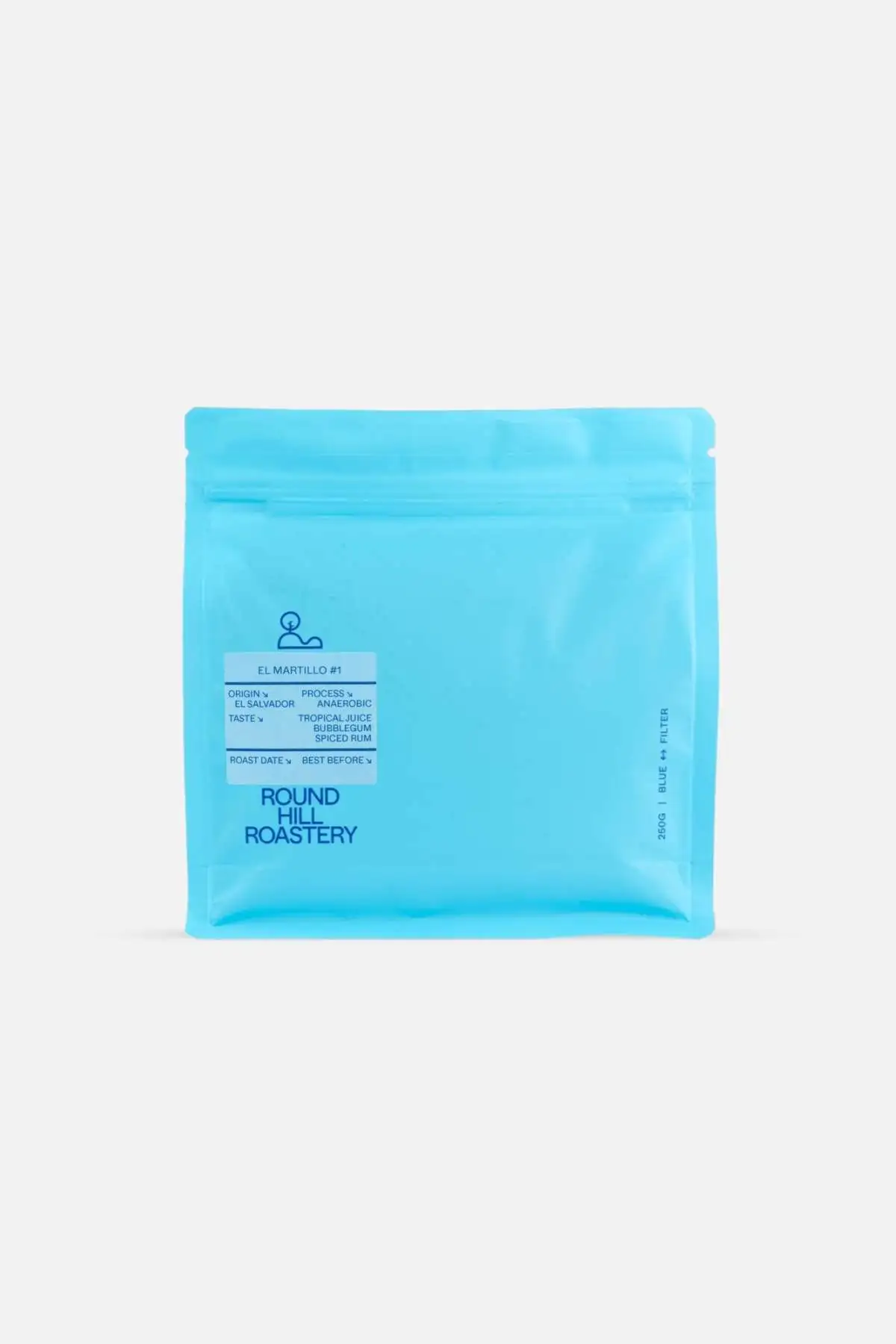
El Martillo, El Salvador
out of stock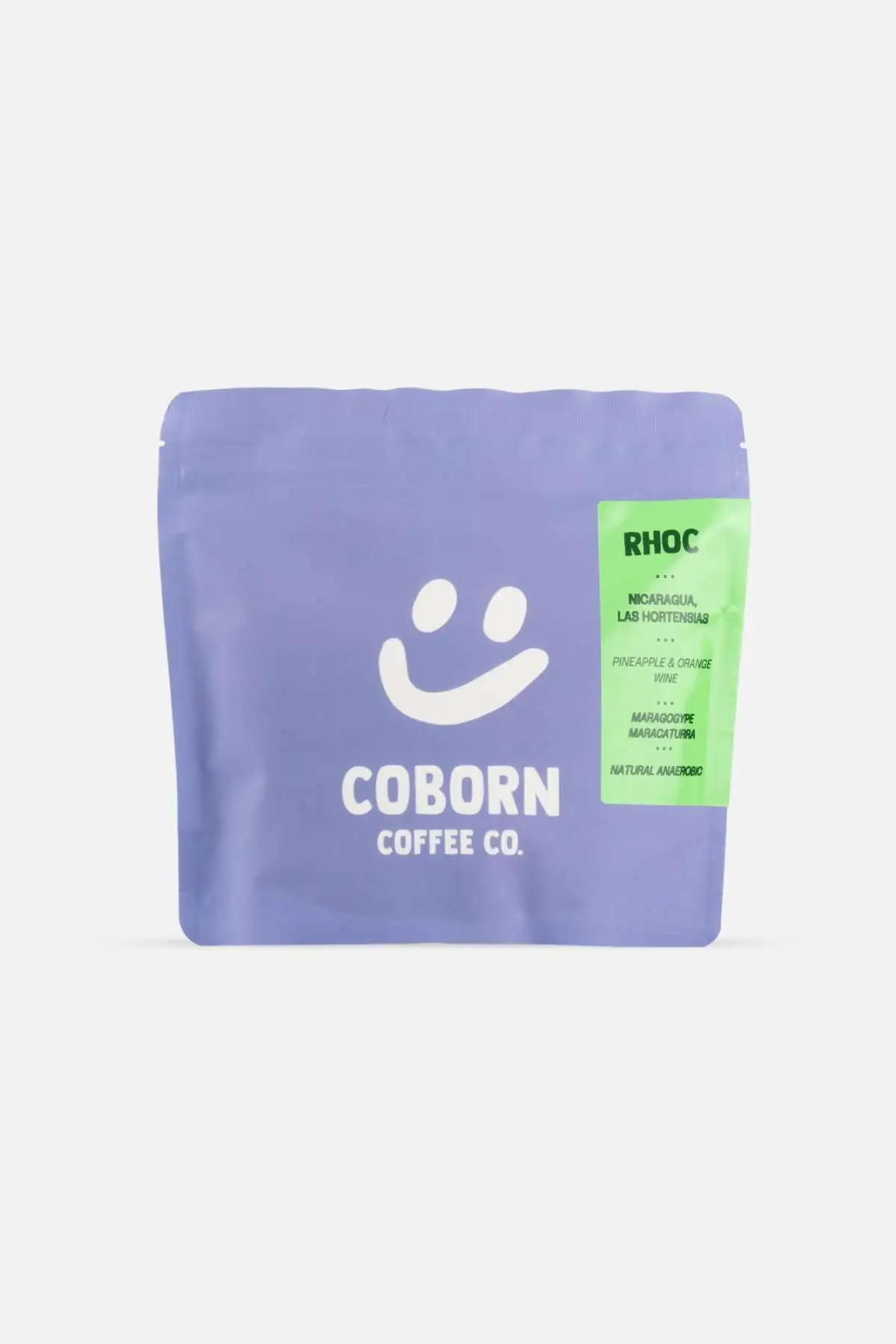
RHOC - Finca Las Hortensias, Nicaragua
out of stock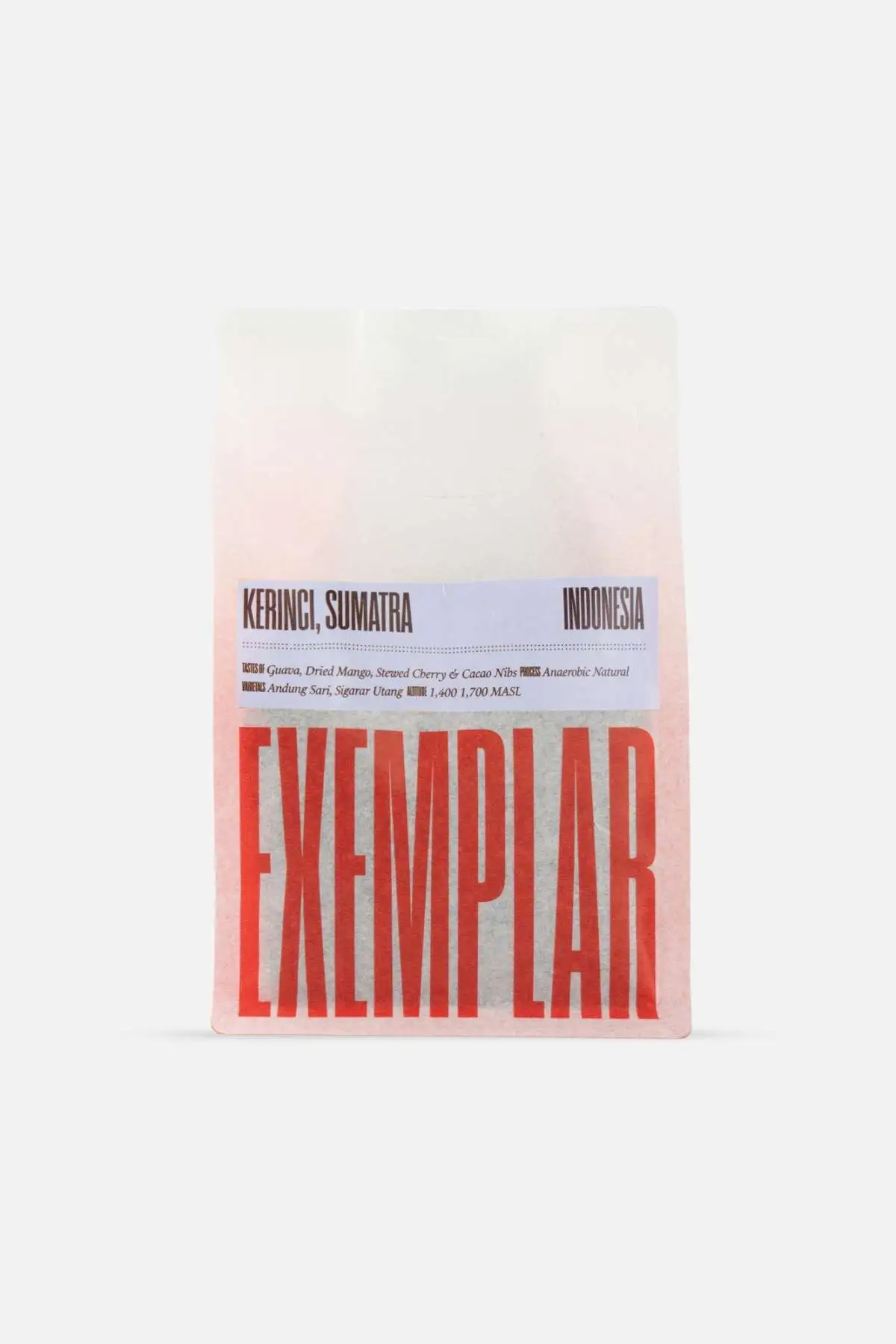
Kerinci Anaerobic, Indonesia
out of stock
Kateshi Anaerobic, Zambia
out of stock
Sweet Cheeks, Colombia
out of stock
La Antartida, Honduras
out of stock
Nestor Lasso, Colombia
out of stock
La Estancia, Nicaragua
out of stock
Finca Casa de Piedra, Costa Rica
out of stock
Cyato Tropical Punch, Rwanda
out of stock
Los Quispe Gesha, Peru
out of stock
Gaitania, Colombia
out of stock
Sirinya, Thailand
out of stock
Disco Boy, Kenya
out of stock
Peachy Oolong, China
out of stock
Aurora, Colombia
out of stock
Los Angeles, El Salvador
out of stock
Marani, Kenya
out of stock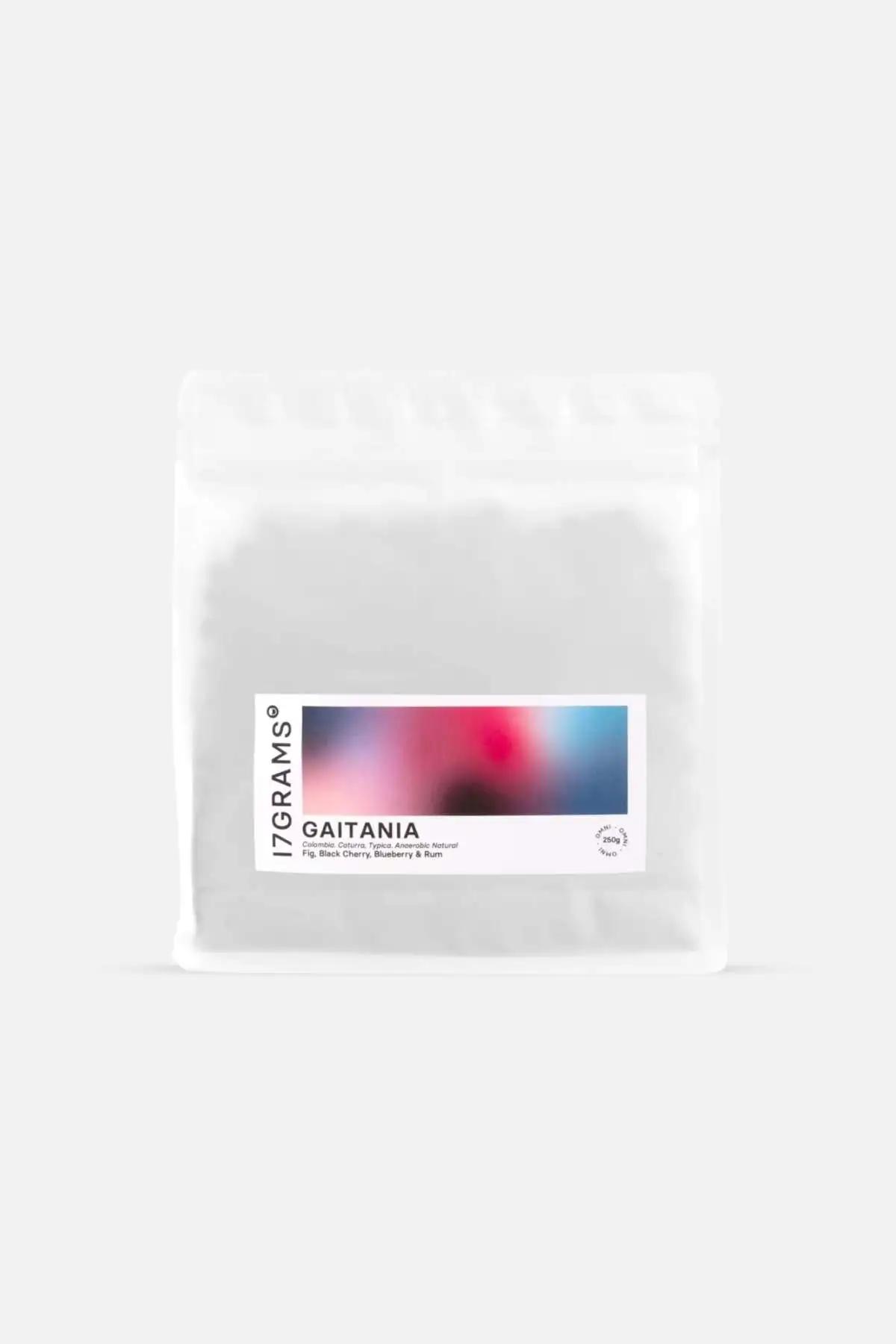
Gaitania, Colombia
out of stock
Ruben Cervantes, Mexico
out of stock
Baho, Rwanda
out of stock
Portals, El Salvador
out of stock
Rogelio Peña Huaman, Peru
out of stock
Sister Sister - Finca Bethania + Finca Las Hortensias, Nicaragua
out of stock
Kerinci, Indonesia
out of stock
Aquiares Esperanza, Costa Rica
out of stock
Ireme, Rwanda
out of stock
Our Plot, Brazil
out of stock
Women's Crown, Rwanda
out of stock
Finca Samaria, Nicaragua
out of stock
Las Llantas, El Salvador
out of stock
El Limo, El Salvador
out of stock
Isabel #1, Honduras
out of stock
Aquiares, Costa Rica
out of stock
Baristocracy, Burundi
out of stockBlend
read more →
The Docks Blend
£10.00
Canton Blend
£10.00
Penny Rock Blend
£11.00
Jump Start Blend
£10.00
Jump Start Blend - 1KG Big Bag
£30.00
The Canton Blend 1kg Big Bag
£33.00
Daily Bread Blend
£10.00
Penny Rock Blend - 1KG Big Bag
£34.00
Nadolig Llawen
£13.50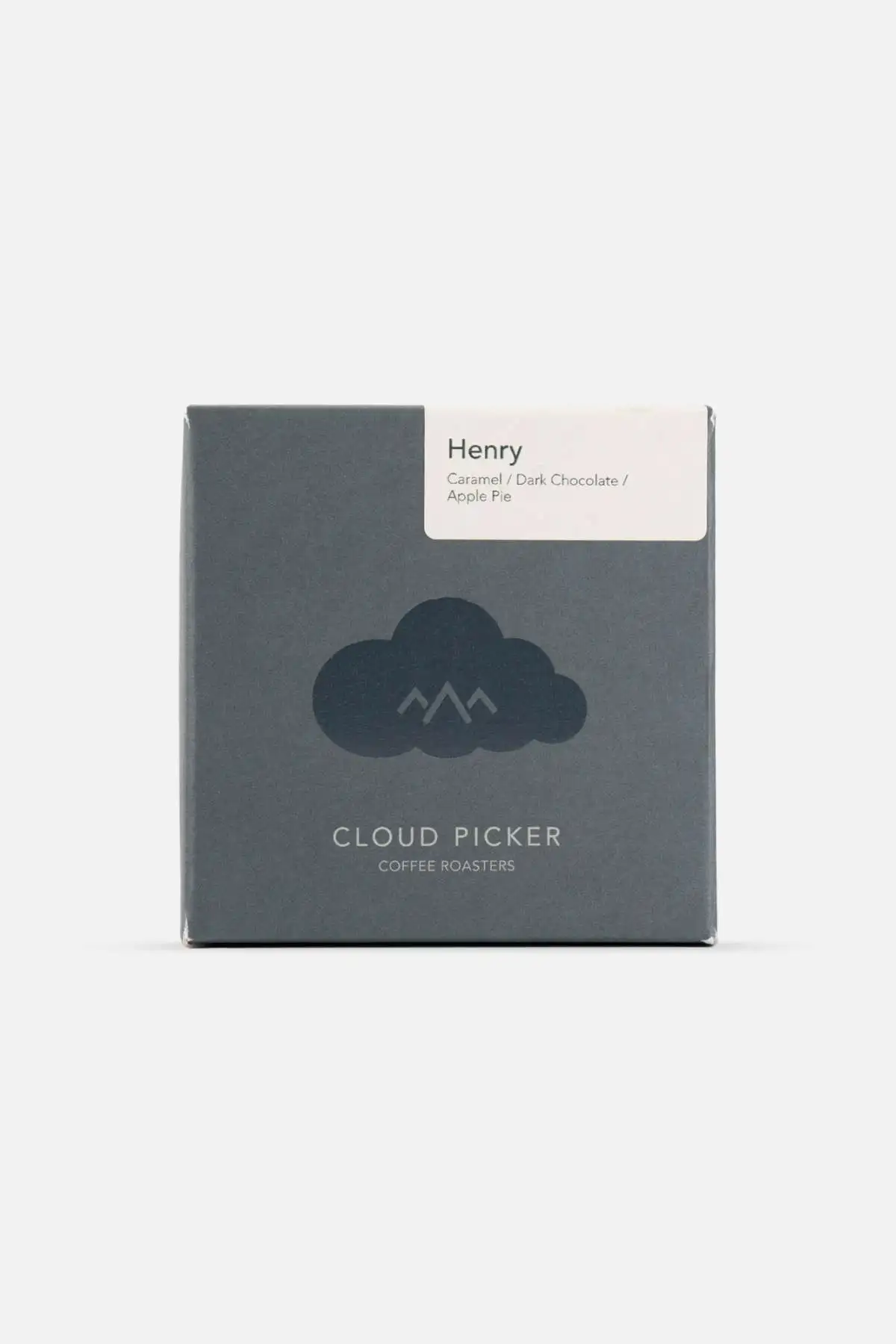
Henry Blend
£12.00
Northside Christmas Coffee
out of stock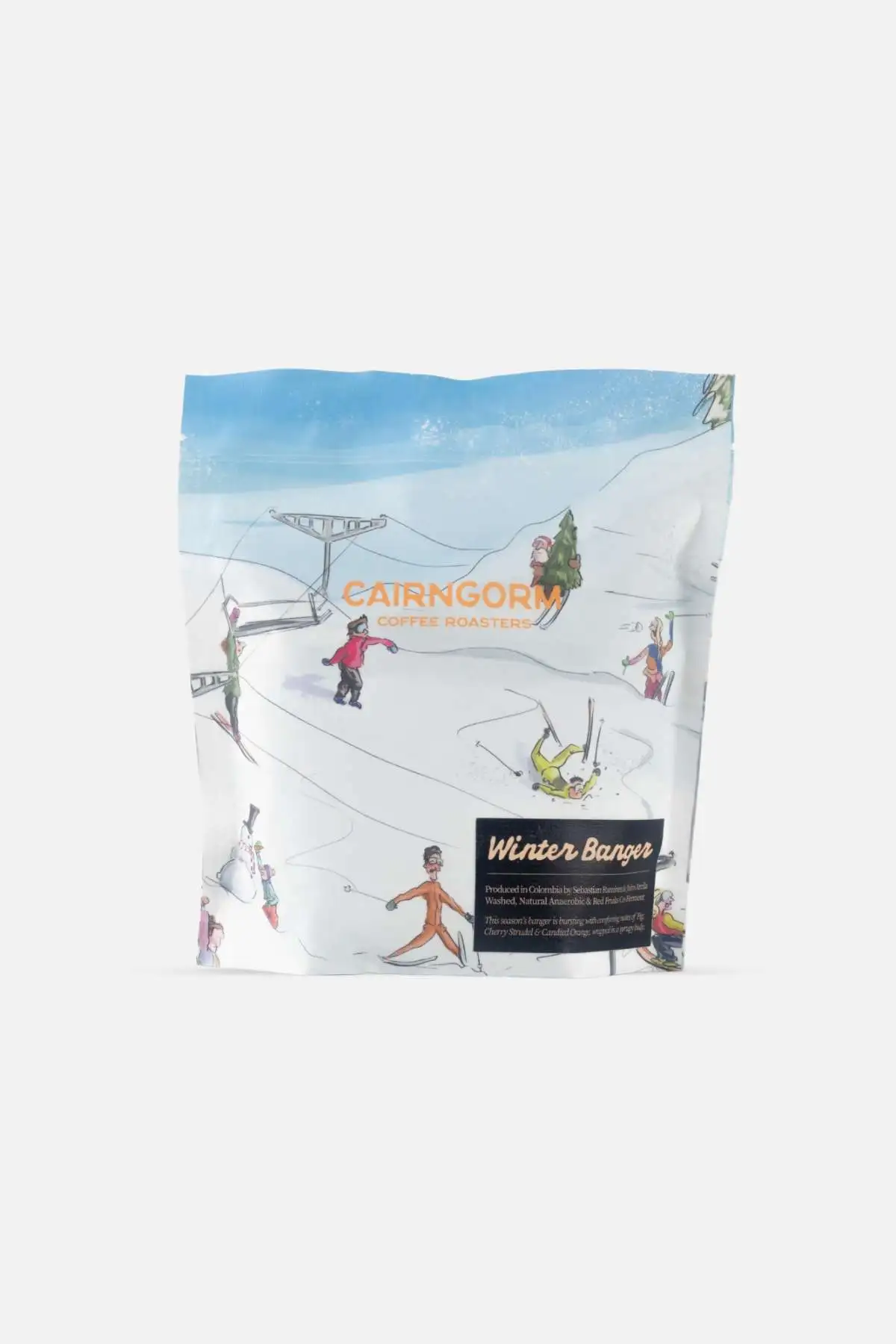
Winter Banger Blend
out of stock
Merry and Bright Christmas Blend
out of stock
Christmas Crush Blend
out of stock
Winter Blend Cinnamon Co-ferment
out of stock
Odd Kin x Triple Co Blend Friends
out of stock
Drake Blend
out of stock
The Chronicle Blend
out of stock
Summer Banger Blend
out of stock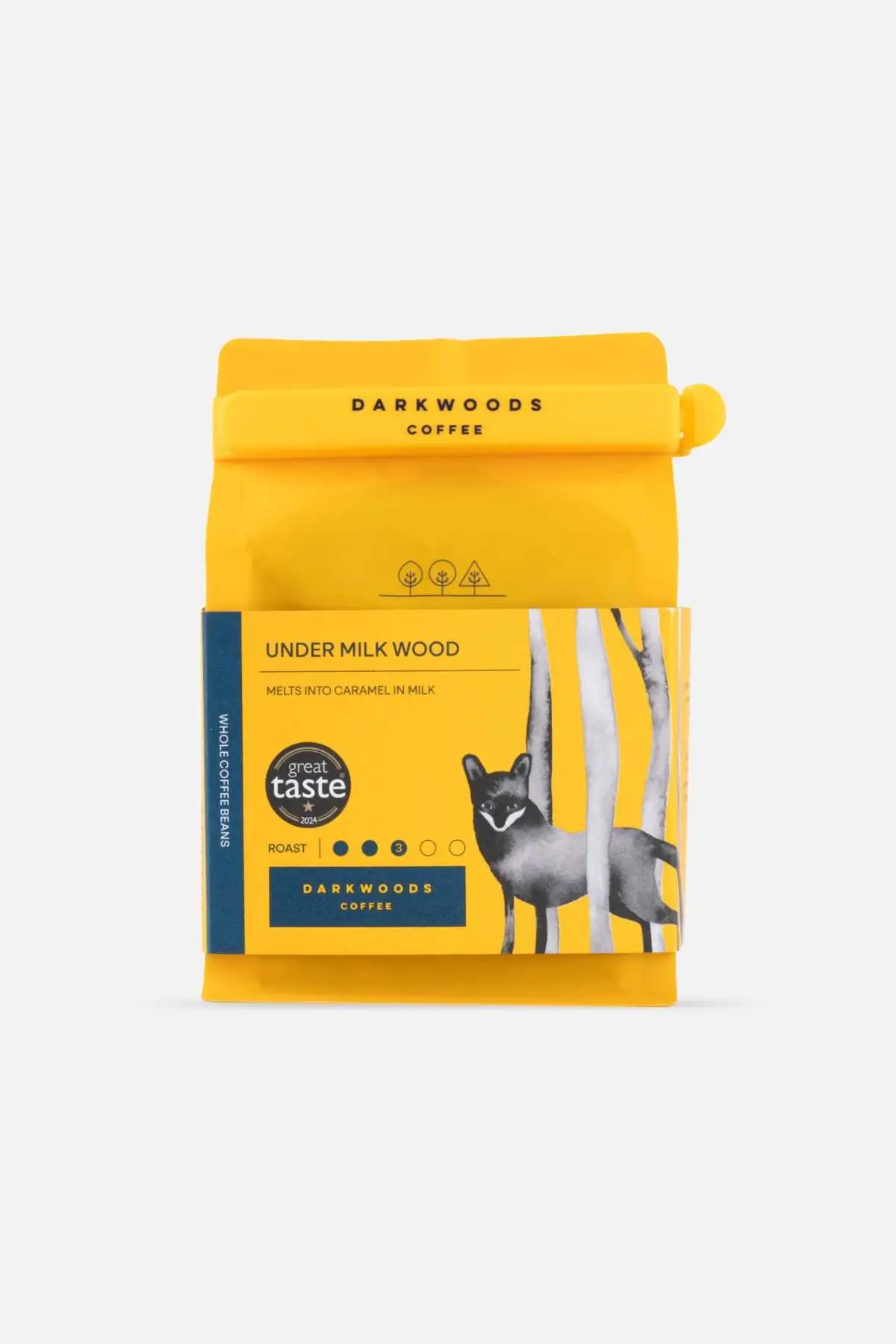
Under Milk Wood
out of stock
Umbra Espresso Blend
out of stock
PB² Villamaría, Colombia
out of stock
Milky Way Espresso Blend
out of stock
Christmas Blend 2024 1kg Big Bag
out of stock
Mm.. Fruit Blend
out of stock
Odyssey v2 Espresso Blend
out of stock
LCF24 House Espresso Blend
out of stock
Rocket Fuel
out of stock
Timber Town Espresso Blend - 1kg Big Bag
out of stock
Clubhouse Espresso Blend
out of stock
Bon Bon Espresso Blend
out of stock
Treehouse Seasonal Espresso Blend
out of stockExperimental
Lactic Fermentation, co-fermentation, carbonic maceration and much more — experimental coffee is coffee that has undergone innovative post-harvest processing or pre-processing to impart unique flavours and create truly special cups.
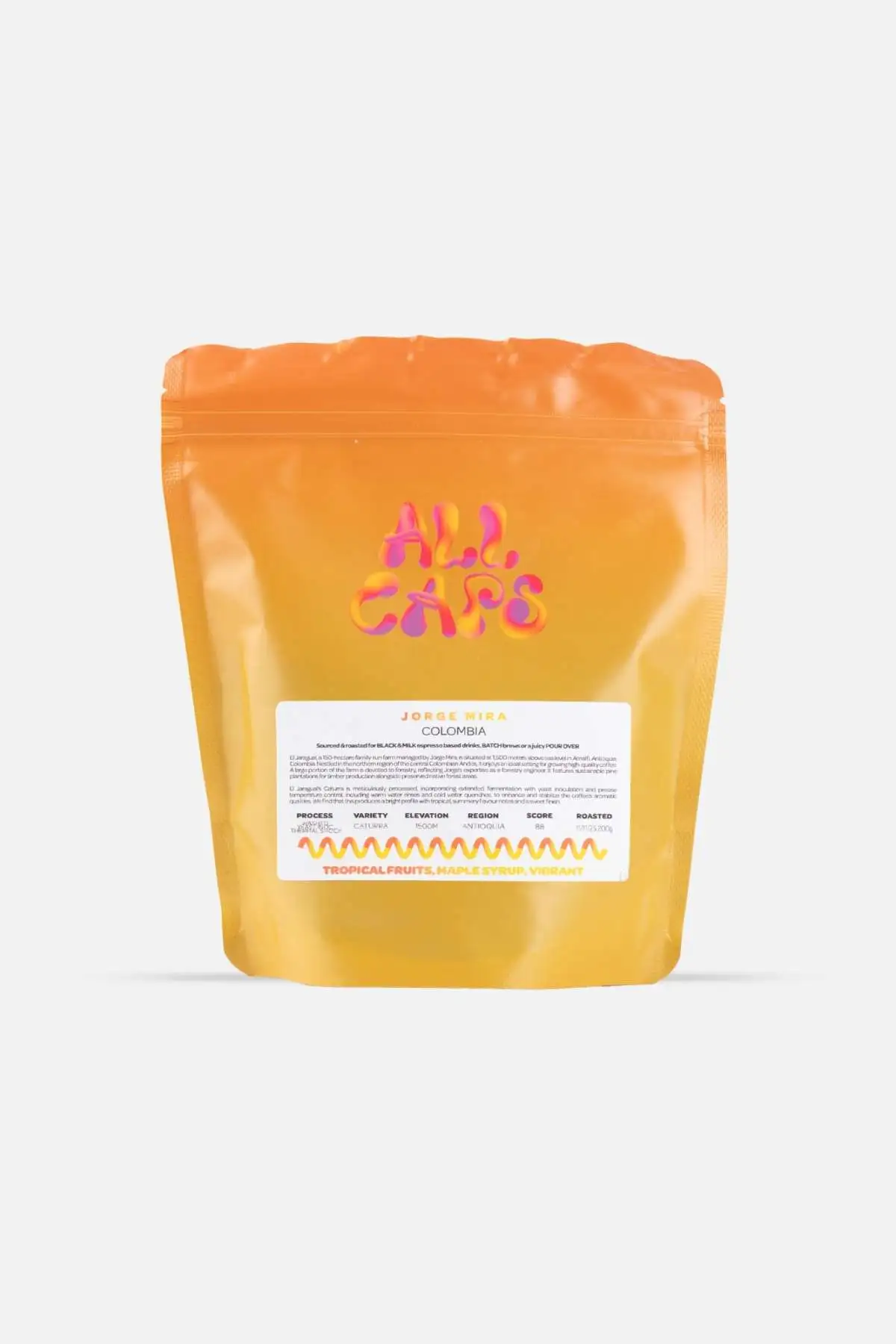
Jorge Mira, Colombia
£14.50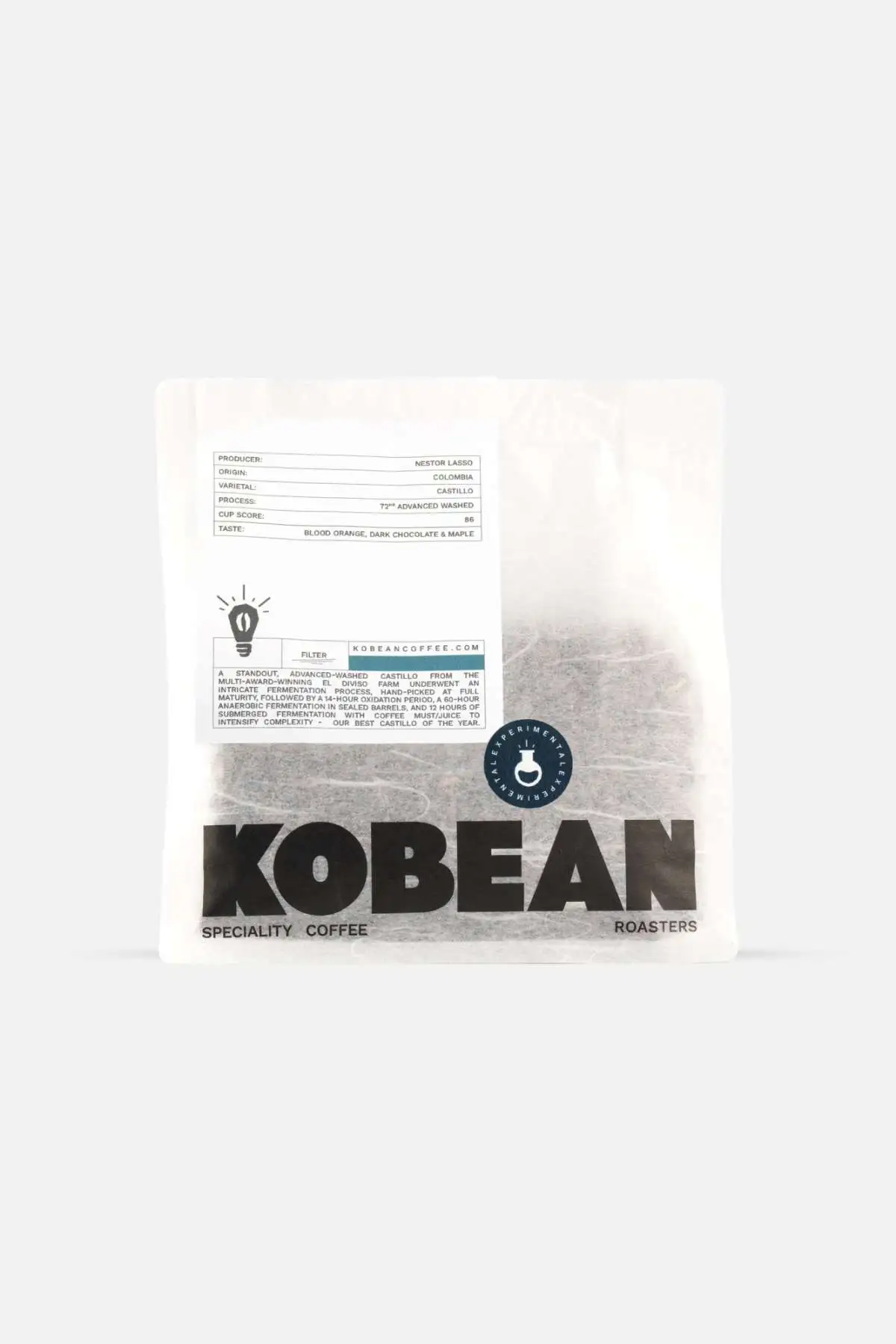
Nestor Lasso Advanced Washed, Colombia
£15.00
Mooleh Manay, India
£12.00
Megadu Kickstart, Ethiopia
out of stock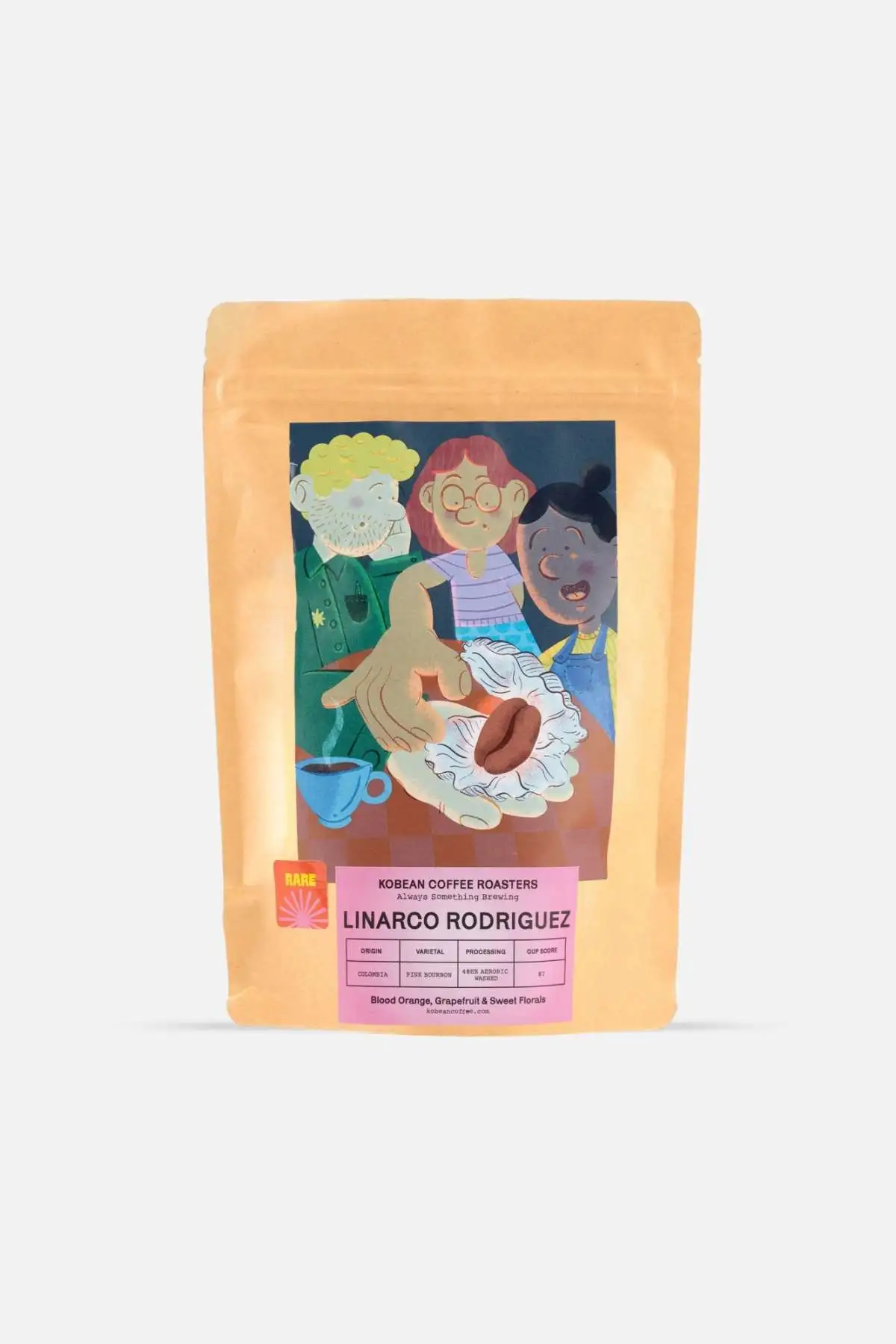
Linarco Rodriguez Aerobic, Colombia
out of stock
Pineapple Candy, Nicaragua
out of stock
Nafuna, Uganda
out of stock
Gungegiri, India
out of stock
Cata Reserva, Colombia
out of stock
Huver Castillo “Rocket Flower”, Colombia
out of stock
Wilton Benitez, Colombia
out of stock
Mango Melt, Colombia
out of stock
Ana Luiza Pellicer- Mió, Brazil
out of stock
Leonid Ramirez, Colombia
out of stock
Bryan Smith, Colombia
out of stock
Frinsa Edun, Indonesia
out of stock
Maliba, Uganda
out of stock
Lollipop, Colombia
out of stock
Sironko, Uganda
out of stock
Alfredo Castaño, Colombia
out of stock
El Jaragual, Colombia
out of stock
Nestor Lasso, Colombia
out of stockHoney
Honey processed coffees are the result of the sticky (honey-like) mucilage of the cherry being left on for the drying process. The resulting flavour is usually richly fruity and creates coffees with great body.

ASOPROAAA Black Honey, Costa Rica
£16.00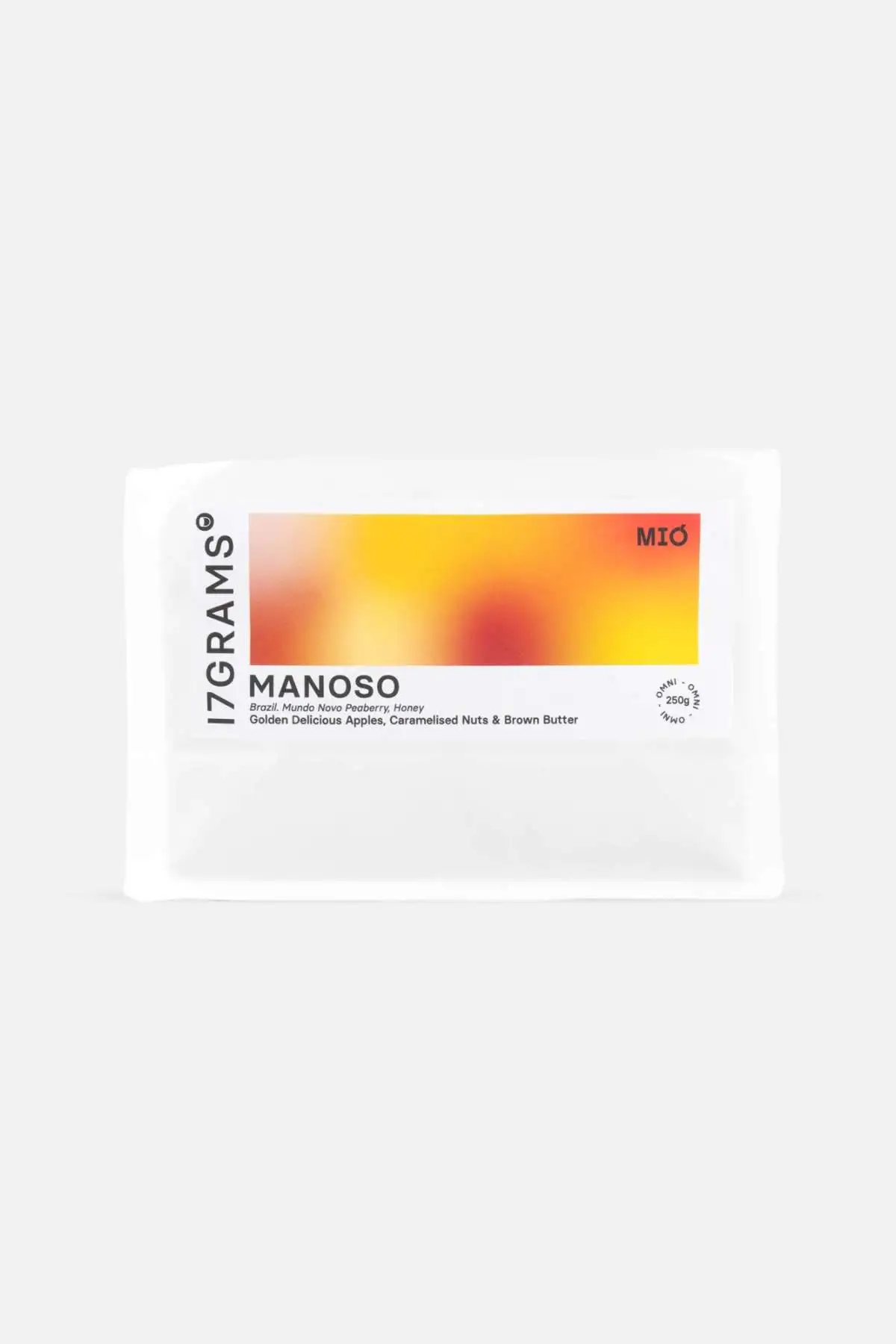
Mió Manoso, Brazil
£13.00
Noche Buena, Honduras
out of stock
Harley, India
out of stock
El Chollo, Honduras
out of stock
William Cruz, Colombia
out of stock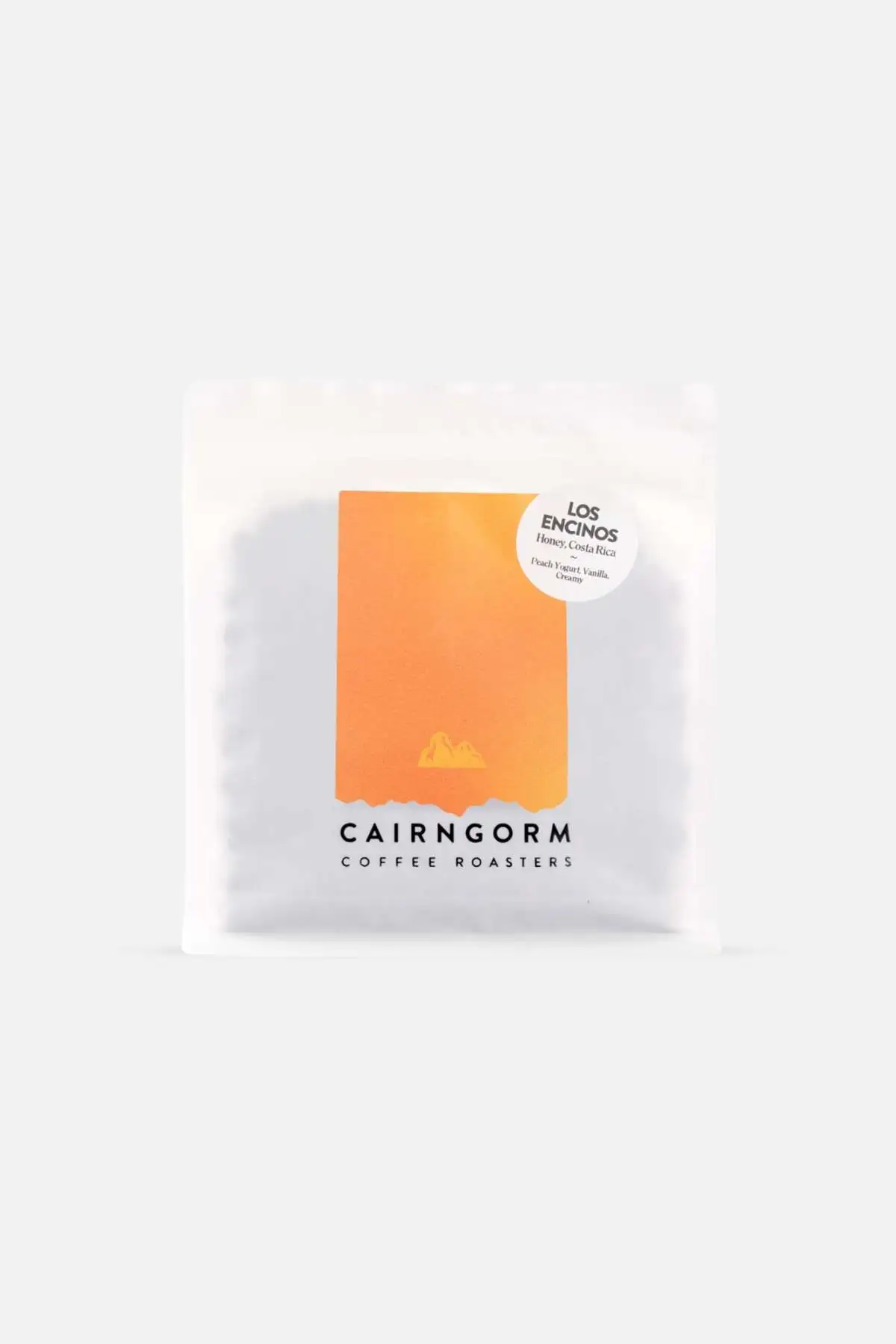
Los Encinos, Costa Rica
out of stock
Anny Ruth Pimental, El Salvador
out of stock
Fazenda Mió Honey, Brazil
out of stock
La Trinidad, Costa Rica
out of stock
Tinamit Honey, Guatemala
out of stock
Kedamessa, Ethiopia
out of stock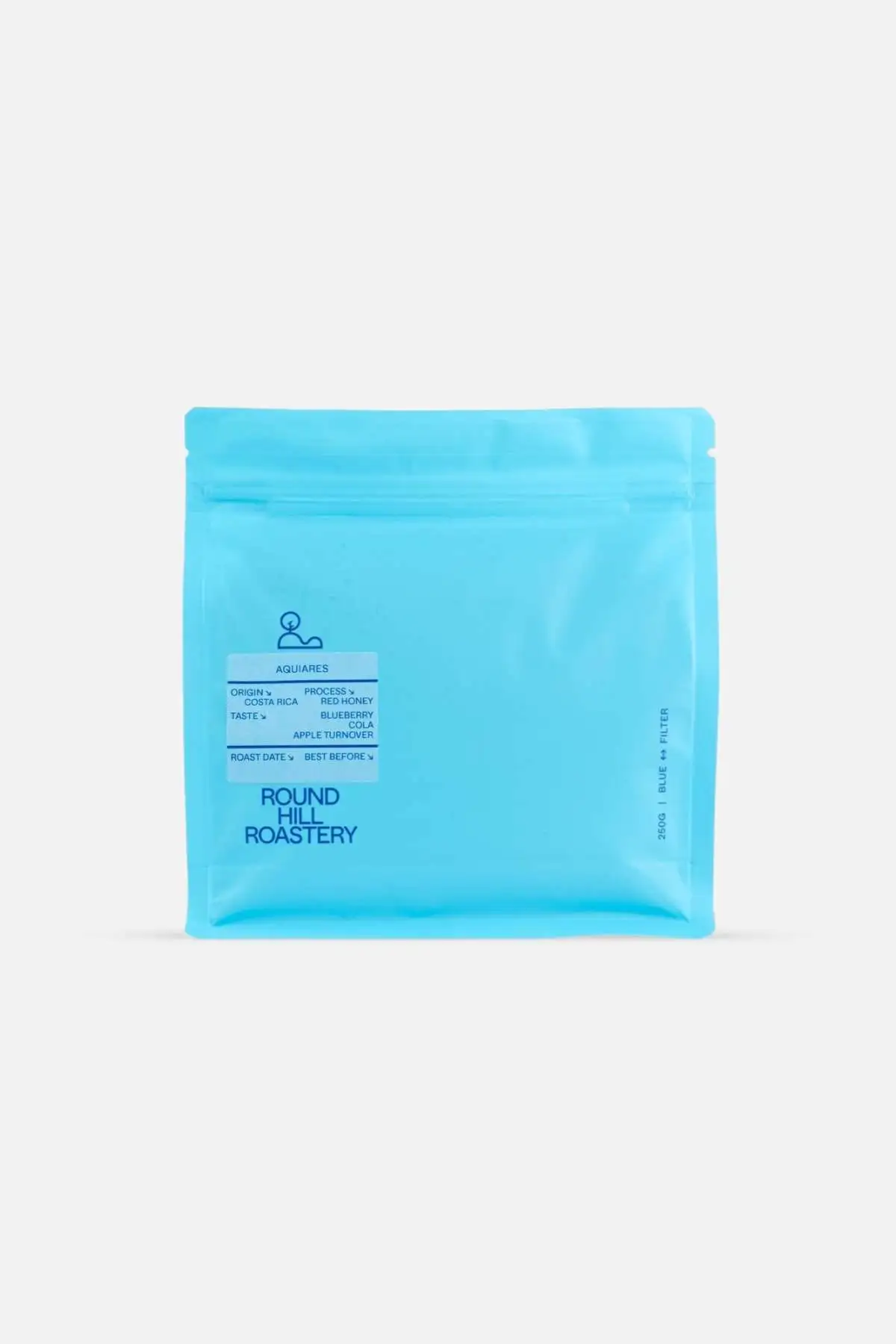
Aquiares Centroamericano, Costa Rica
out of stock
Gatta, Ethiopia
out of stock
Karambo, Burundi
out of stock
IMPACT Espresso, Brazil
out of stock
Bukit Paniisan, Indonesia
out of stock
Loop De Loop, Colombia
out of stock
El Silencio, Colombia
out of stock
Finca Las Mercedes, El Salvador
out of stock
No Stone Estate, China
out of stock
Hermanos Aguilera, Costa Rica
out of stock
Finca La Fortuna, Honduras
out of stock
Jairo Arcila Passionfruit Co-ferment, Colombia
out of stock
Buncho Honey, Ethiopia
out of stock
Vista Al Cielo, Nicaragua
out of stock
Baristocracy, Honduras
out of stock
Nkhota Village Gesha, Malawi
out of stock
Costa Rica, Los Encinos
out of stock
Telila, Ethiopia
out of stock
Nariño, Colombia
out of stock
El Perezoso, Costa Rica
out of stock
Los Nogales, El Salvador
out of stock
Tuxpal Estate, El Salvador
out of stock
Acali Gesha, Brazil
out of stock
Yunnan Gui Ben, China
out of stock
Sirinya Farm, Thailand
out of stock
Alto San Juan, Costa Rica
out of stock
Casa de Piedra, Costa Rica
out of stock
Aponte Honey, Colombia
out of stock
Baba Budan Giri, India
out of stock
Santa Petrona, El Salvador
out of stock
Los Pocitos, Guatemala
out of stock
Finca Pompeya Red Honey, Peru
out of stockNatural
Natural processed coffee involves taking the entire coffee cherry, fermenting it, and then drying it until it reaches ideal moisture levels before it is then hulled. Natural coffees often have a sweet, nutty or fruit-forward flavour.

El Indio, Colombia
£16.00
Marisol Ramirez Serrano, Mexico
£13.50
Daydreamer House Espresso, Brazil
£11.00
Bom Jesus 1kg Big Bag, Brazil
£27.00
Daydreamer Espresso 1kg Big Bag, Brazil
£31.00
Bom Jesus, Brazil
£9.00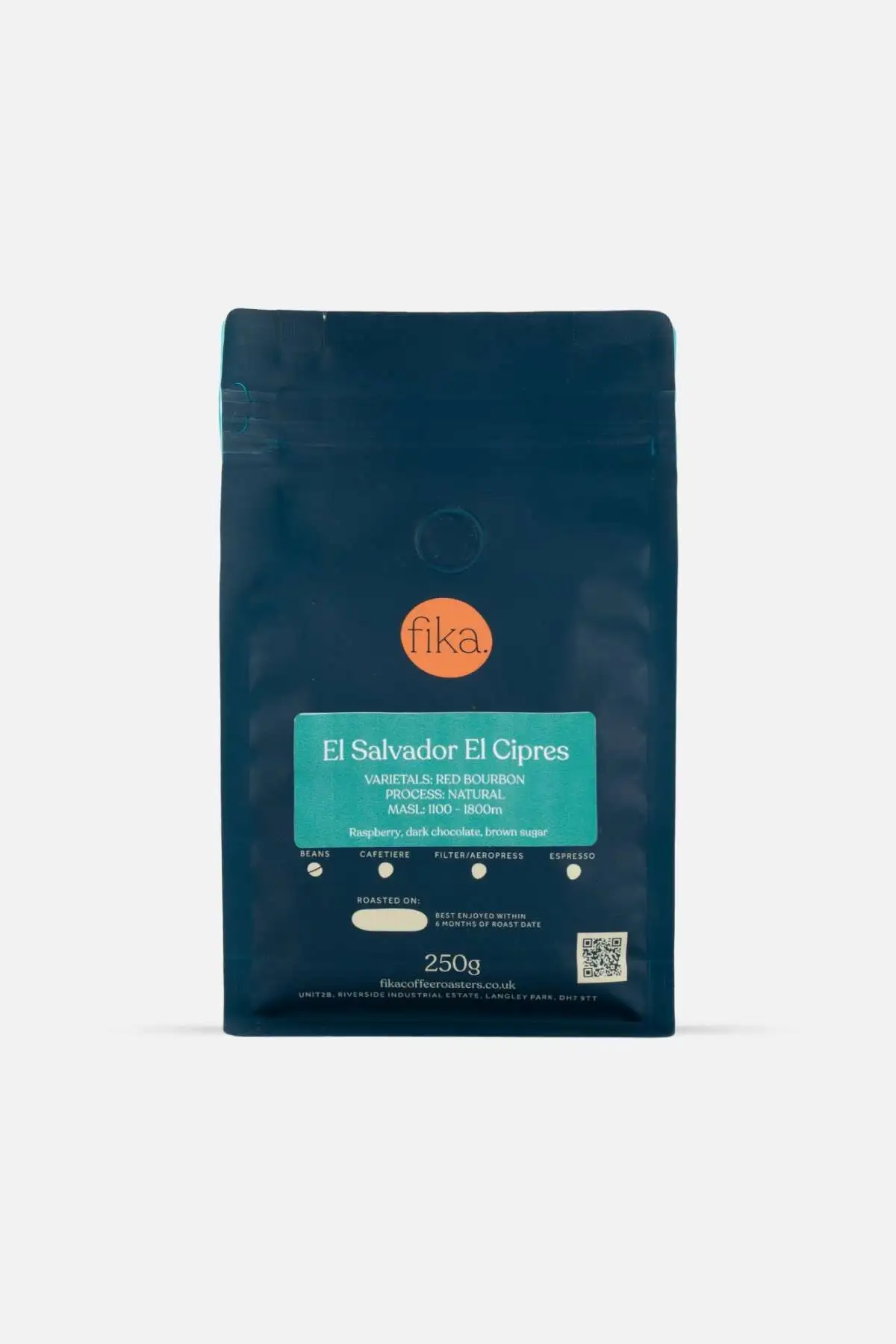
El Cipres, El Salvador
£10.50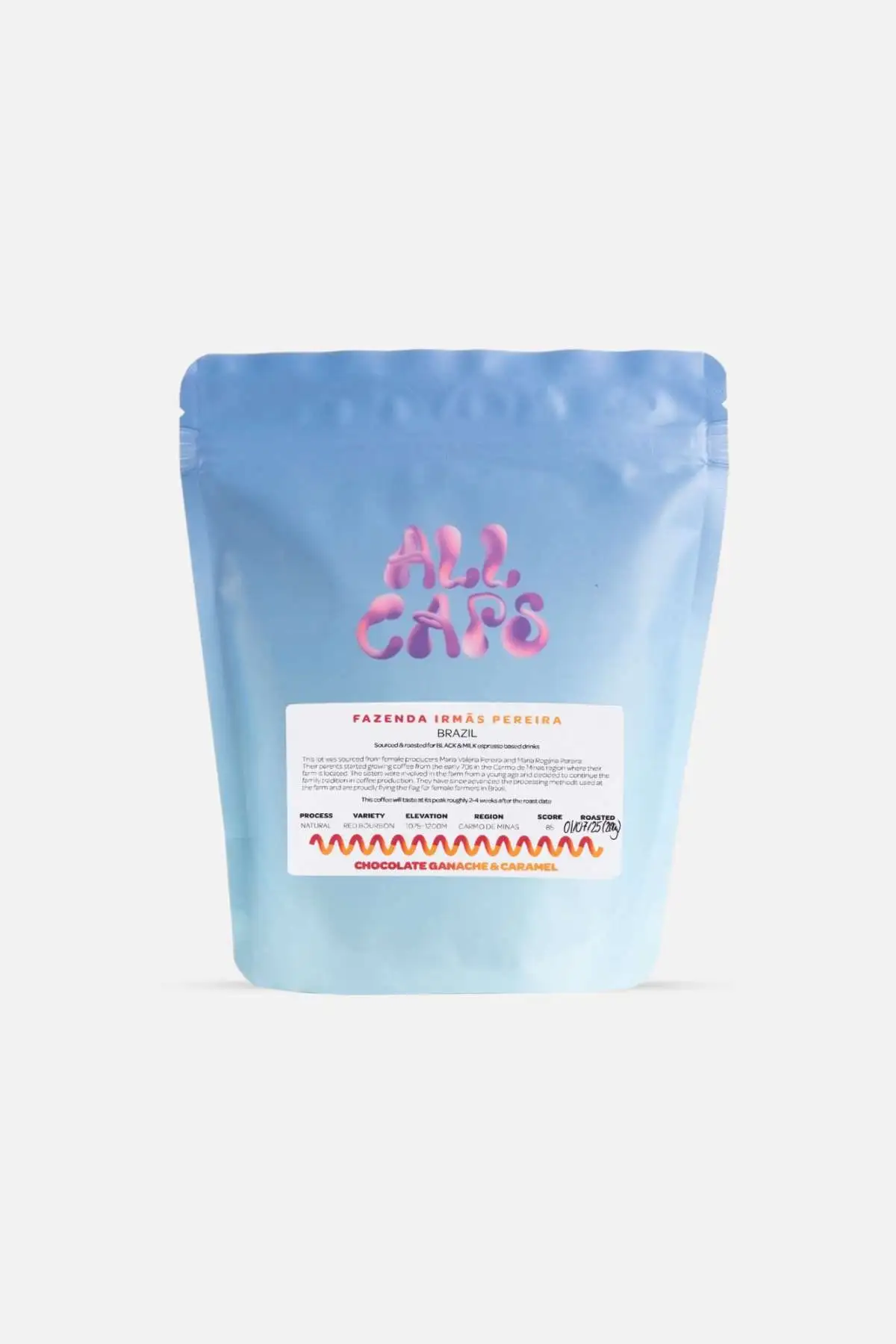
Fazenda Irmas Pereira, Brazil
£10.50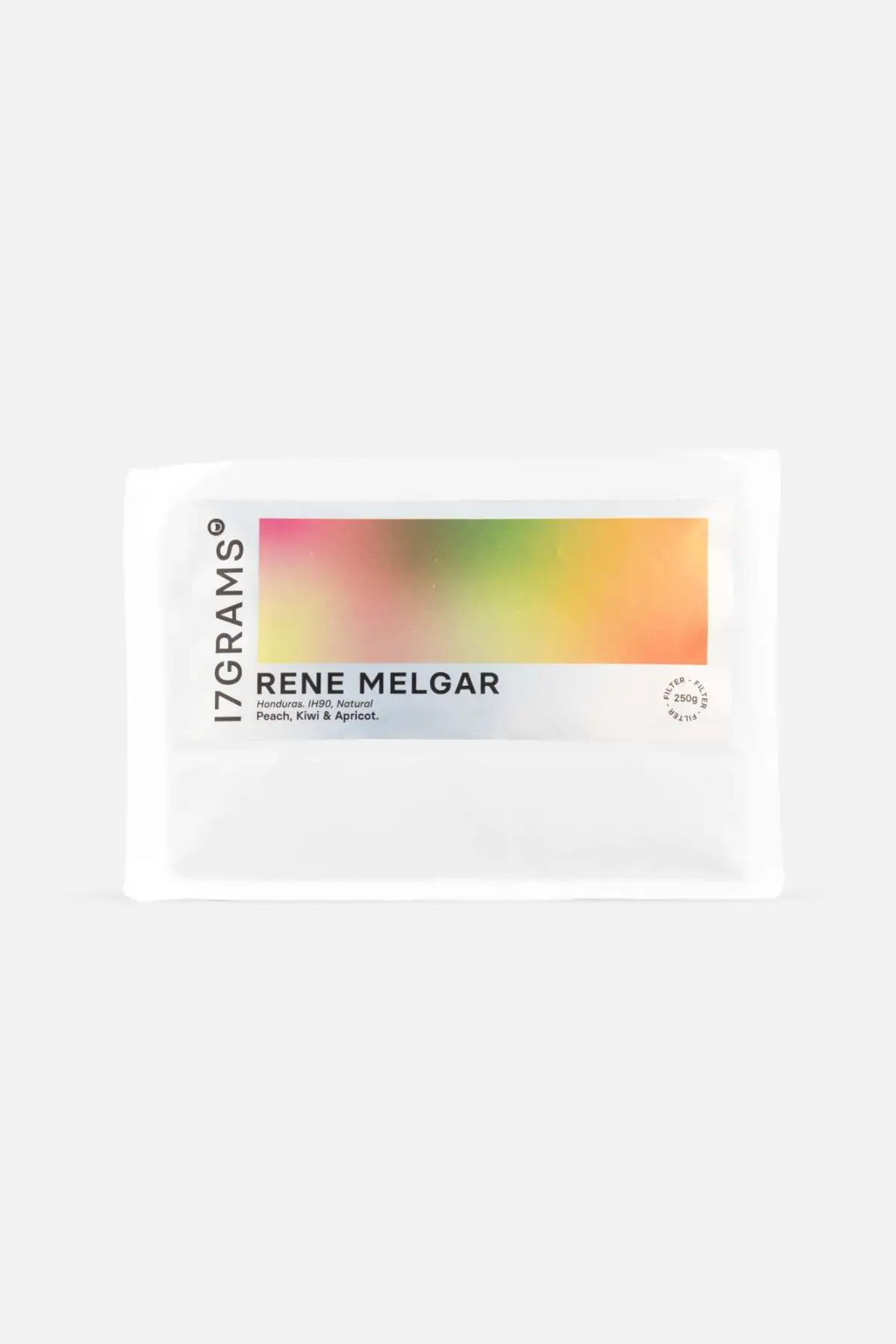
Rene Melgar, Honduras
£13.50
Yallah House Espresso, Nicaragua
£10.50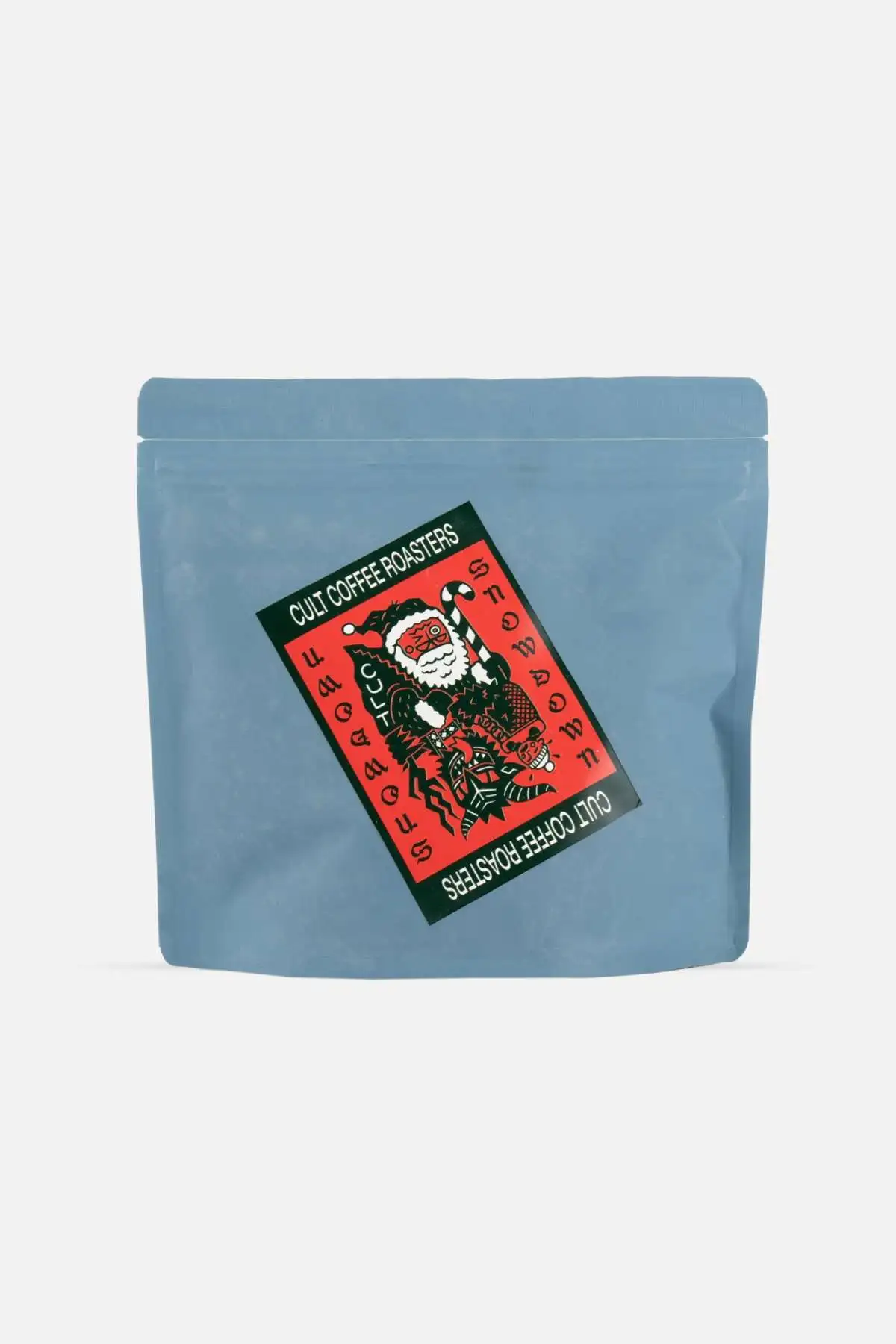
Snowdown, Indonesia
out of stock
Santa Claude, Rwanda
out of stock
Sip Snatcher, Ethiopia
out of stock
Yule Fuel, Mexico
out of stock
Bekele Kachara, Ethiopia
out of stock
Megadu, Ethiopia
out of stock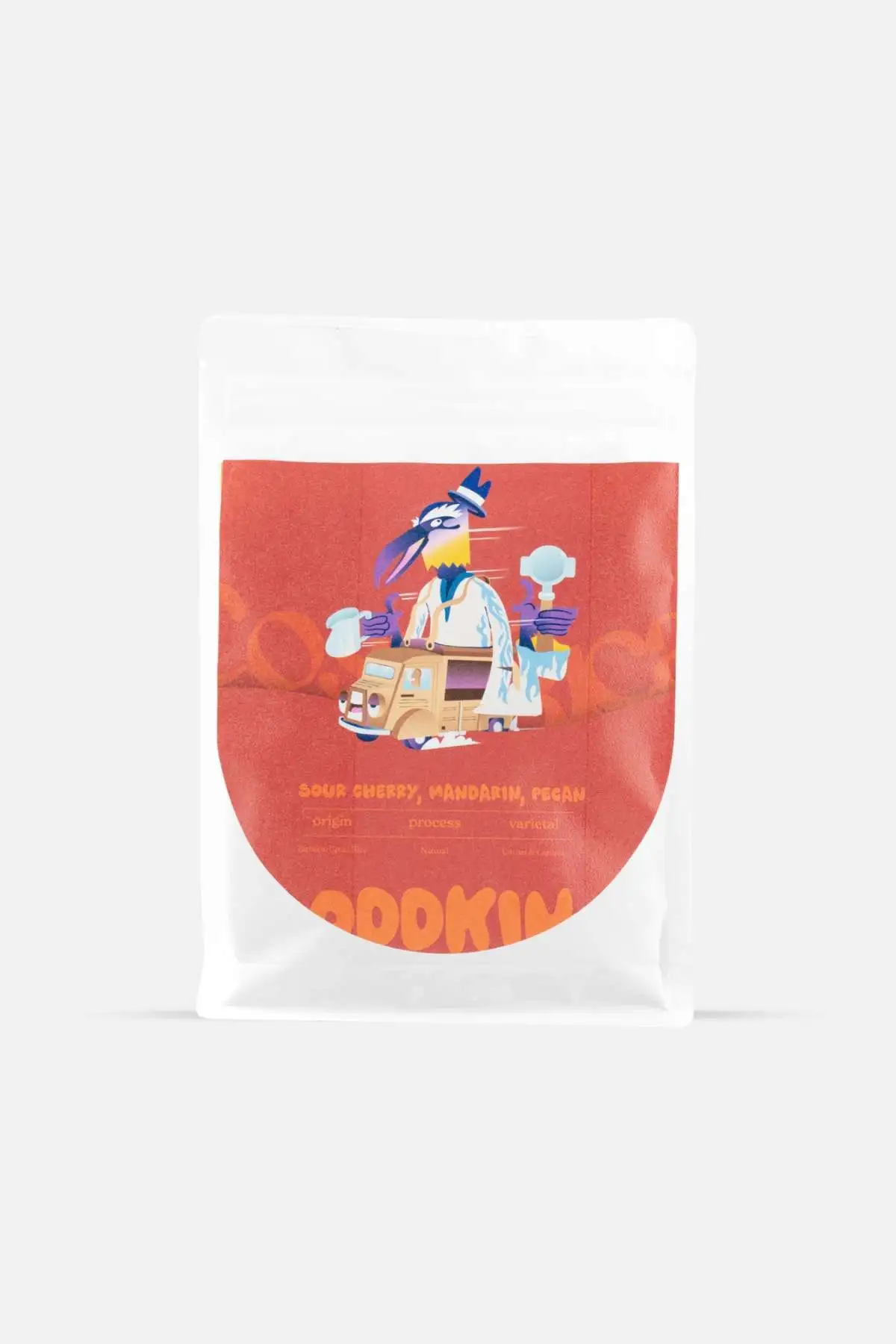
Las Palomas, Costa Rica
out of stock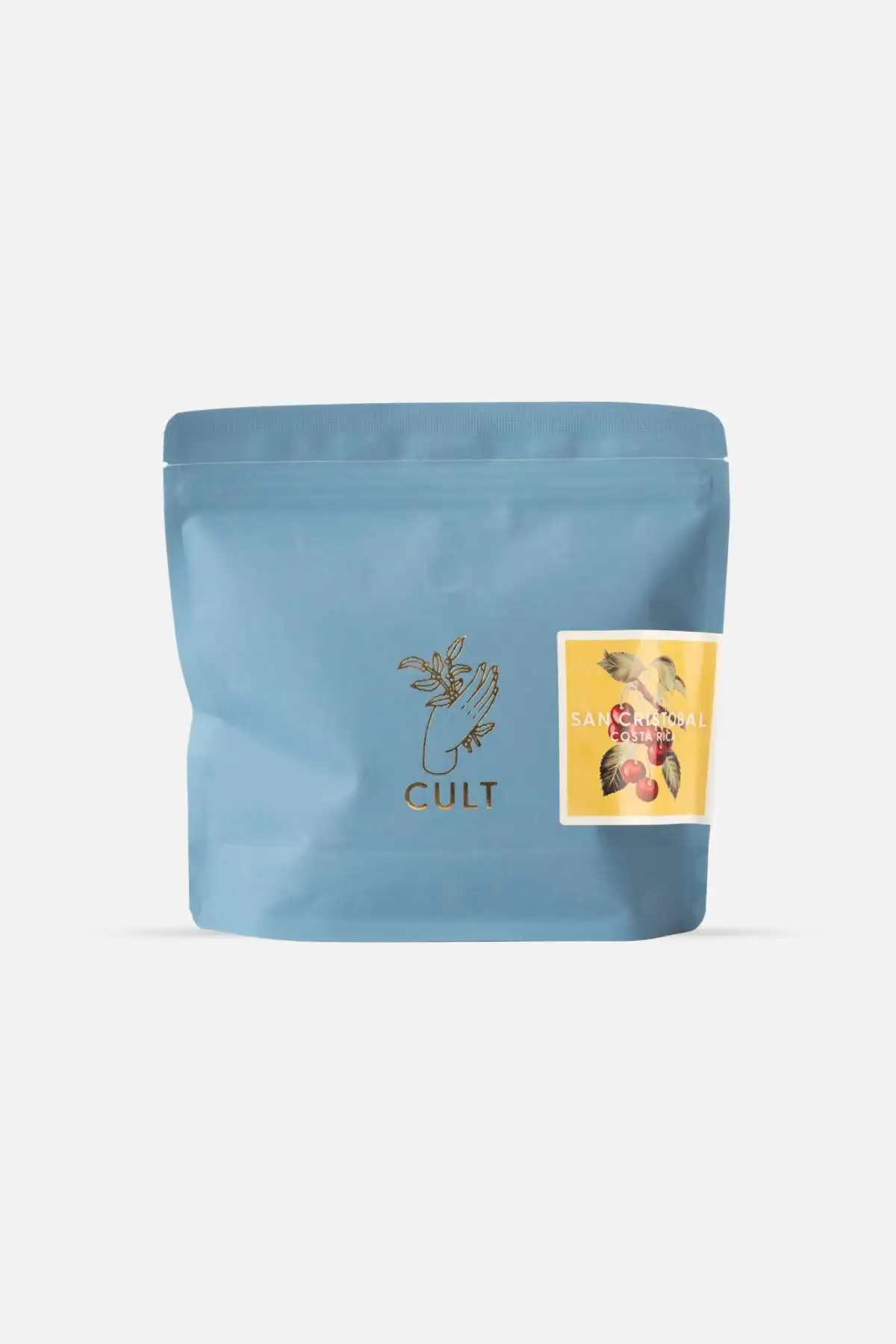
San Cristobal, Costa Rica
out of stock
La Fila, Costa Rica
out of stock
La Independencia, El Salvador
out of stock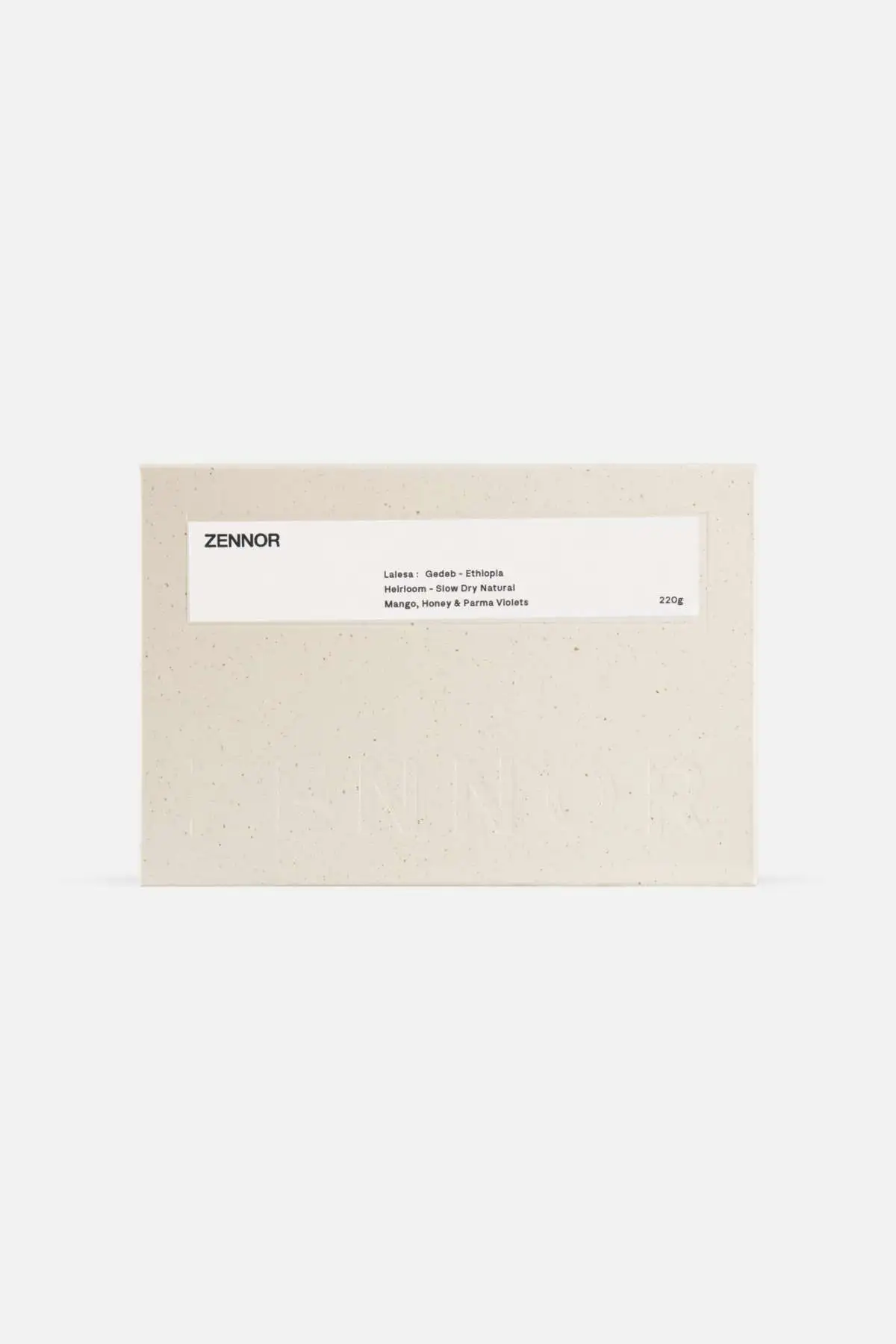
Lalesa, Ethiopia
out of stock
Bounce House, Ethiopia
out of stock
Luz Angela Rojas, Colombia
out of stock
Rubin Pianeta, Colombia
out of stock
Caballero La Tina, Honduras
out of stock
Migoti, Burundi
out of stock
Odako, Ethiopia
out of stock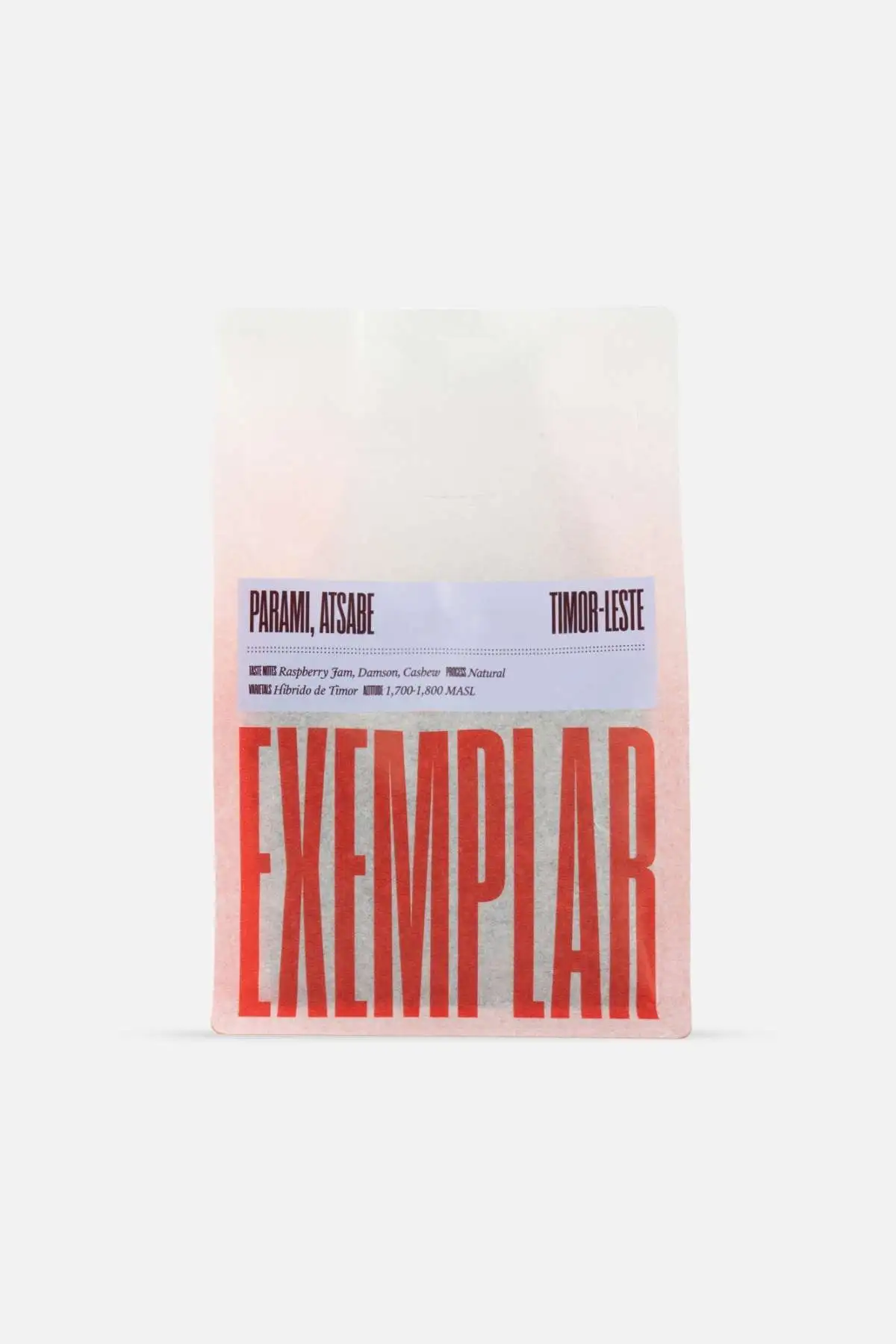
Parami, Timor Leste
out of stock
Masanganzira, Burundi
out of stock
Rugali, Rwanda
out of stock
Sitio 5 Estrelas, Brazil
out of stock
Hermanos Guerreros, Peru
out of stock
Jairo Arcila, Colombia
out of stock
Wahana Rasuna, Indonesia
out of stock
Musozi, Rwanda
out of stock
Gasharu, Rwanda
out of stock
Andrea Costa, Brazil
out of stock
Catanduva, Brazil
out of stock
Ibanda, Uganda
out of stock
Nerie, India
out of stock
Kilimbi, Rwanda
out of stock
Bumbogo, Rwanda
out of stock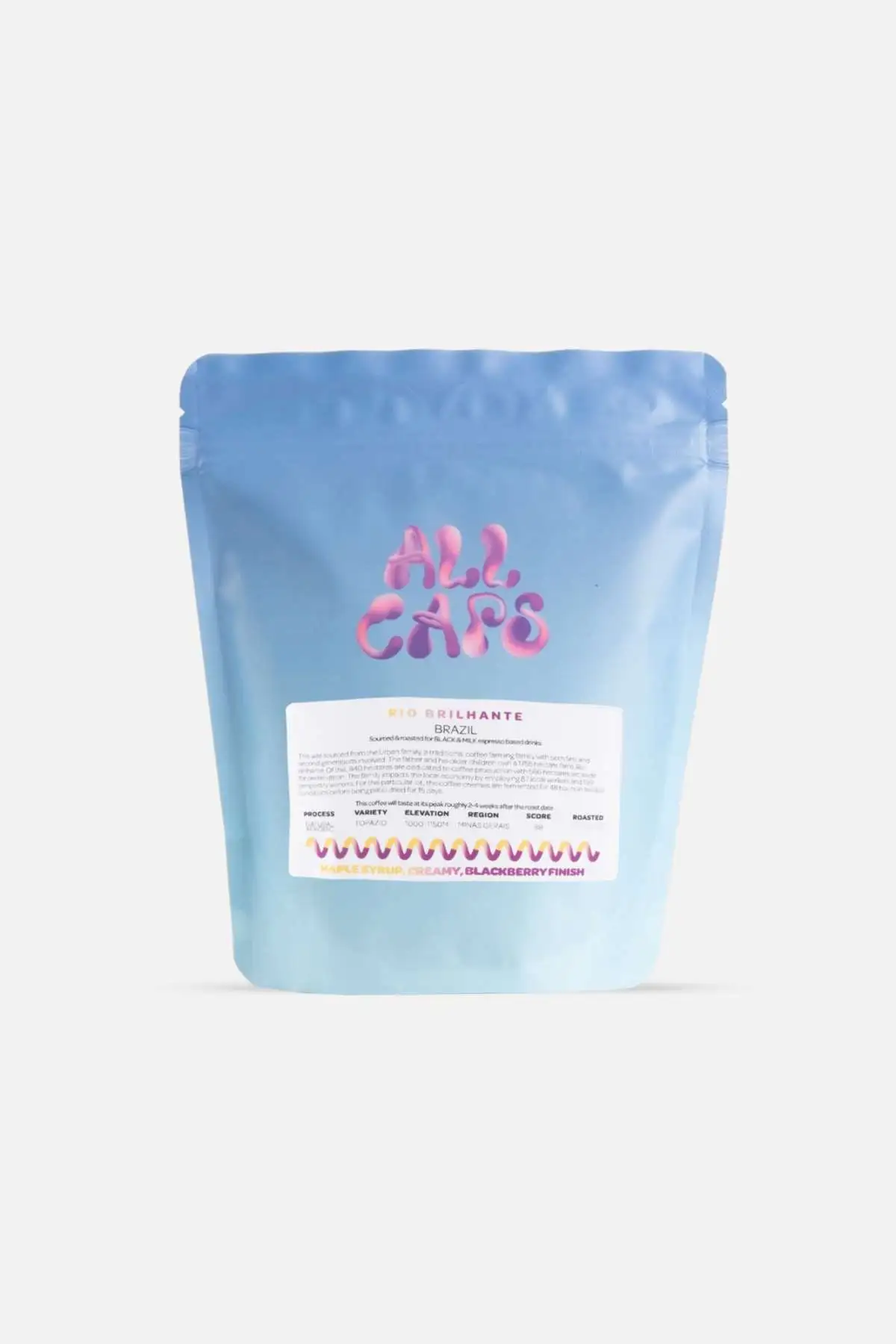
Rio Brilhante, Brazil
out of stock
Sitio Pinhal, Brazil
out of stock
Elisabete Martins, Brazil
out of stock
Kalledevarapura Estate, India
out of stock
Fuyan, China
out of stock
Efrain, Peru
out of stock
Genaro Perez, Mexico
out of stock
La Montana, Guatemala
out of stock
Yunnan 2.0, China
out of stock
Rototu, Timor Leste
out of stock
Tomas Gamano, Ethiopia
out of stock
Cyesha, Rwanda
out of stock
Team Pegasing, Indonesia
out of stock
Anthracite Espresso, Uganda
out of stock
Mohammad Abu Nura, Ethiopia
out of stock
Sao Silvestre, Brazil
out of stock
Kyondo, Uganda
out of stock
Freddy Orantes, Guatemala
out of stock
Brumas del Zurqui, Costa Rica
out of stock
Sebastian Gomez, Colombia
out of stock
Bukonzo Dream, Uganda
out of stock
Fazenda Cerrado Grande, Brazil
out of stock
Fazenda Aracaçu, Brazil
out of stock
Xmas Blend, Peru
out of stock
Fénix Gesha, Colombia
out of stock
Candy Cane, Panama
out of stock
Deep Winter, Brazil
out of stock
Waylan, Colombia
out of stock
Boza Sisters Maragogype, El Salvador
out of stock
Las Palomas, Costa Rica
out of stock
Lagoinha Farm, Brazil
out of stock
Rumudamo, Ethiopia
out of stock
Mió Lot 1952, Brazil
out of stock
Tío Juan, Costa Rica
out of stock
Dbarbosa, Brazil
out of stock
Diima Danche, Ethiopia
out of stock
Ywangan, Myanmar
out of stock
SIPRO, Mexico
out of stock
Wayfarer, Myanmar
out of stock
Sítio Baixão da Serra, Brazil
out of stock
Teofilo Jose Rodriguez, Nicaragua
out of stock
Sipi Falls, Uganda
out of stock
Pulp Fiction - Finca Maracay, Colombia
out of stock
La Guachaca, El Salvador
out of stock
Beloya, Ethiopia
out of stock
Fudge Cake- Fazenda pantano, Brazil
out of stock
Fazendas Rancharia + Rubiacev, Brazil
out of stock
Geisha Hermel Alvarez, Colombia
out of stock
Espirito Santo, Brazil
out of stock
San Pedro, Mexico
out of stock
Santa Luzia, Brazil
out of stock
Bukonzo Dream, Uganda
out of stock
Nafkot Admasu, Ethiopia
out of stock
Cancado Peaberry, Brazil
out of stock
Wosasa, Ethiopia
out of stock
Gelanabaya, Ethiopia
out of stock
Mirado, Ethiopia
out of stock
Villamaria, Colombia
out of stock
Shyira Natural, Rwanda
out of stock
Fazenda Barrinha, Brazil
out of stock
Aricha, Ethiopia
out of stock
Tirra F1, Costa Rica
out of stock
Kanyinya Hill, Burundi
out of stock
Limber Ezequiel, Mexico
out of stock
Baristocracy, Uganda
out of stock
Nahual, Brazil
out of stock
La Huella, Panama
out of stock
The Lady, Myanmar
out of stock
RAEK Katana, DR Congo
out of stock
Sitio Penha, Brazil
out of stock
Finca San Francisco, El Salvador
out of stock
Finca San Jose, El Salvador
out of stock
Izuba Kigeri, Burundi
out of stock
Book Club, India
out of stock
Shoondhisa, Ethiopia
out of stock
Sunchaser, Kenya
out of stock
Head Trip, Uganda
out of stock
Burtukaana Siko, Ethiopia
out of stock
Sitio Lagoa, Brazil
out of stock
Londrina, Brazil
out of stock
Buliye Lot 2, Ethiopia
out of stock
Naginzole Bulambuli, Uganda
out of stock
Doondu AB, Kenya
out of stock
Atsabe, Timor Leste
out of stock
Dbarbosa Peaberry, Brazil
out of stock
Fazenda Bom Successo, Brazil
out of stock
Burtukaana Bombe, Ethiopia
out of stock
Brazil Classico
out of stock
Half Moon Lane, El Salvador
out of stock
Kuli Gap, Papua New Guinea
out of stock
Birbisa, Ethiopia
out of stock
Baristocracy, Nicaragua
out of stock
Campos Das Vertentes, Brazil
out of stock
Juicebox, Ethiopia
out of stock
Lulo, Ethiopia
out of stock
Kalingwe, Uganda
out of stock
Fazenda Serra Negra, Brazil
out of stock
Brazil Montanari 1kg
out of stock
Sitio Gameleo Natural, Brazil
out of stock
Finca La Bolsa Natural, Guatemala
out of stock
Montanari, Brazil
out of stock
Cyato Anaerobic Natural, Rwanda
out of stock
Indigo Mountain, Myanmar
out of stock
Mozonte, Nicaragua
out of stock
House Party Coffee pods
out of stock
Fazenda Rainha Da Paz, Brazil
out of stock
El Carmen, Colombia
out of stock
Migoti Hill Lot 2, Burundi
out of stockSparkling Water Decaf
This chemical-free decaffeination method uses CO2 to gently remove the caffeine molecules from coffee while keeping hold of the flavour.

Single Origin CO2 Decaf 1kg Big bag, Brazil
out of stock
Pilgrims Decaf, Peru
out of stock
Single Origin CO2 Decaf, Brazil
out of stockSugarcane Decaf
This traditional Colombian decaffeination process involves using compounds from fermented sugarcane to remove caffeine from coffee beans.
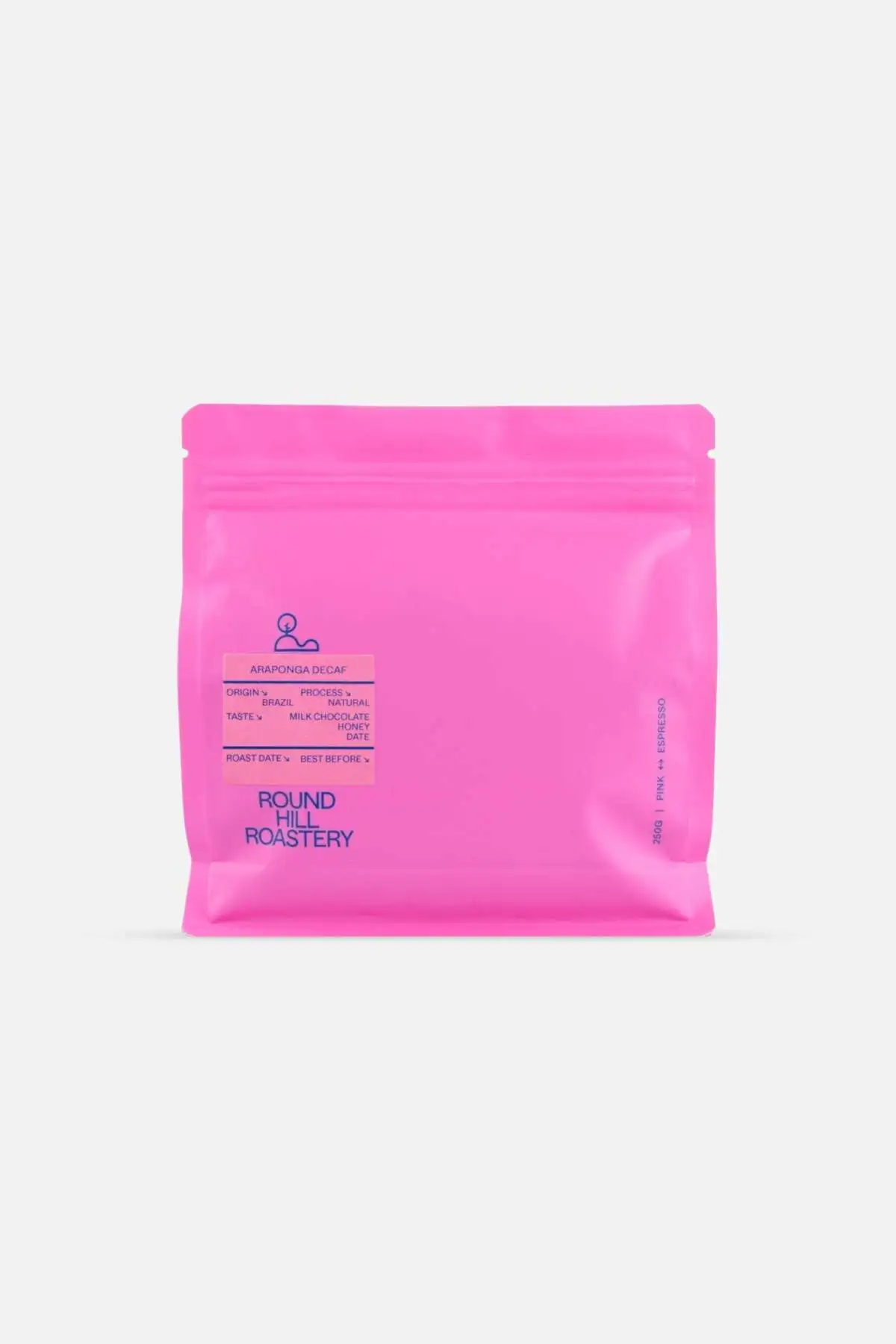
Araponga Decaf, Brazil
£11.50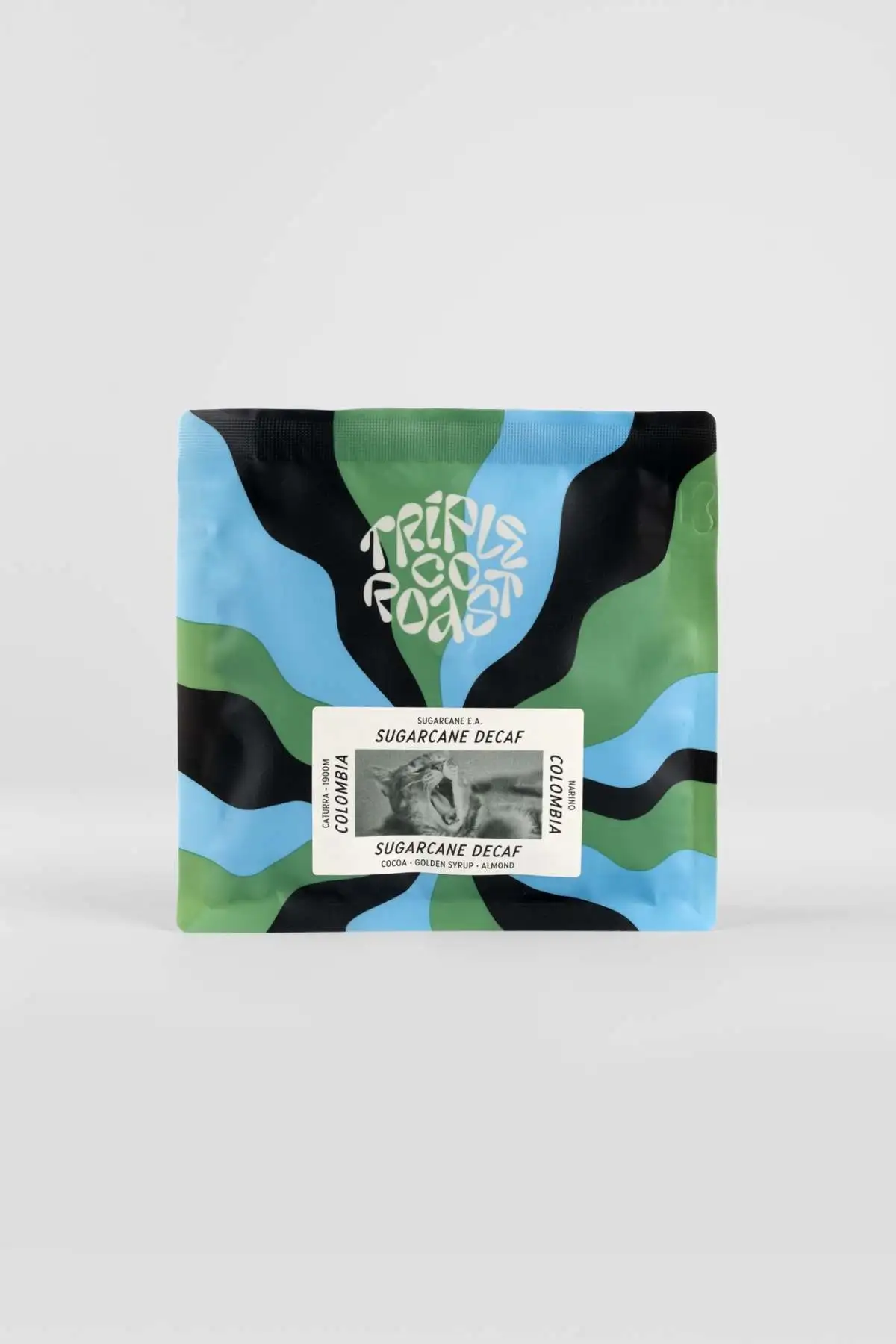
Sugarcane Decaf, Colombia
£10.50
El Carmen Decaf Capsules, Colombia
£9.00
Huila-Cauca Decaf Blend, Colombia
out of stock
El Carmen Decaf, Colombia
out of stock
Camionetta Decaf, Colombia
out of stock
Galeras Decaf, Colombia
out of stockSwiss Water Decaf
The Swiss Water process is an organic, chemical-free method of decaffeination discovered in the 1930s in Switzerland that uses a solution called Green Coffee Extract (GCE) to remove caffeine for high quality decaf.
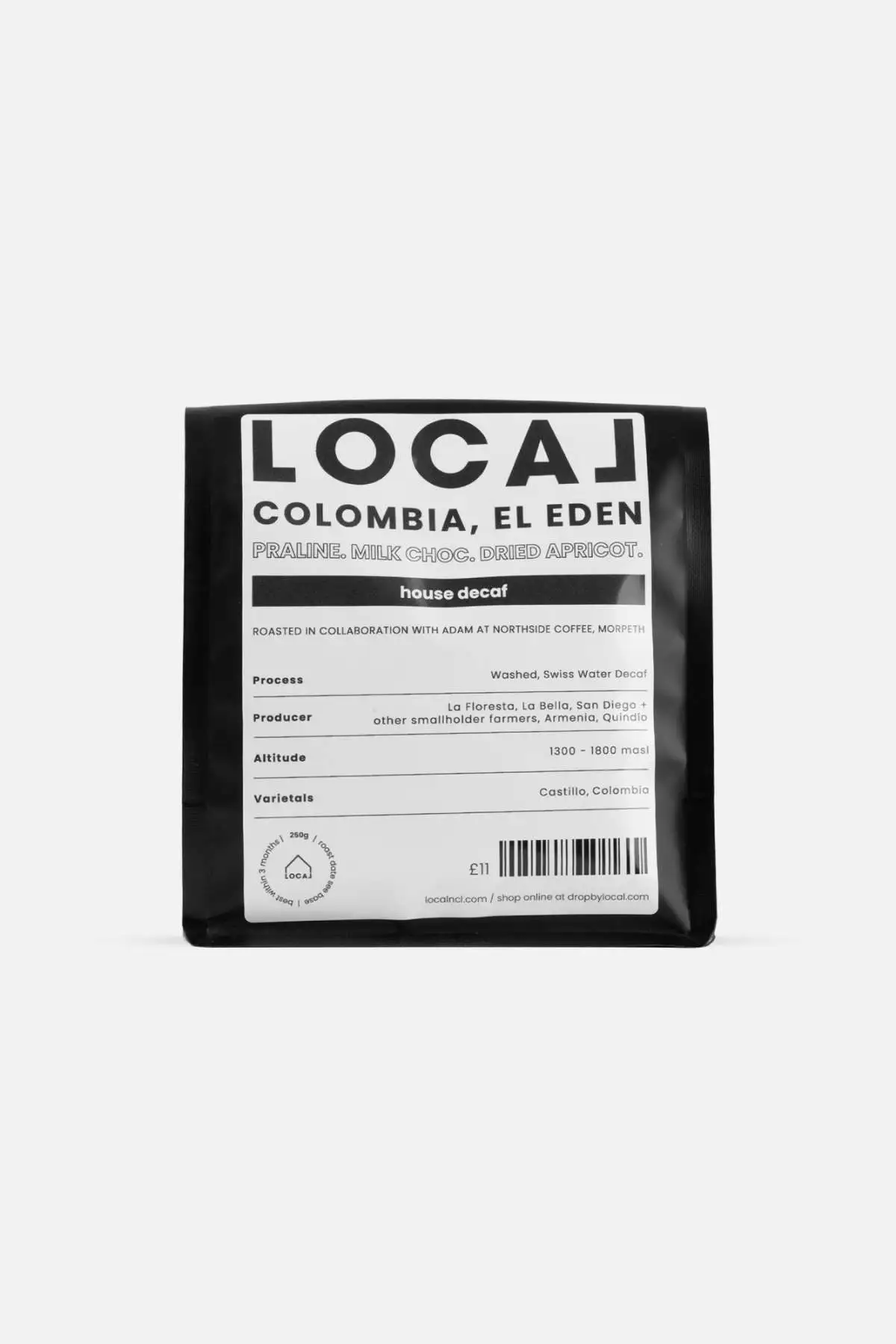
LOCAL House Decaf - El Eden, Colombia
£11.00
Nightrider Decaf, Brazil
out of stock
Decaf Brew, Brazil
out of stockWashed
Clean tasting and consistent, washed coffees are cleaned of all fruit before drying. Washing reduces the risk of defects and is often less labor intensive than natural process coffee.

LOCAL House Espresso - El Eden, Colombia
£11.00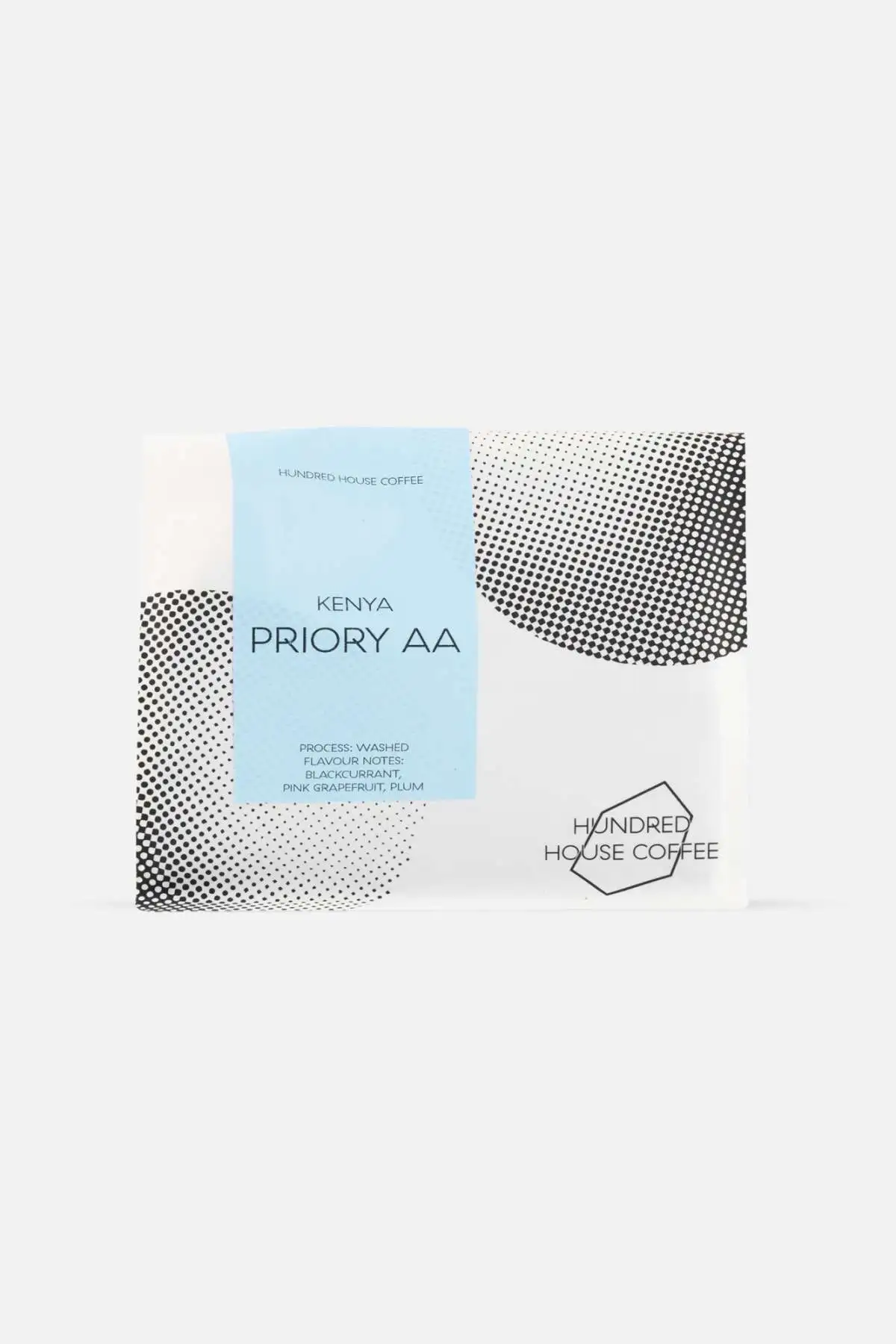
Priory, Kenya
£14.00
Beriti, Ethiopia
£11.50
Finca Hamburgo, Mexico
£10.50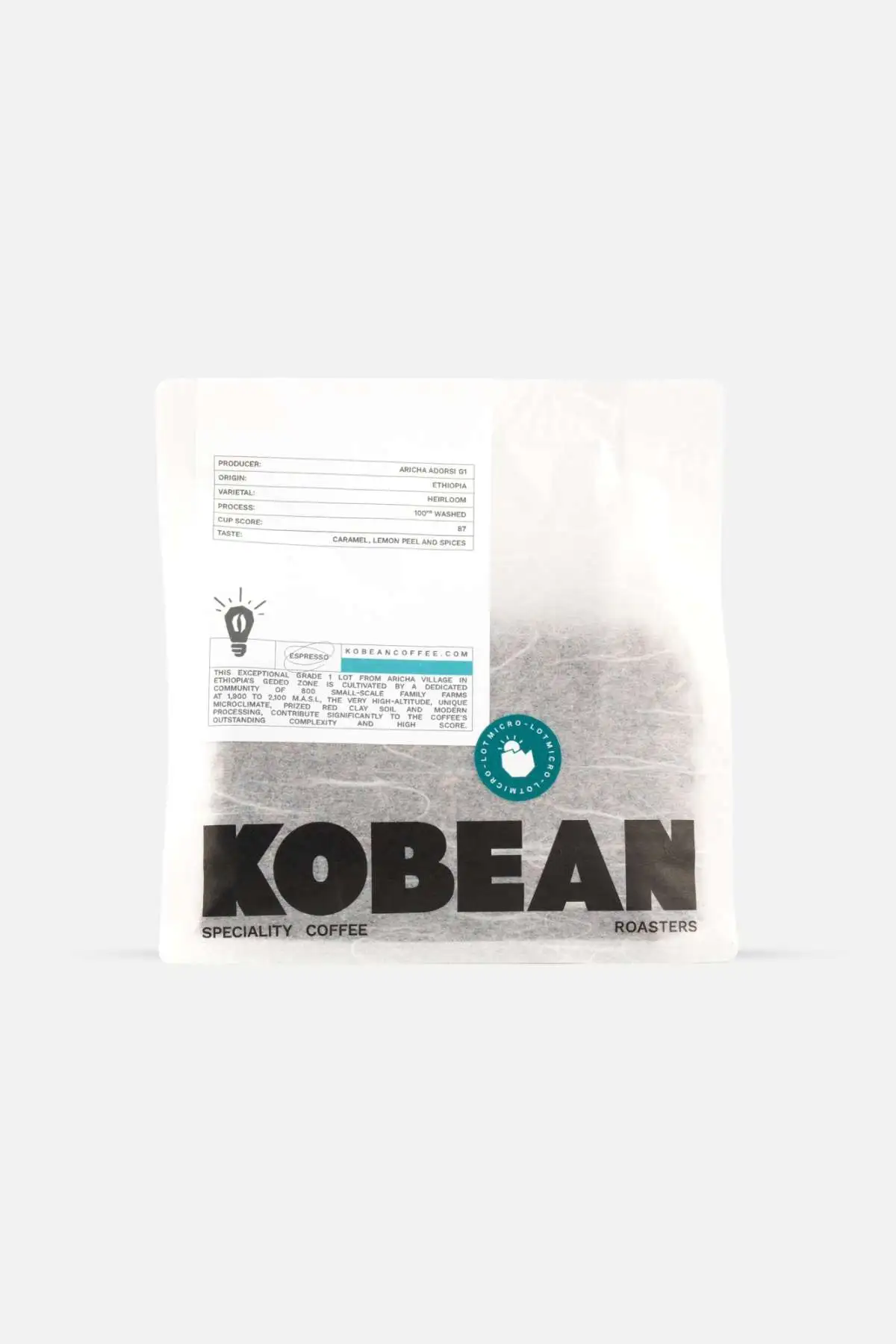
Aricha Adorsi, Ethiopia
£11.50
Villa Maria Red, Colombia
£12.00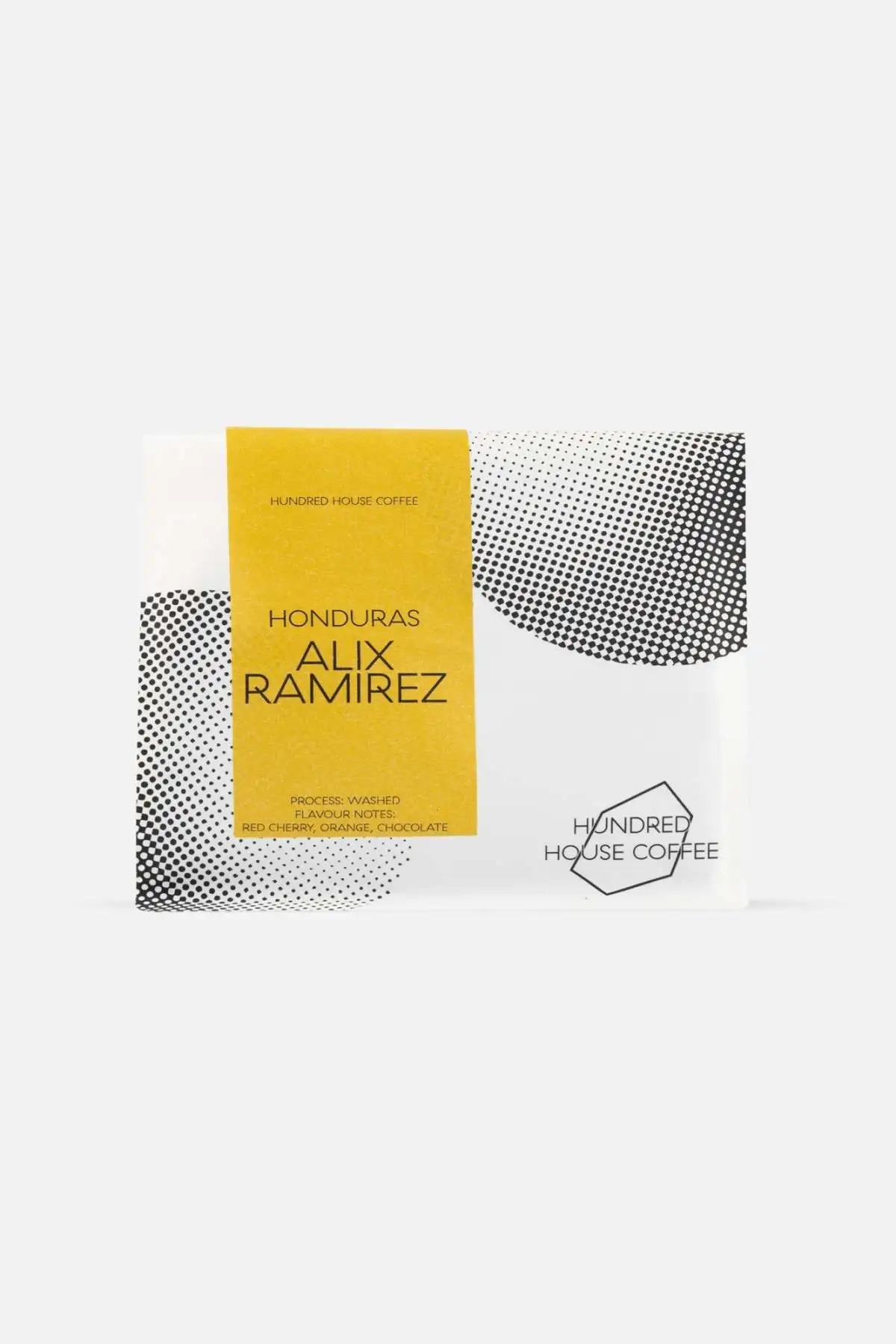
Alix Ramirez, Honduras
£12.00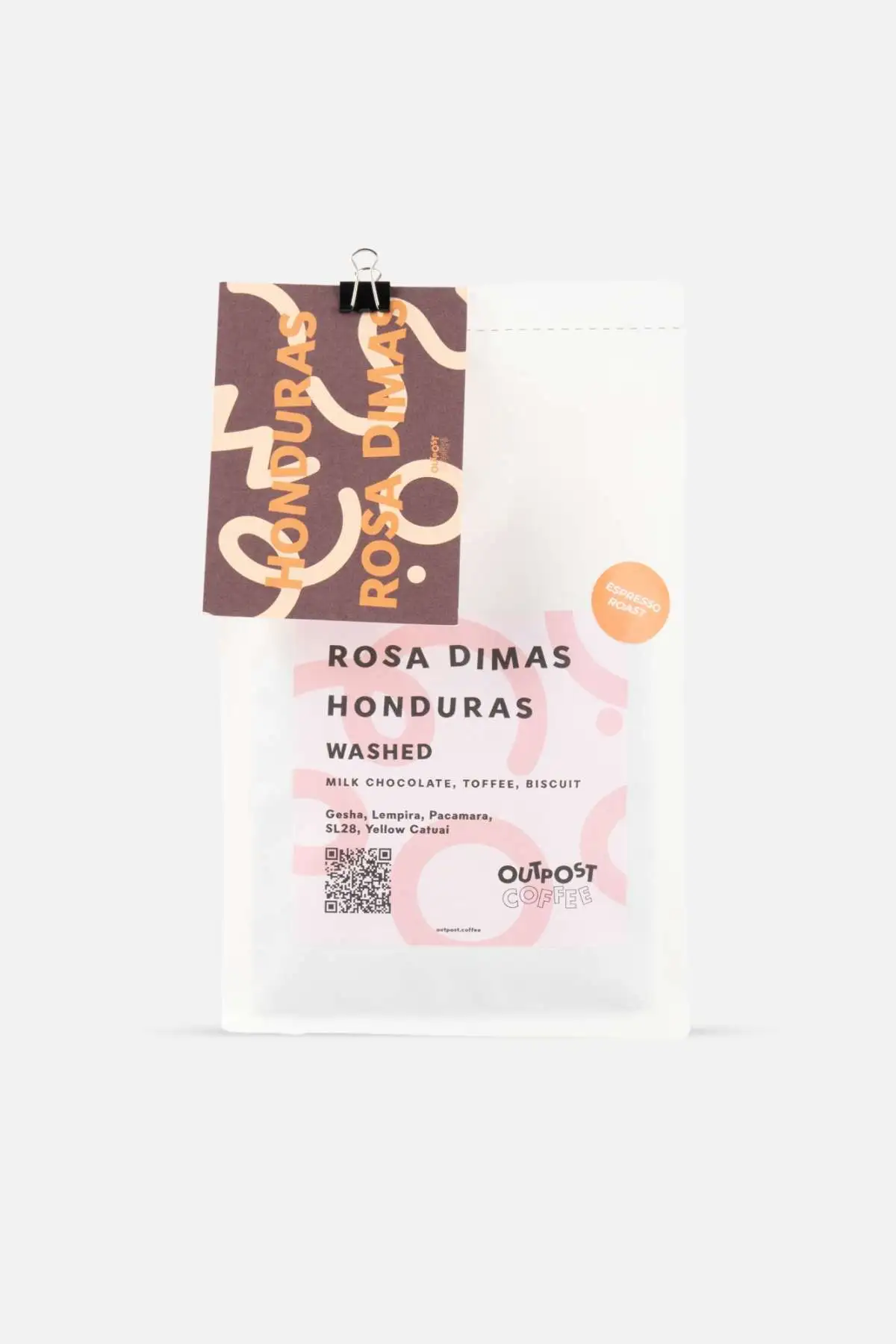
Rosa Dimas, Honduras
£11.50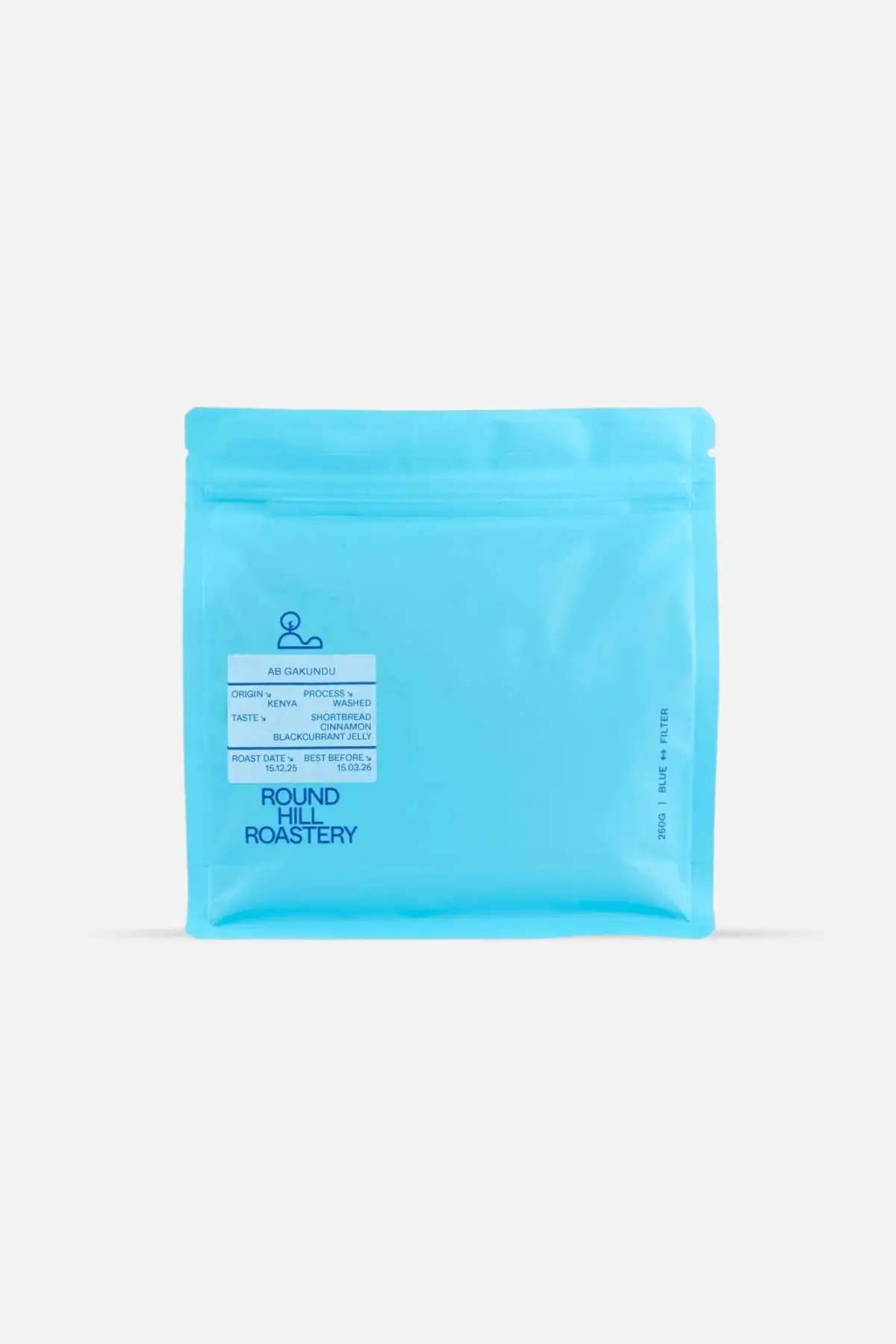
Gakundu, Kenya
£14.00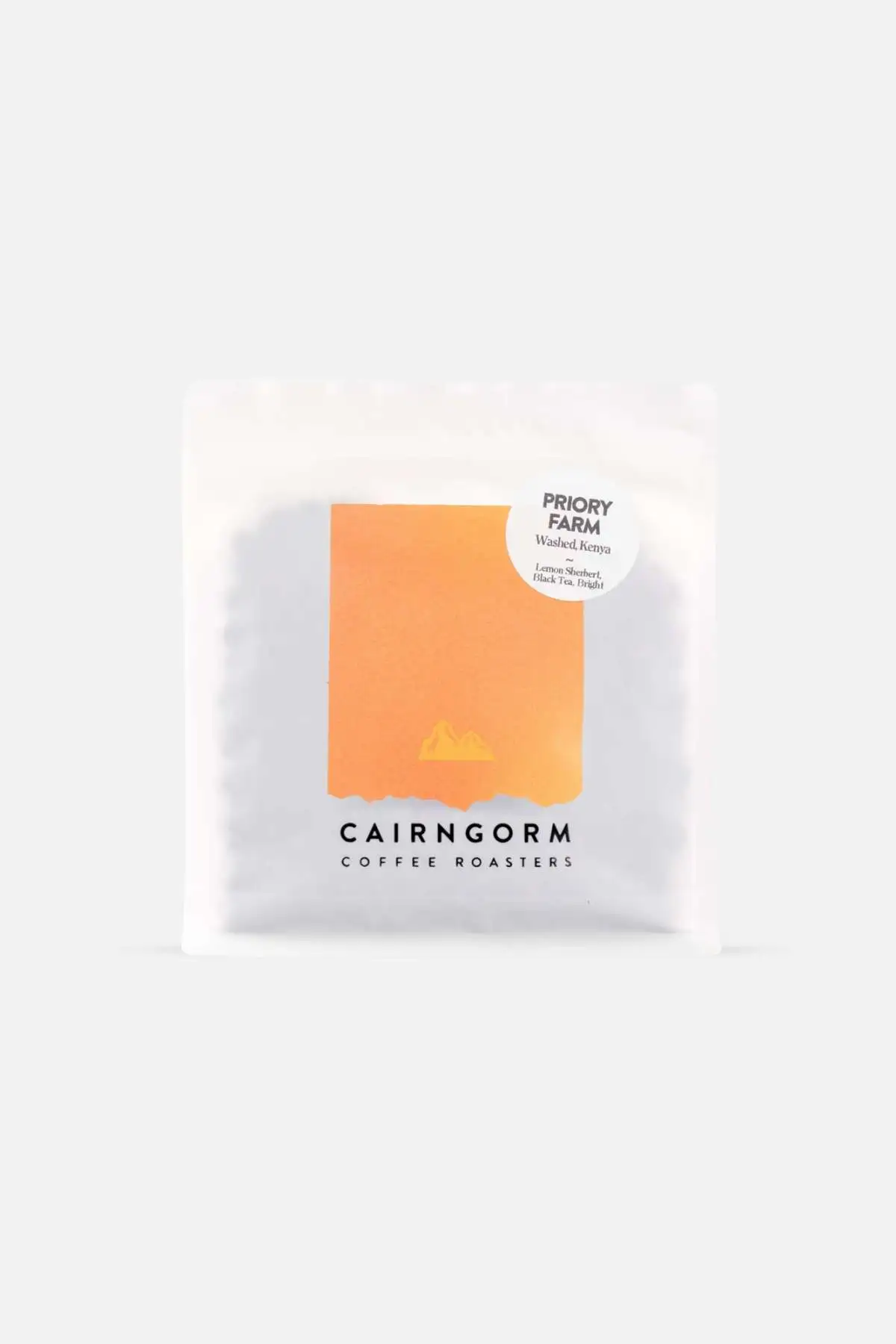
Priory Farm, Kenya
£11.00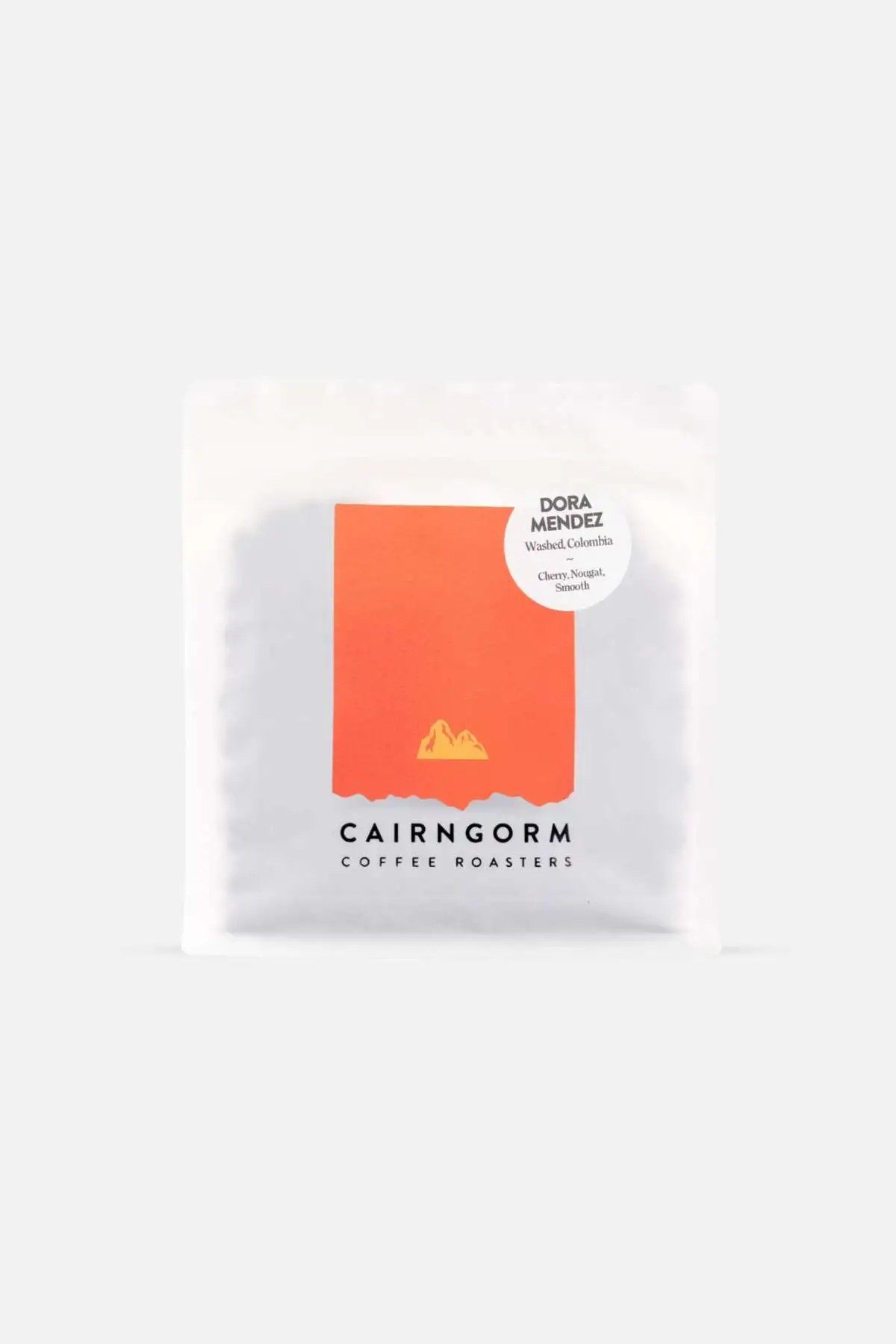
Dora Mendez, Colombia
£12.00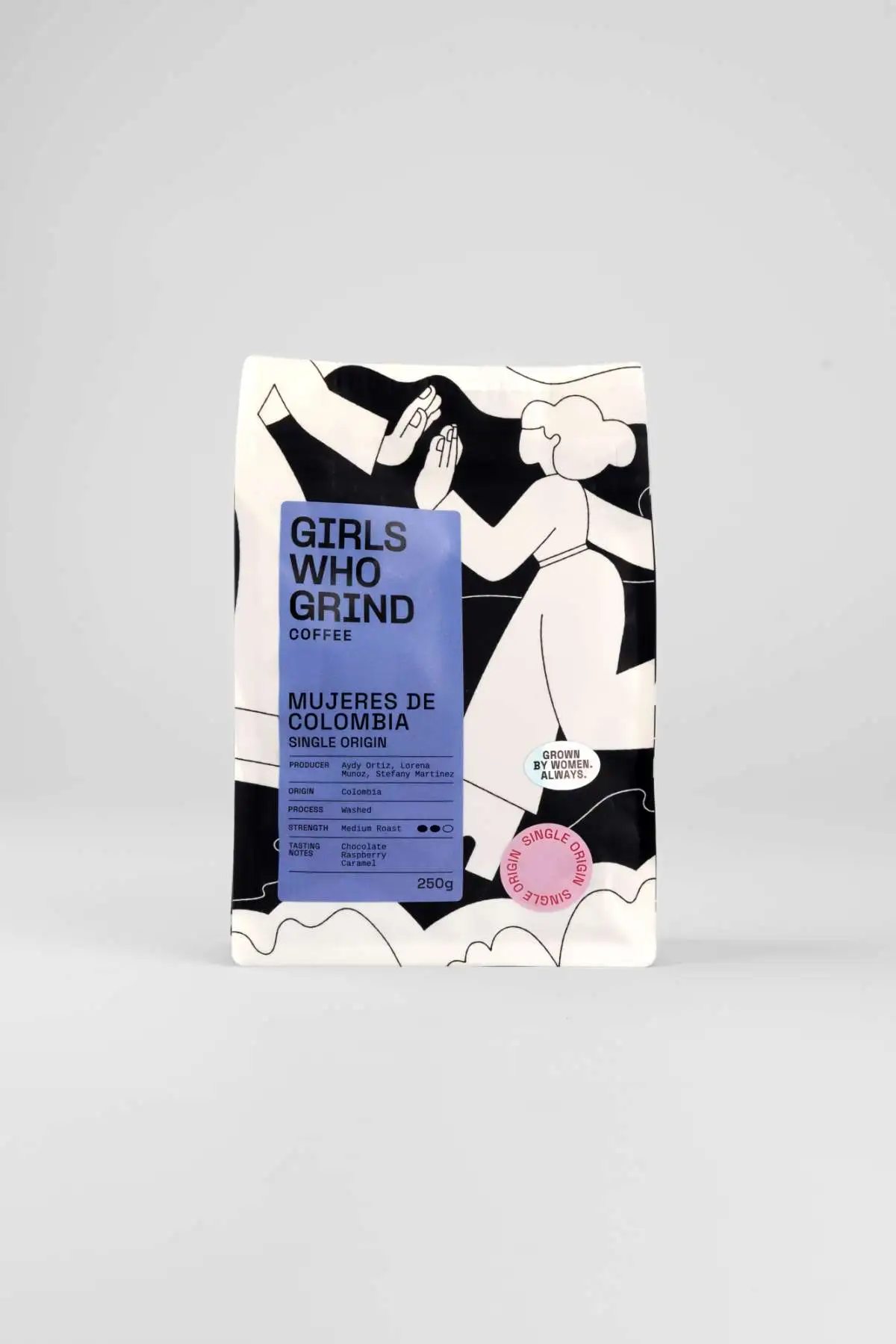
Mujeres de Colombia, Colombia
£12.50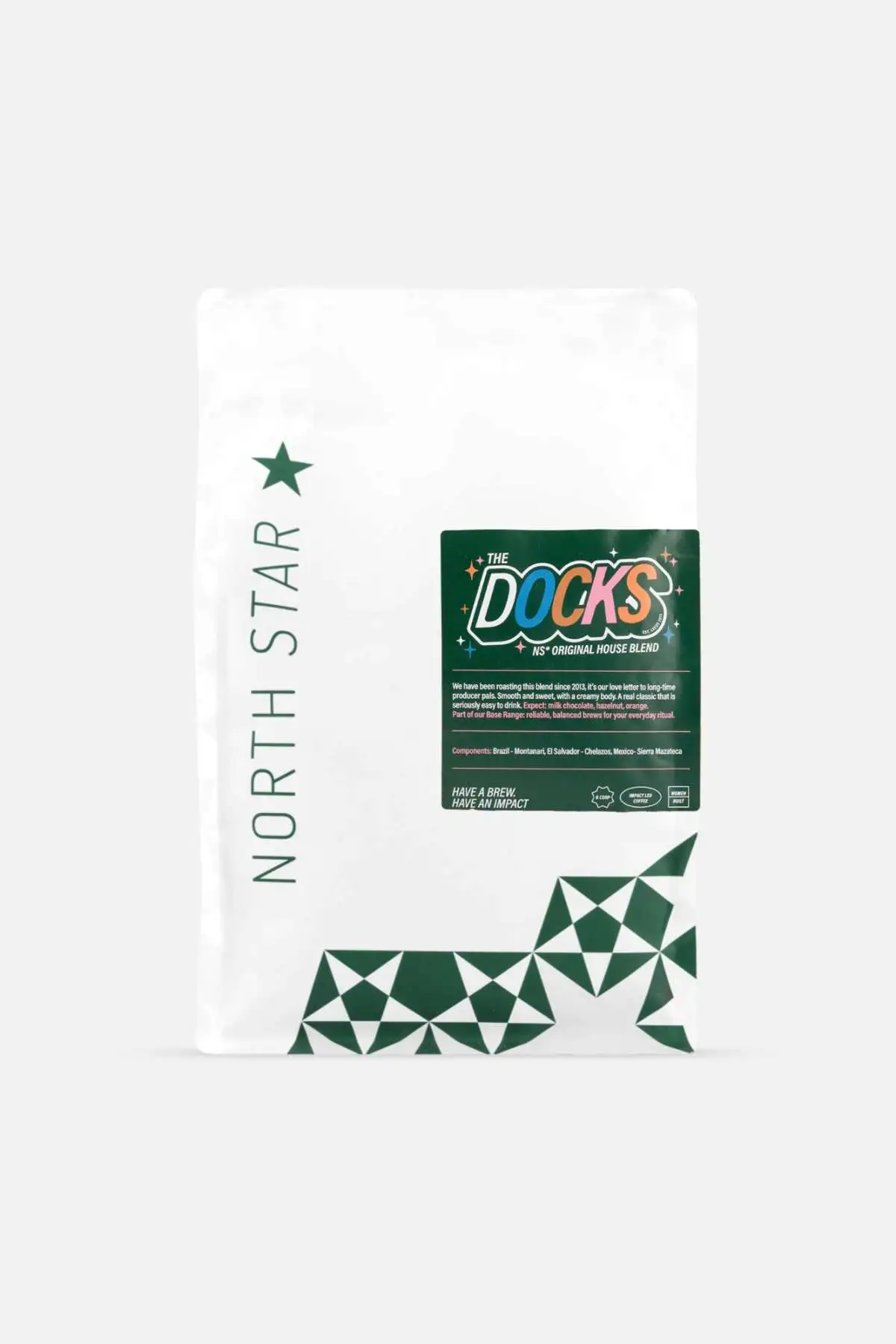
The Docks 1kg Big Bag
£32.00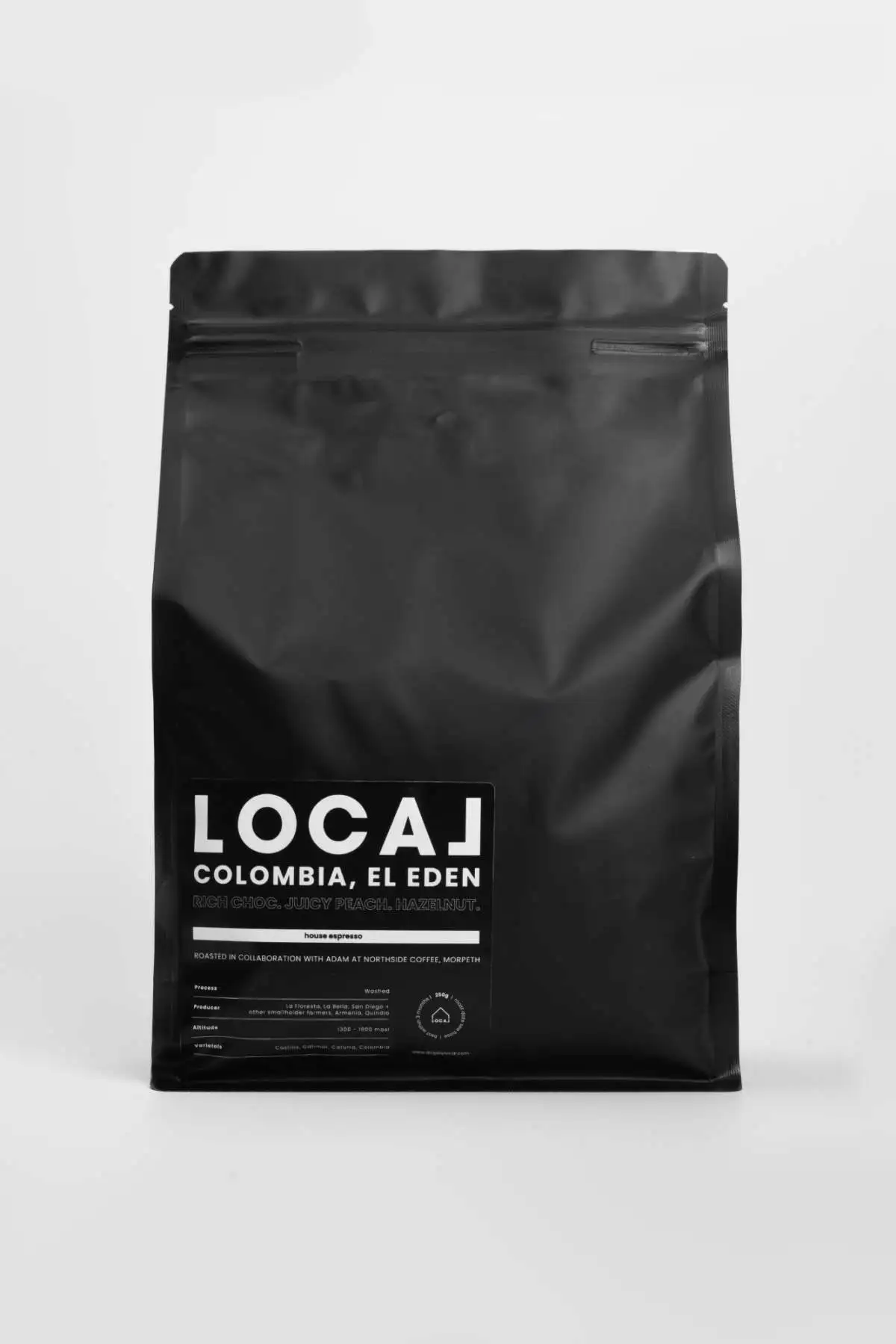
LOCAL House Espresso 1KG Big Bag- El Eden, Colombia
£28.00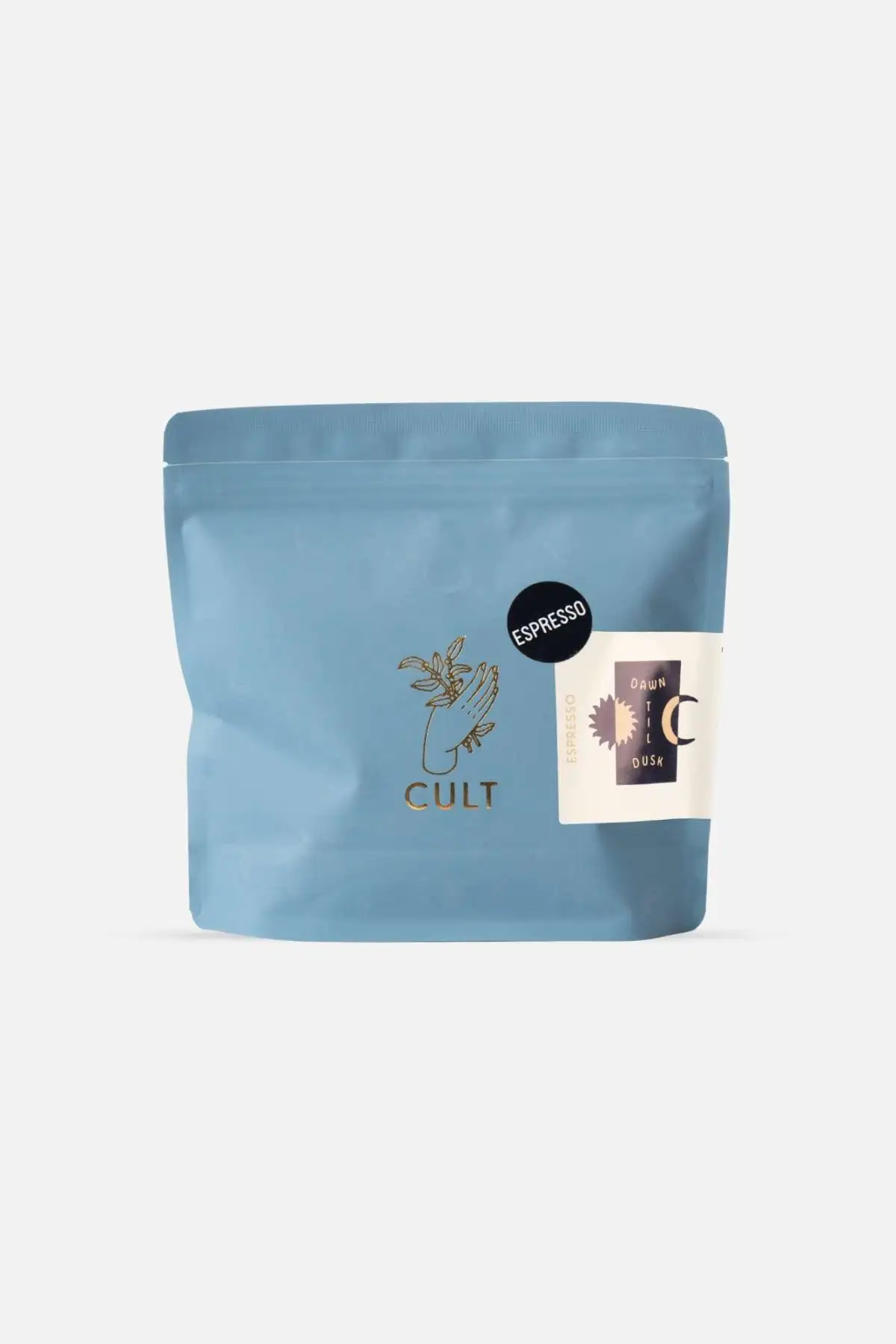
Dawn Til Dusk, Colombia
£11.00
Ñuu Davii, Mexico
£14.00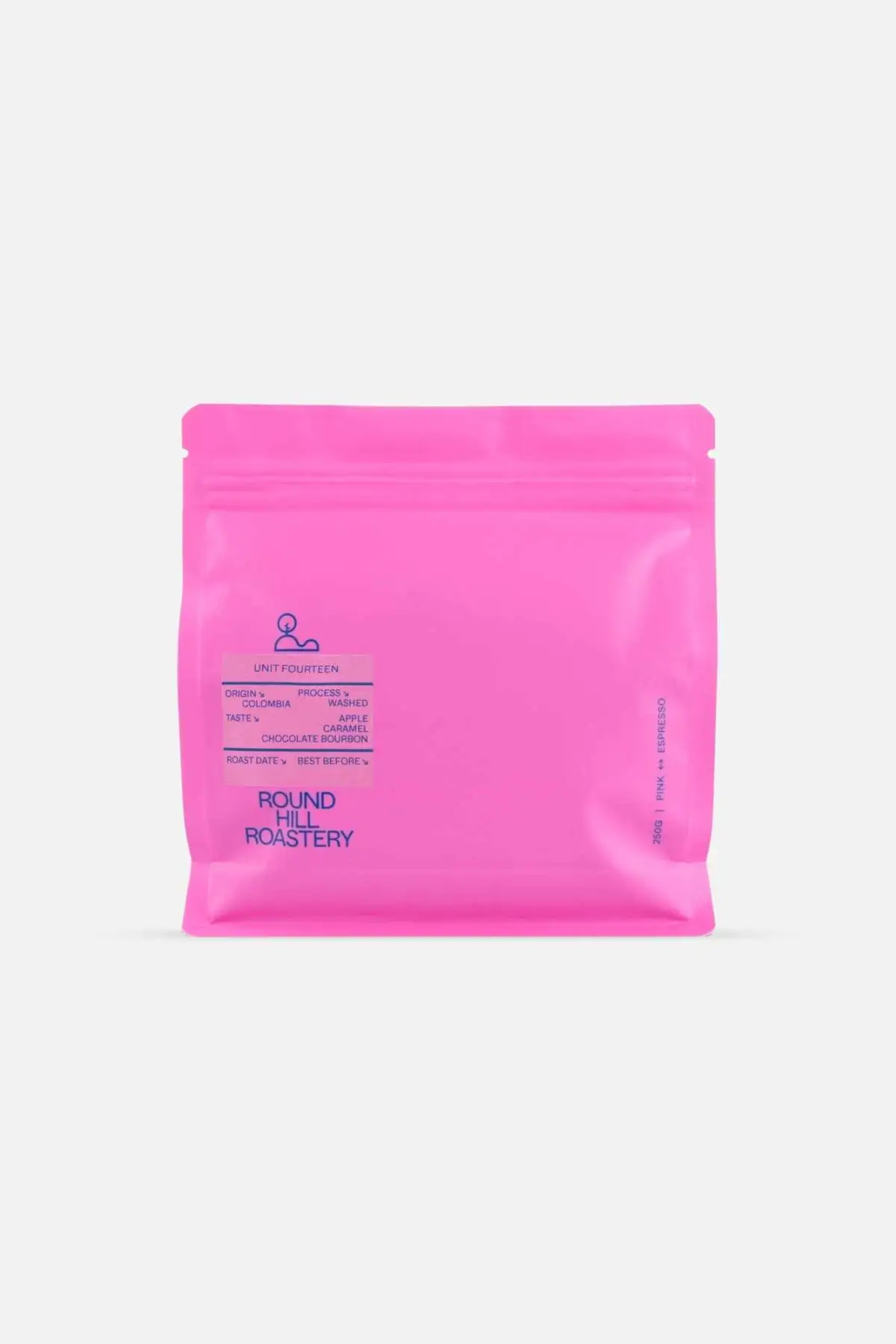
Unit Fourteen, Colombia
£11.50
Leyla, Peru
£12.00
Origin Blend - 1kg Big Bag
£36.00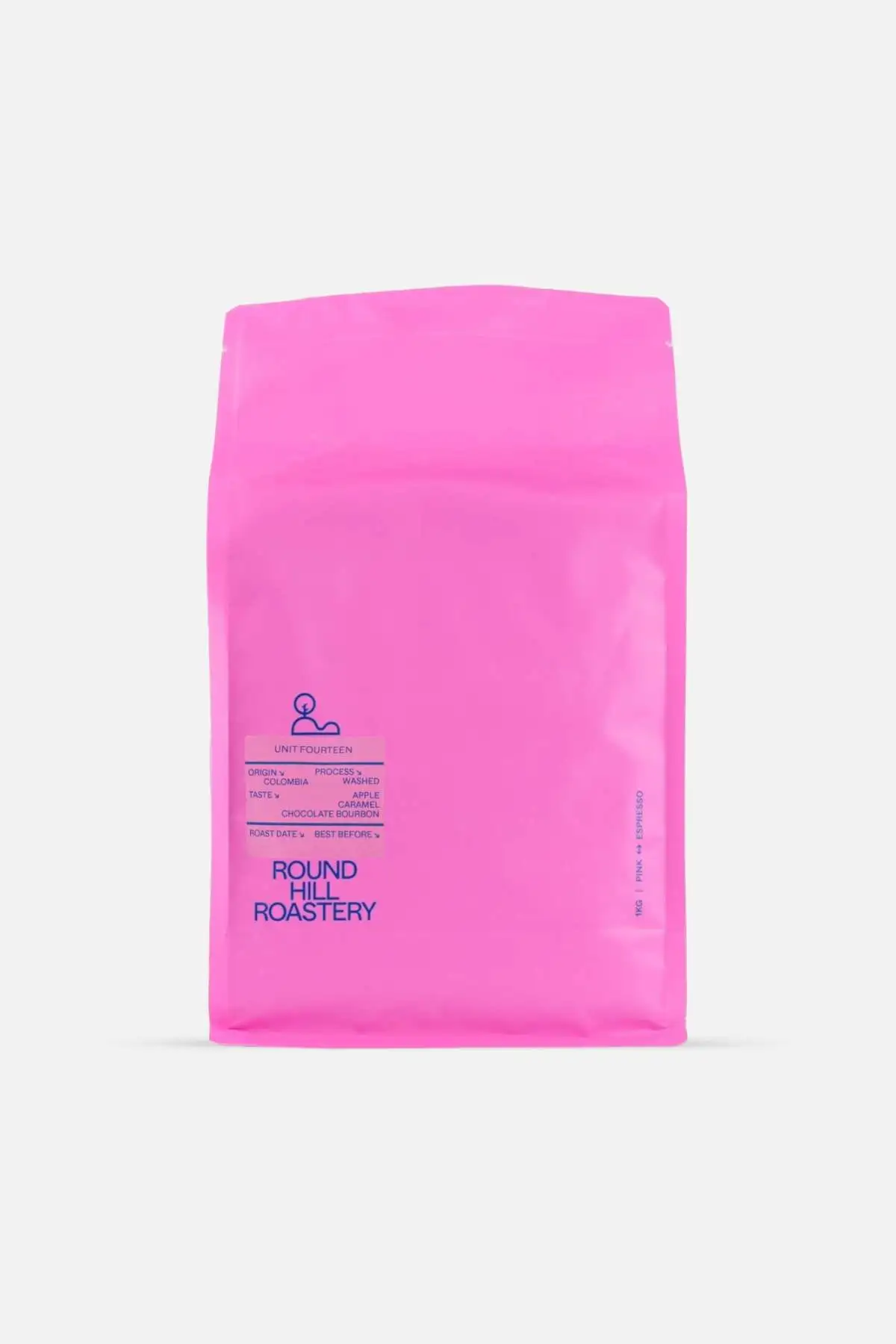
Unit Fourteen 1kg Big Bag, Costa Rica
£35.00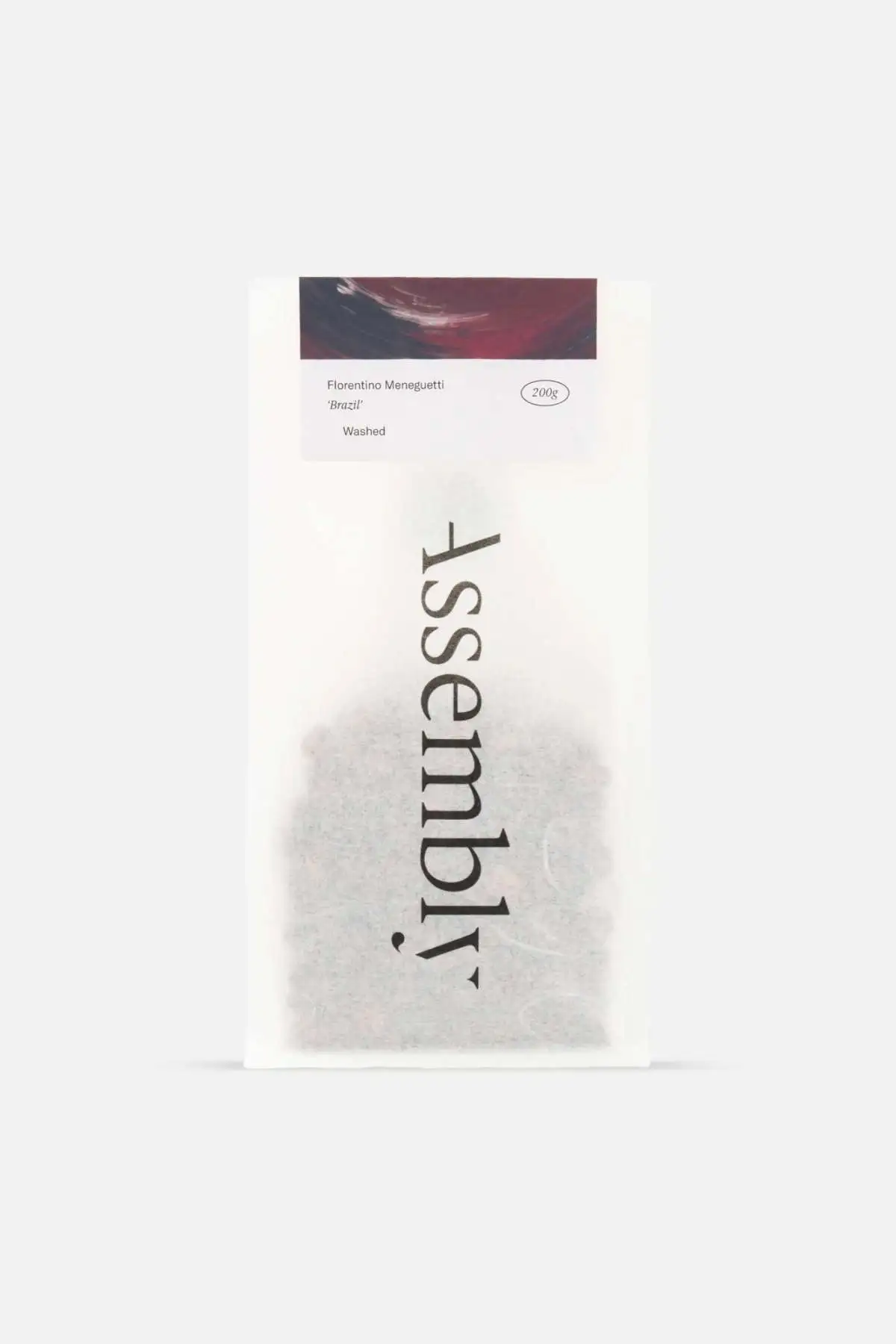
Florentino Meneguetti, Brazil
£12.00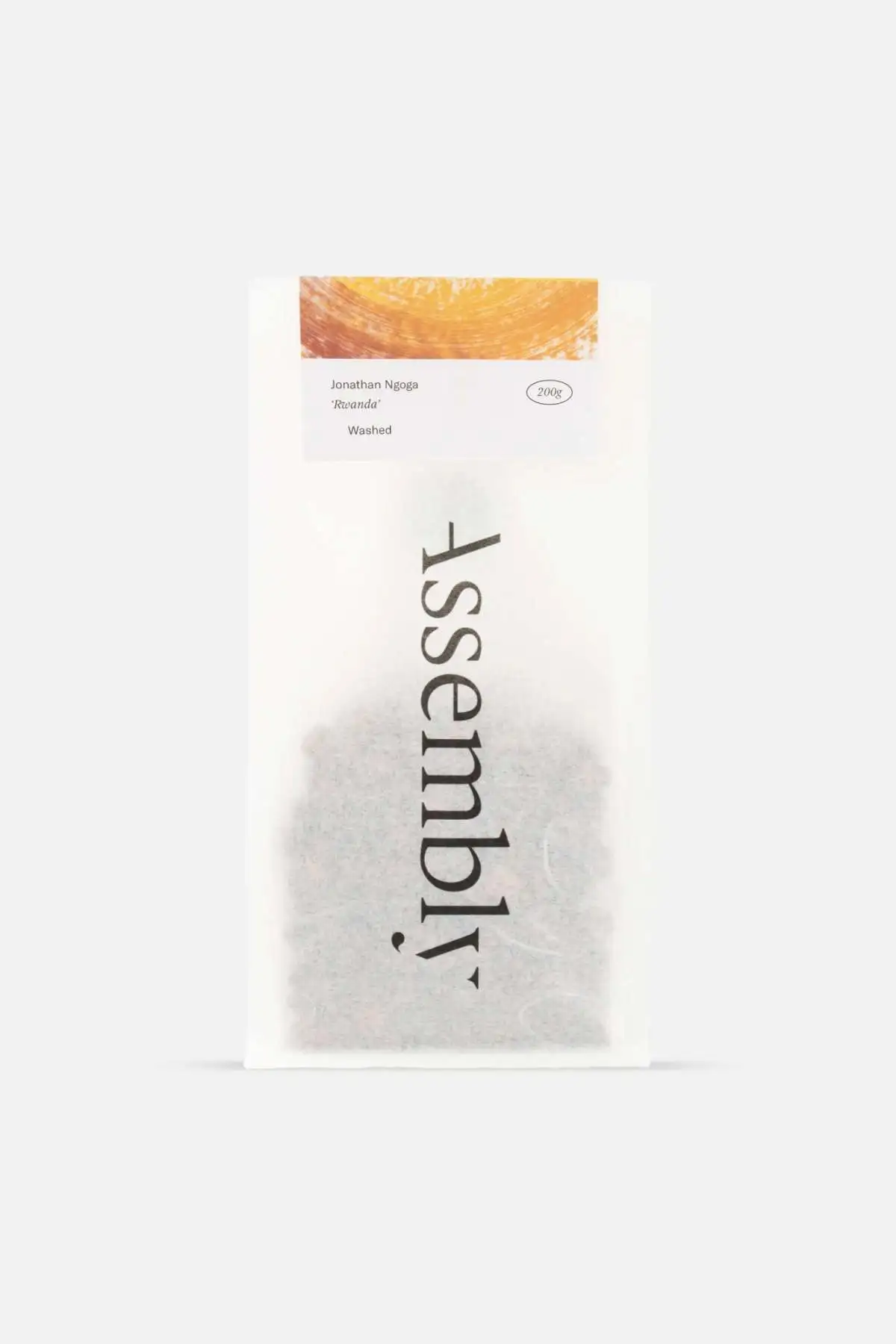
Jonathan Ngoga, Rwanda
£13.00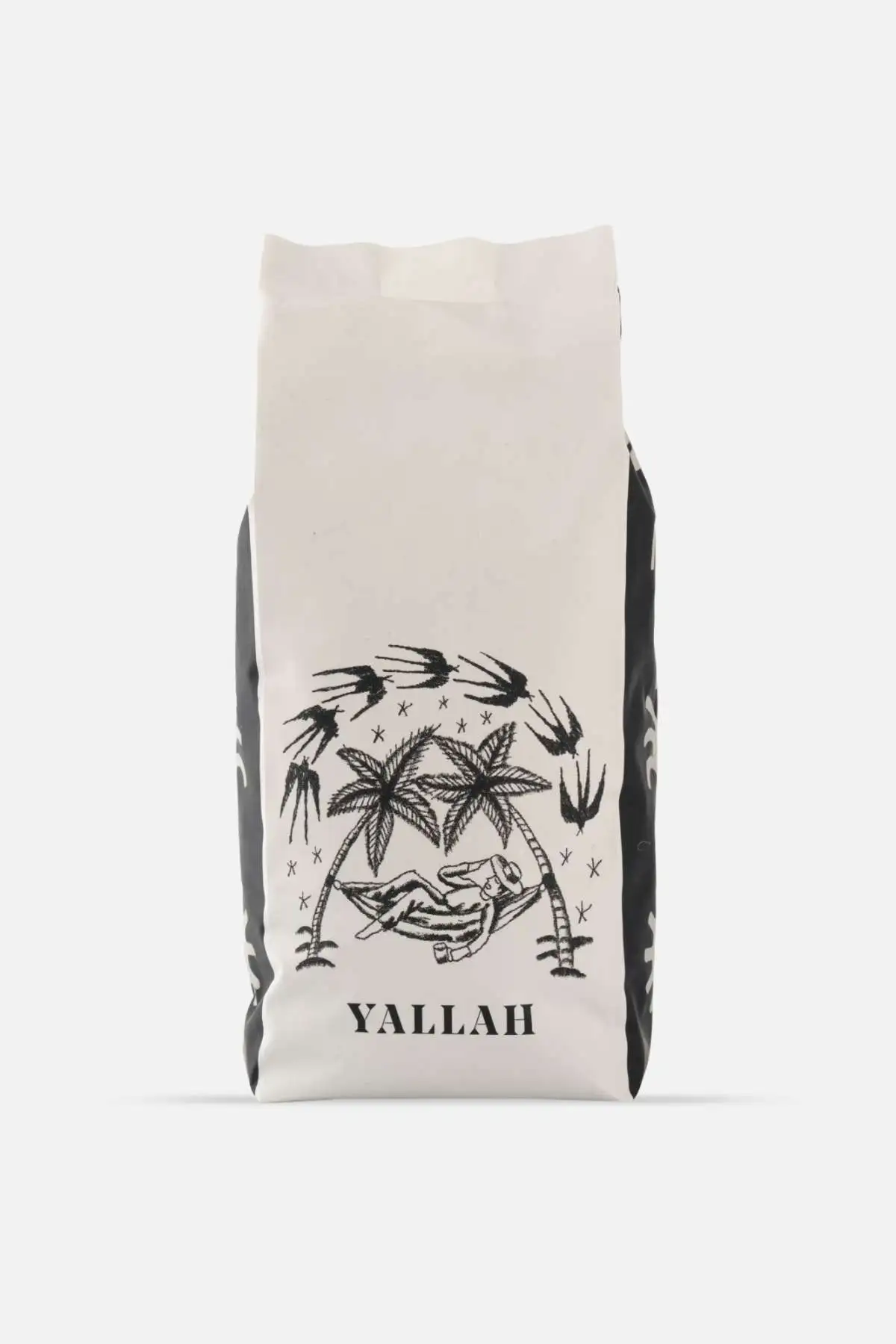
Yallah House Espresso, Guatemala - 1KG Big Bag
£35.00
Baristocracy Mexico
£11.00
Origin Espresso, Peru
£12.00
Holy Grail Blend
£11.00
Navidad, Mexico
out of stock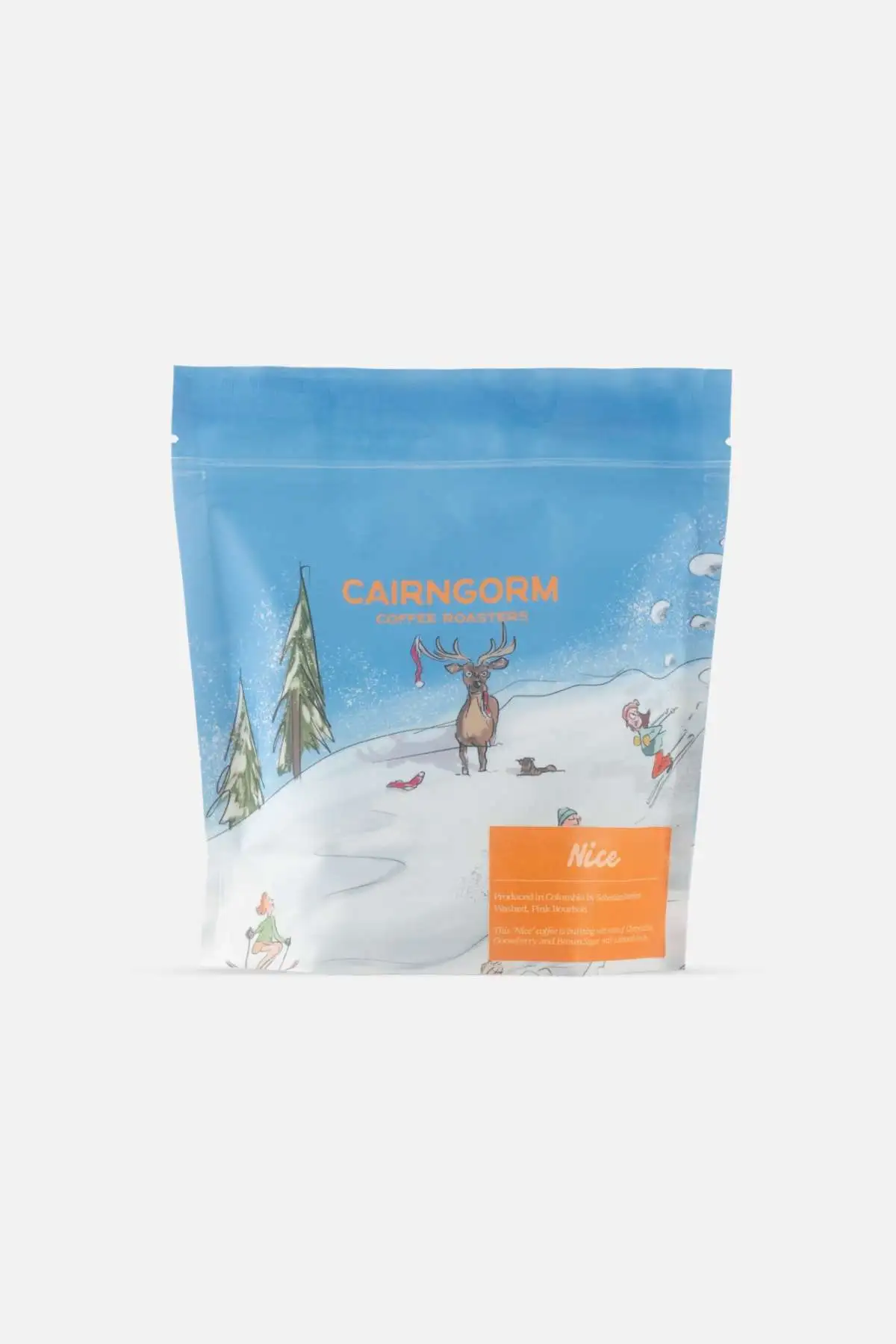
Nice, Colombia
out of stock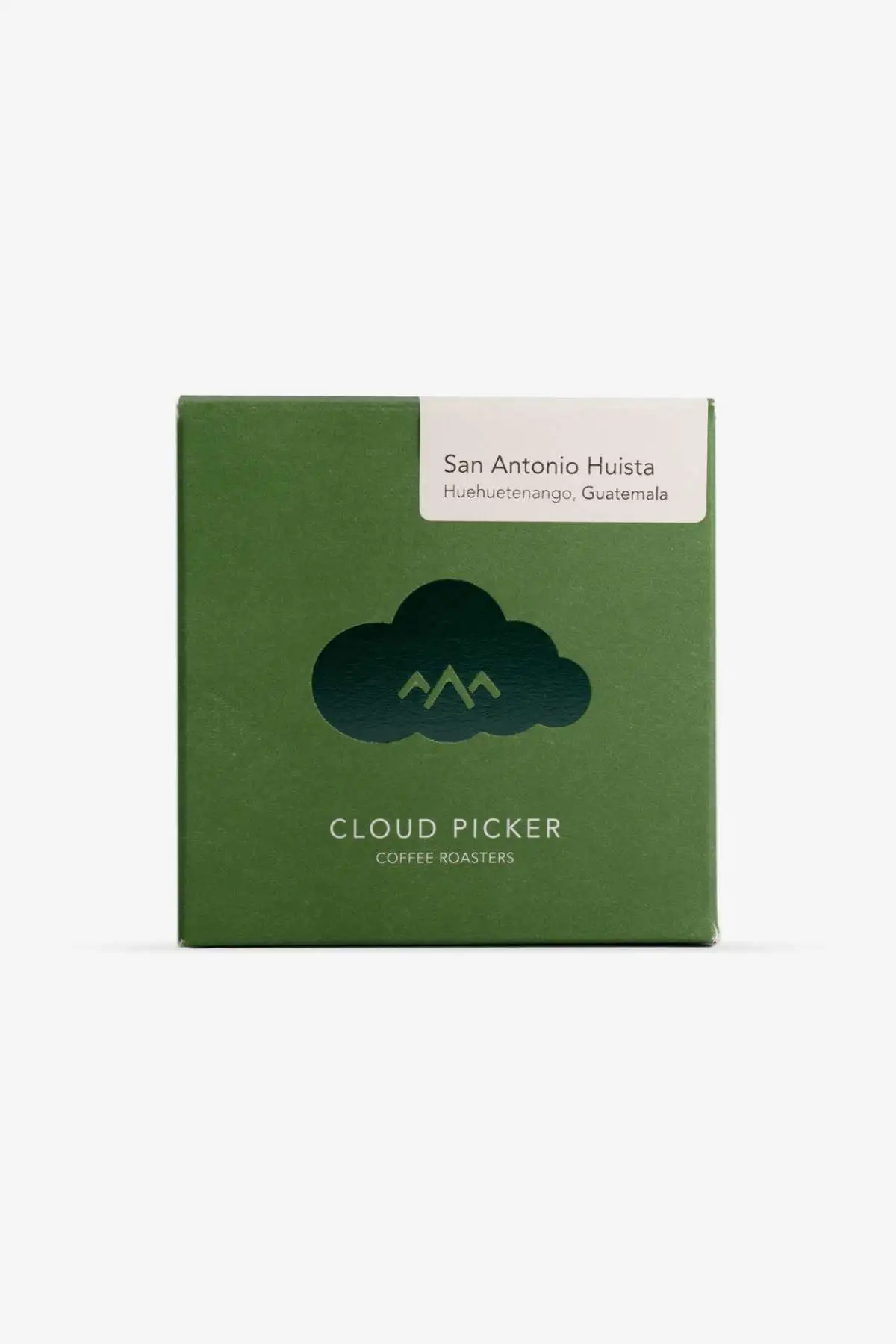
Cla-la-la-loud Picker Christmas Coffee, Guatemala
out of stock
Thunguri, Kenya
out of stock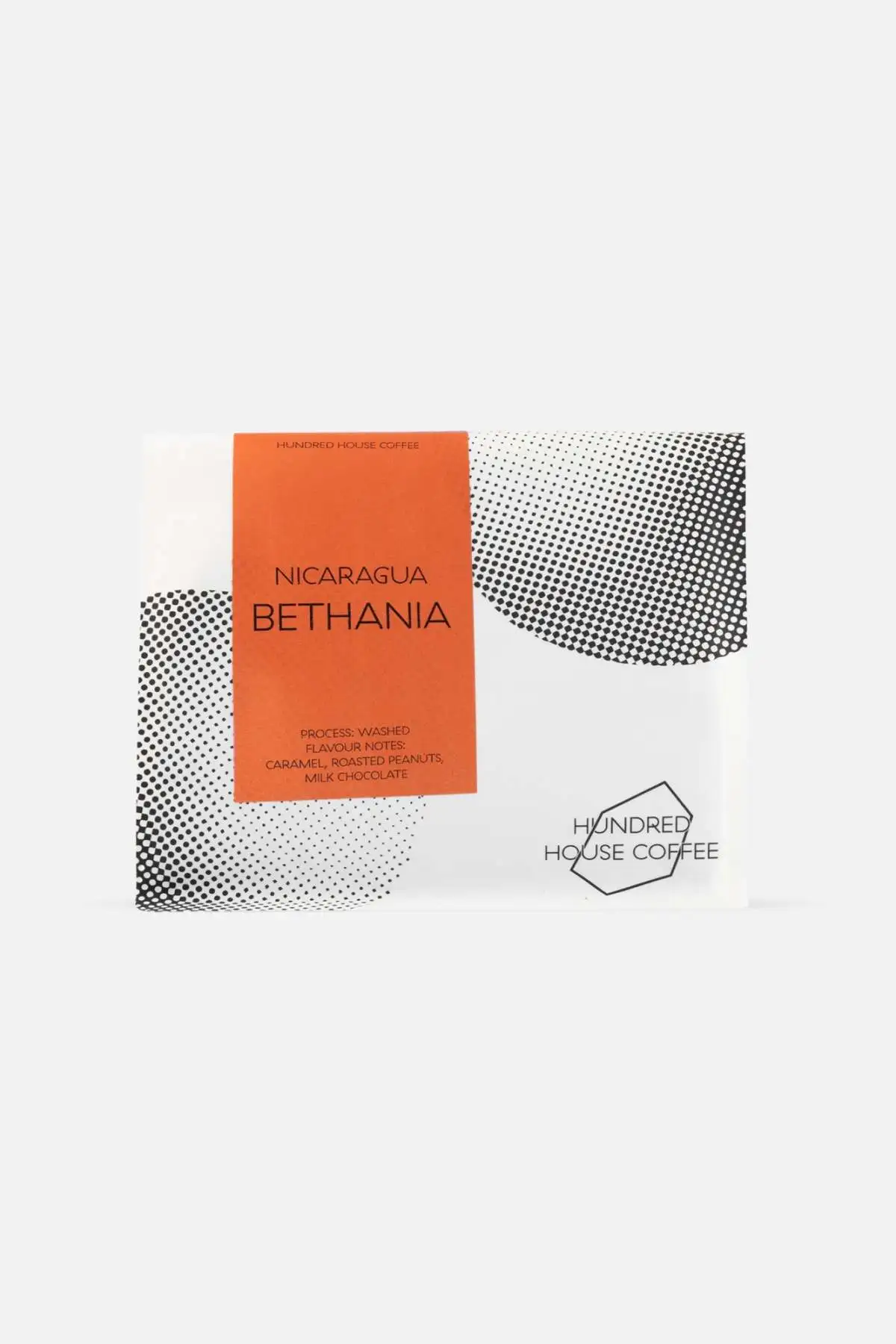
Bethania, Nicaragua
out of stock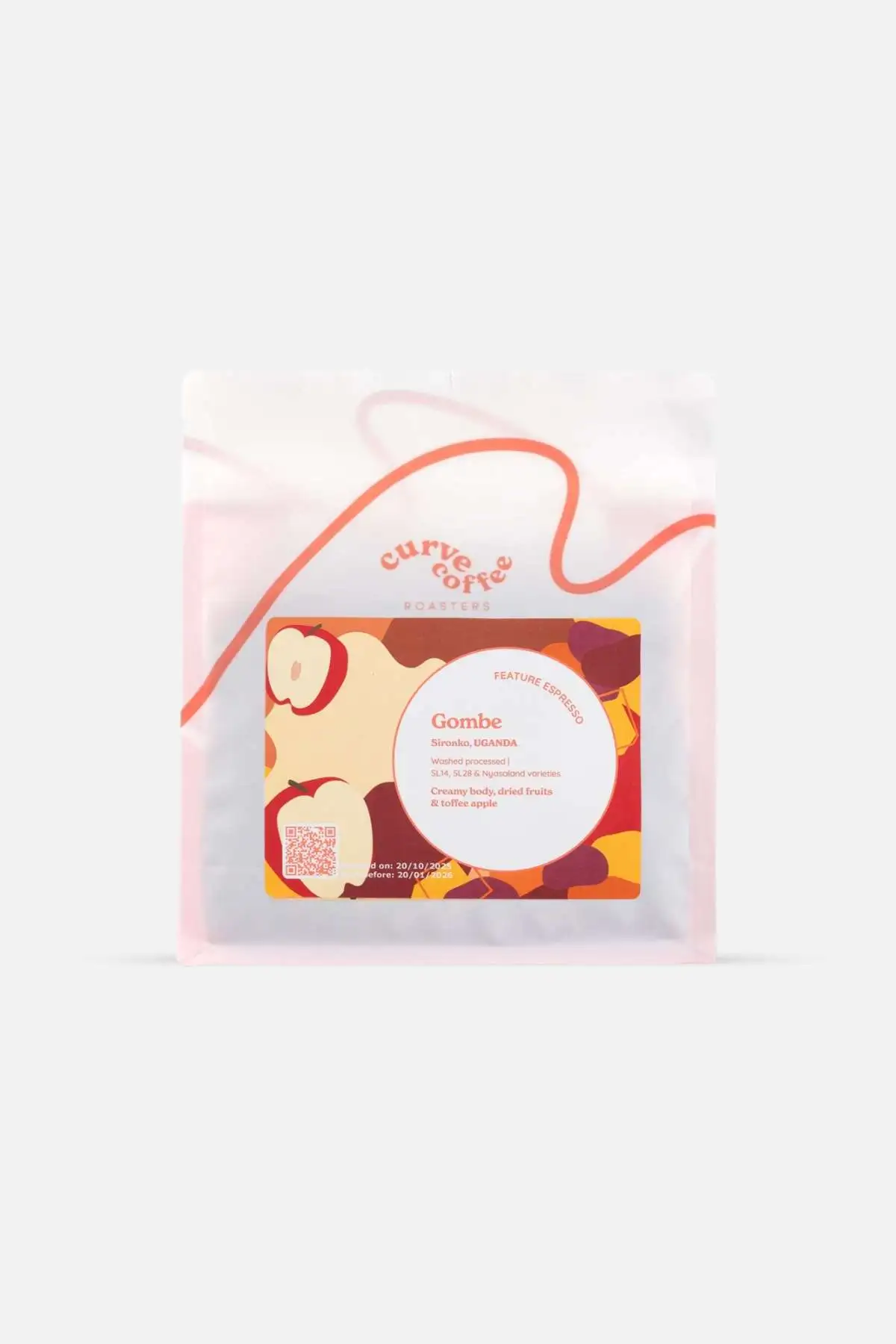
Gombe, Uganda
out of stock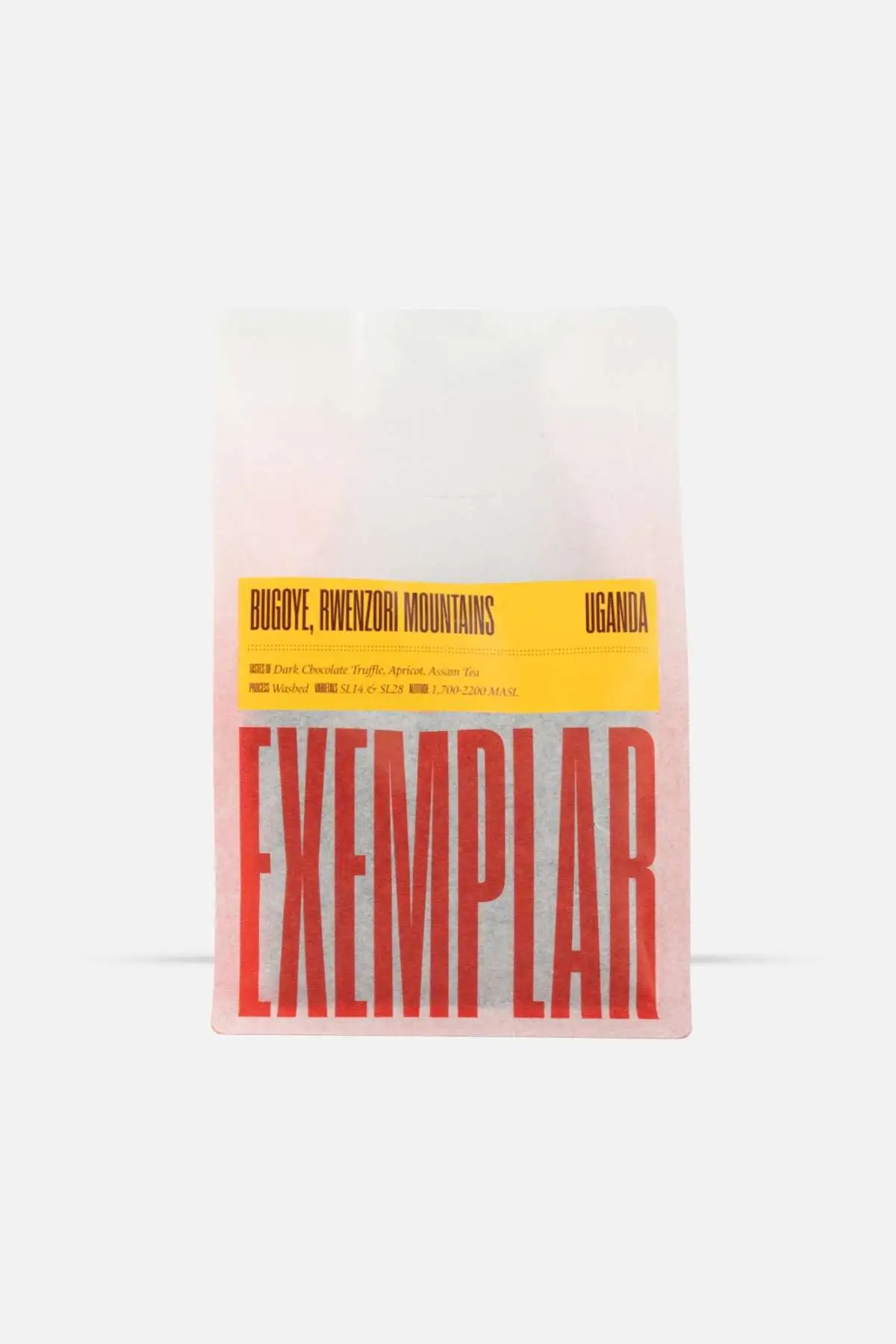
Bugoye, Uganda
out of stock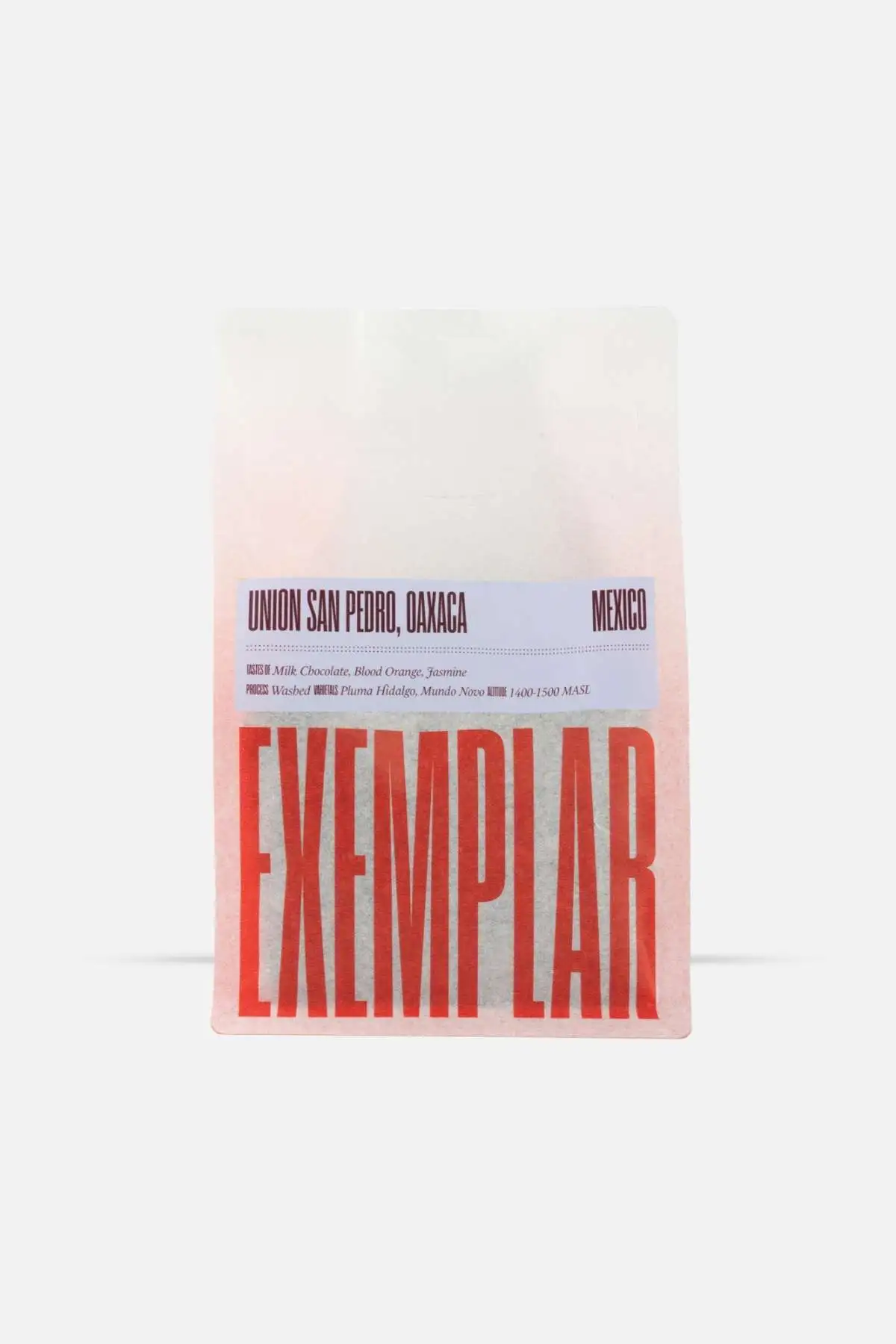
Union San Pedro, Mexico
out of stock
Los Naranjos, Colombia
out of stock
Wiwitz, Guatemala
out of stock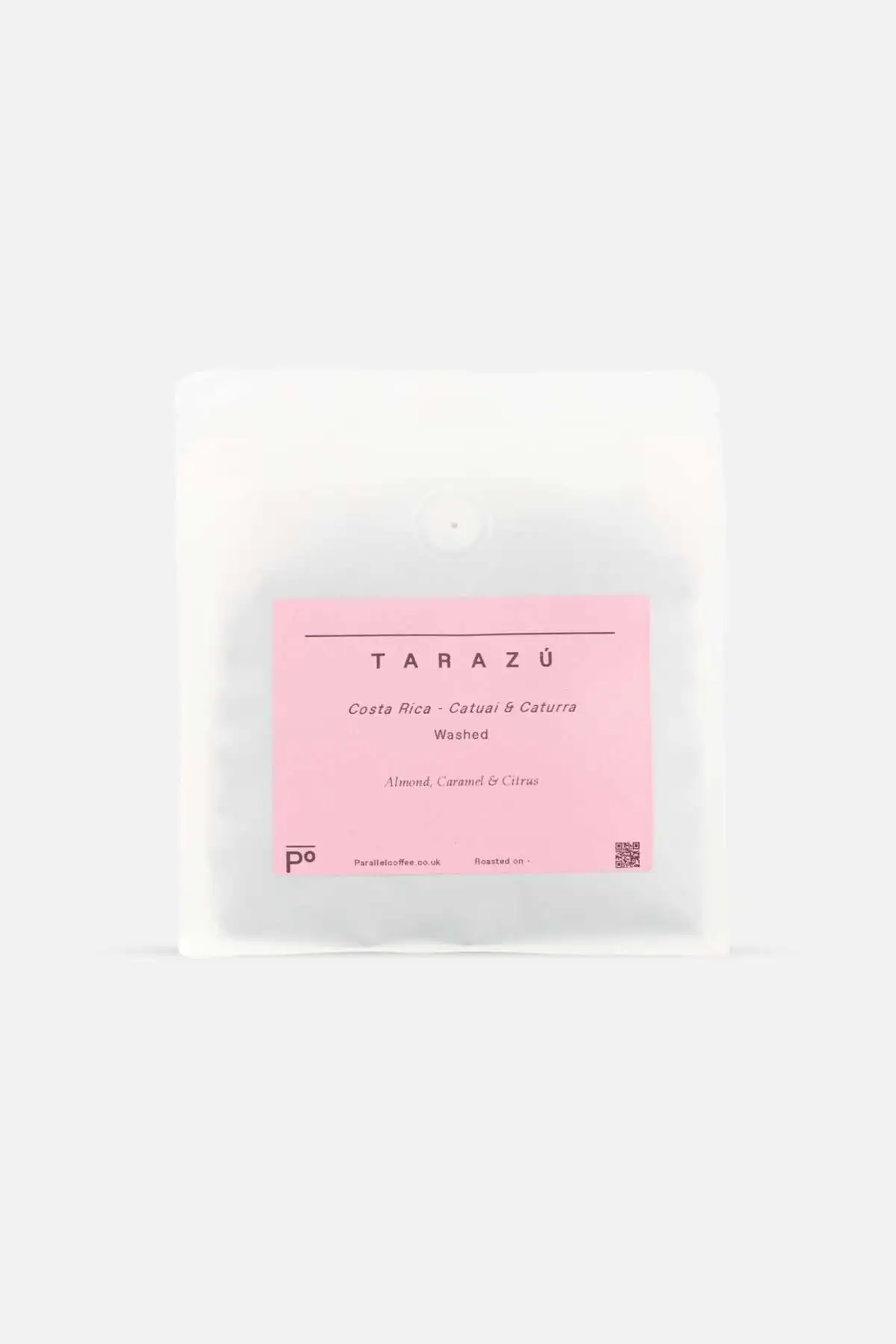
Tarrazú, Costa Rica
out of stock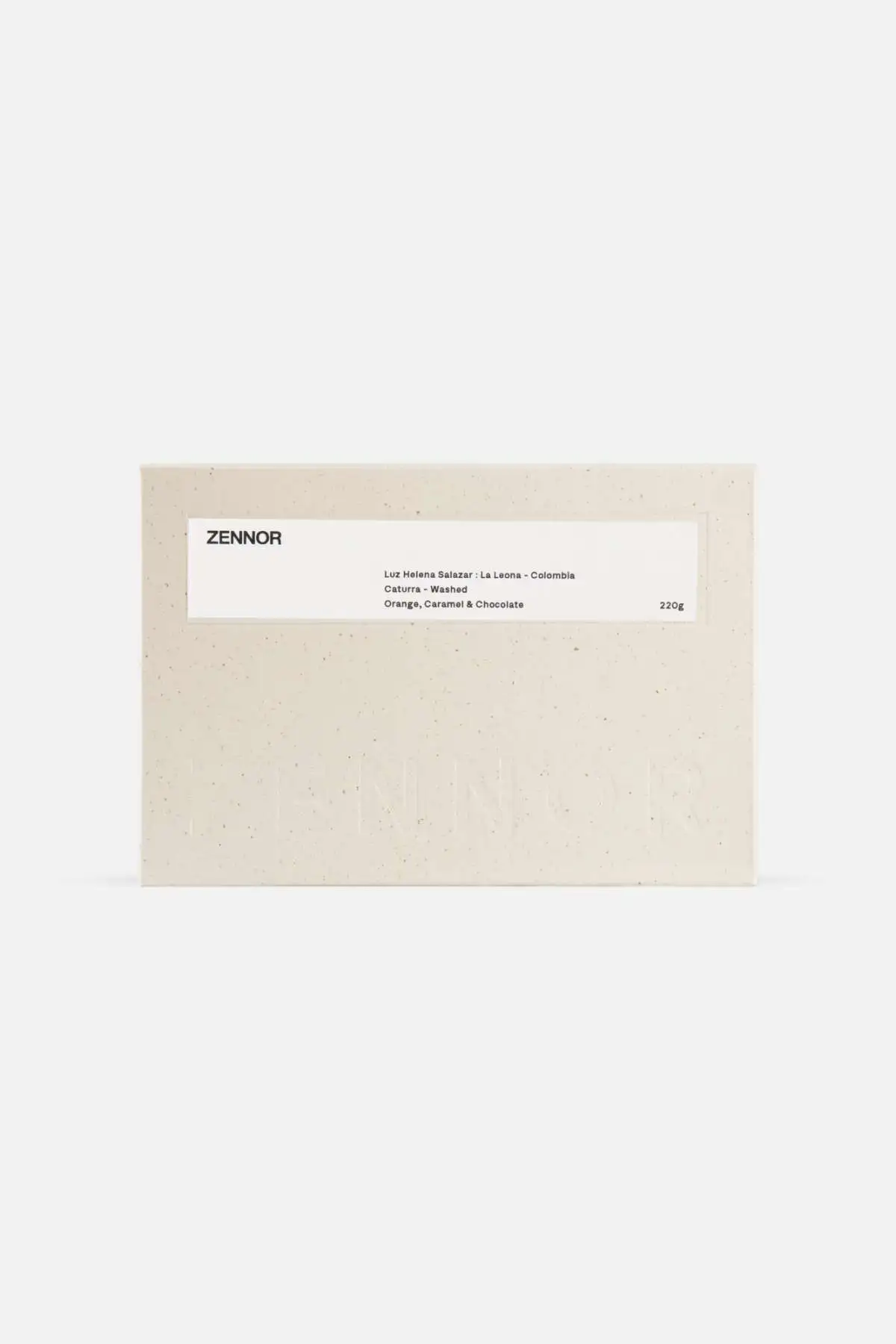
La Leona, Colombia
out of stock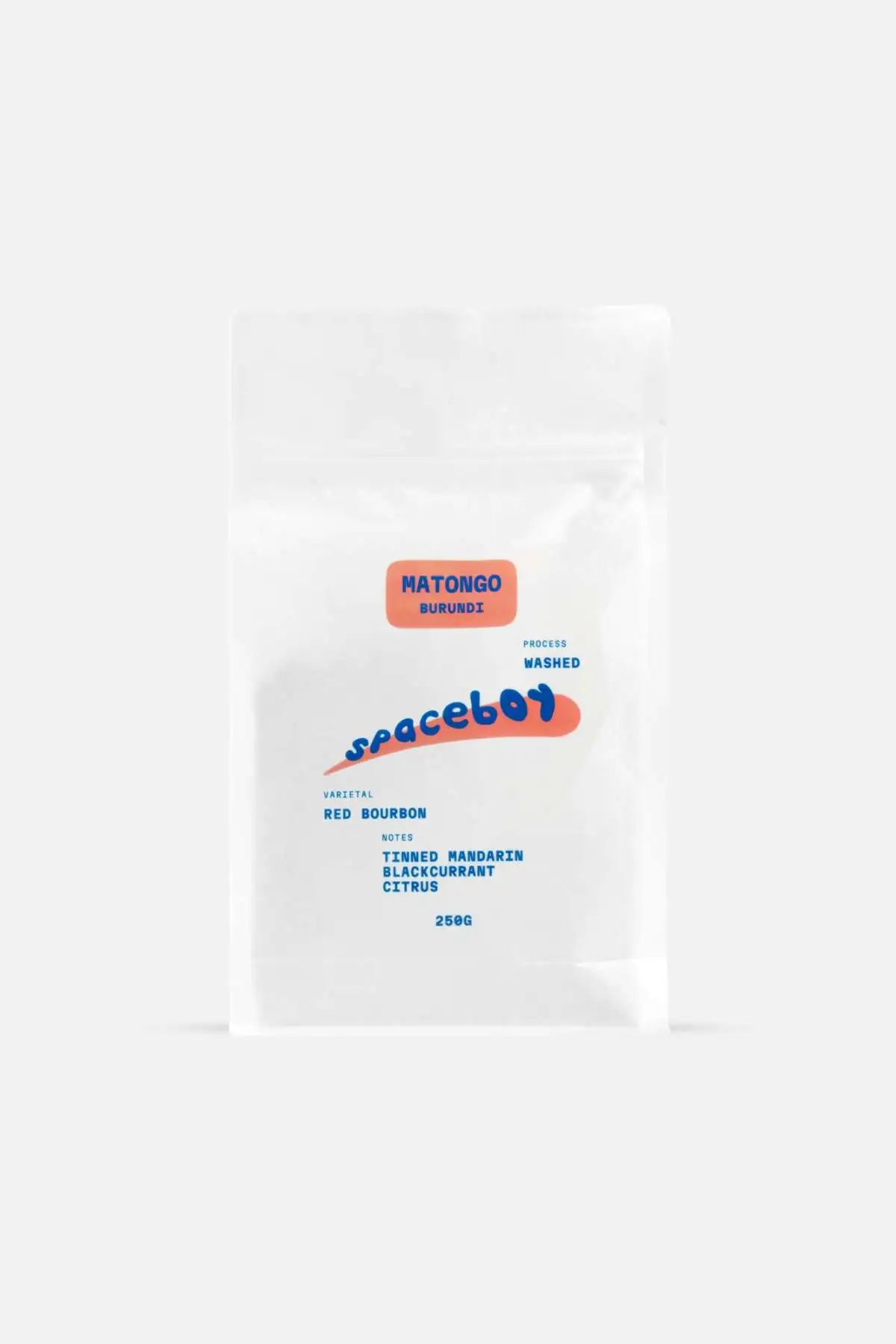
Matongo, Burundi
out of stock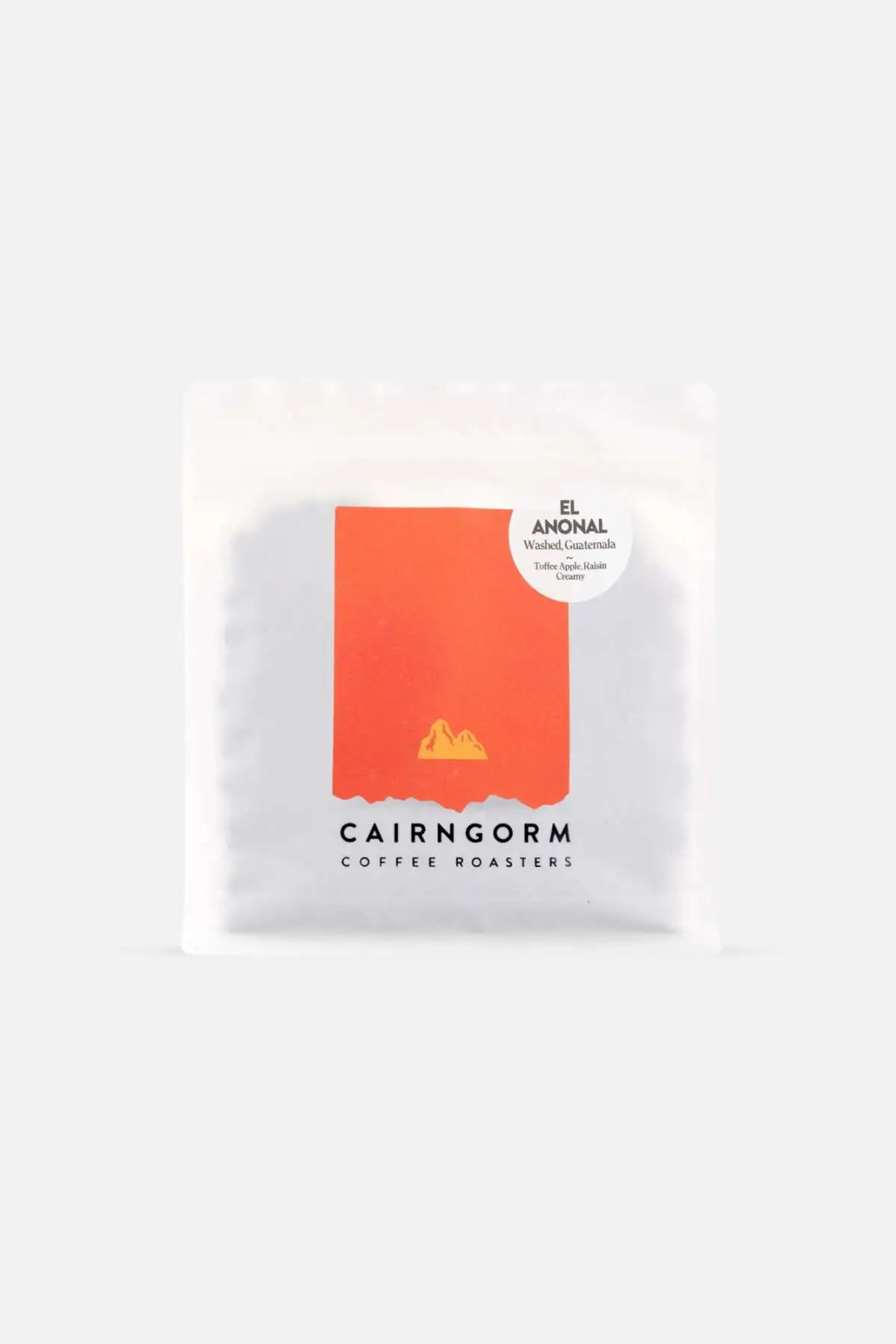
El Anonal, Guatemala
out of stock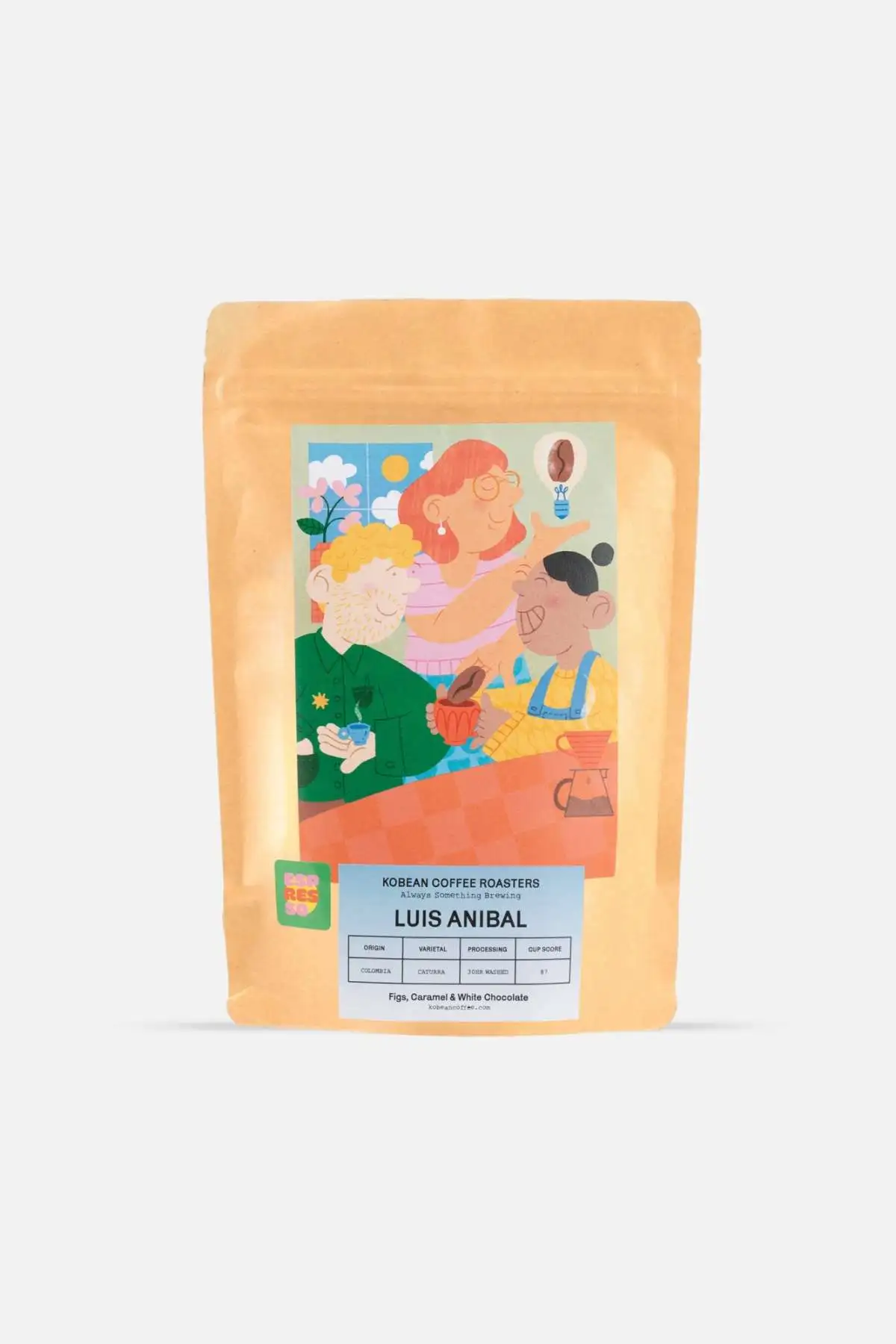
Luis Anibal, Colombia
out of stock
Yoloxochitlán, Mexico
out of stock
Ndiaini, Kenya
out of stock
Las Gaviotas, Colombia
out of stock
Cajpe Lak, Mexico
out of stock
Kimaratia, Kenya
out of stock
Gotiti, Ethiopia
out of stock
Coban Alta Verapaz, Guatemala
out of stock
Jorge Chavez, Peru
out of stock
Los Nisperos, Guatemala
out of stock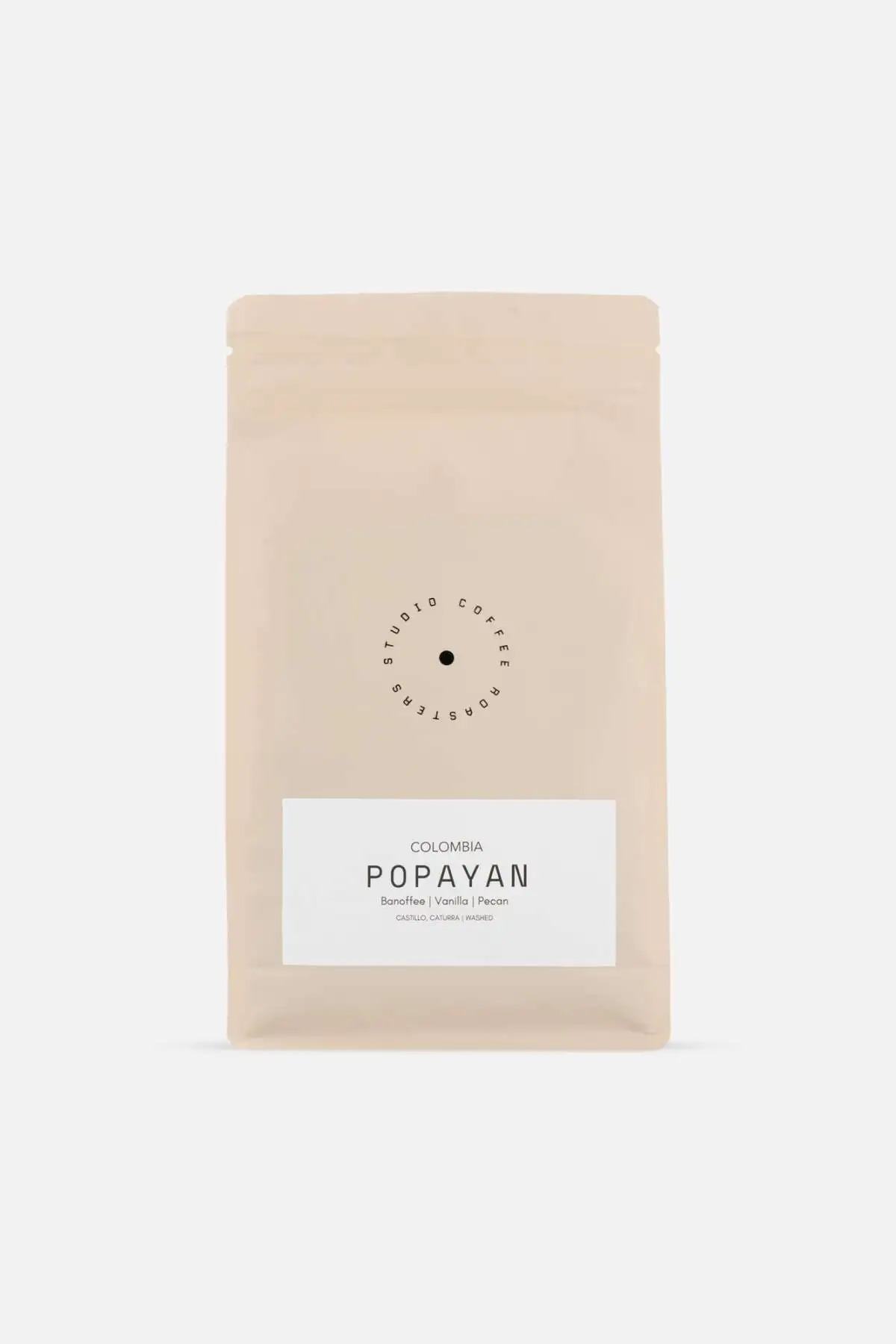
Popayan, Colombia
out of stock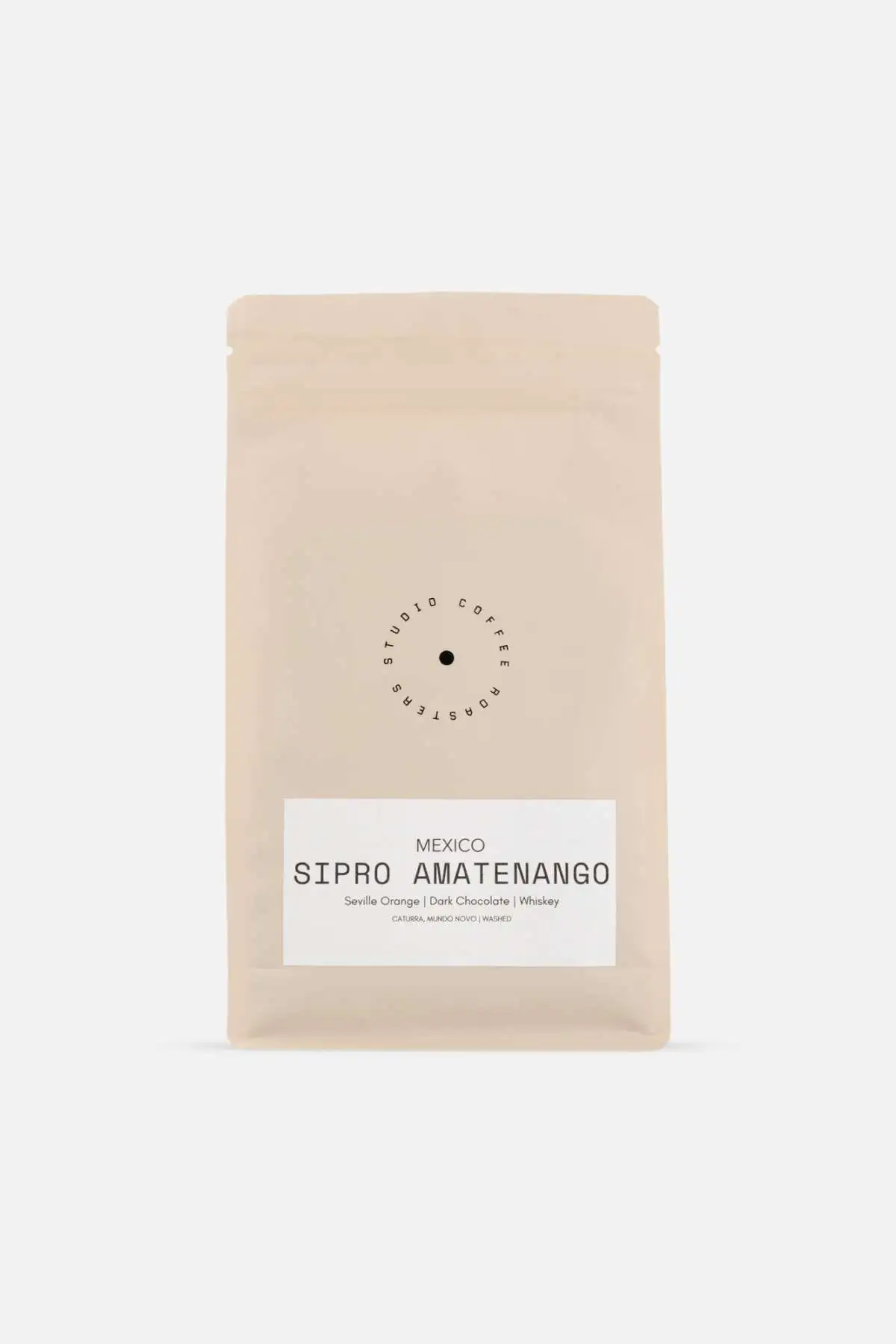
Amatenango, Mexico
out of stock
Pedro Garcia, Peru
out of stock
Mr Blue Sky, Ethiopia
out of stock
Gichathaini AA, Kenya
out of stock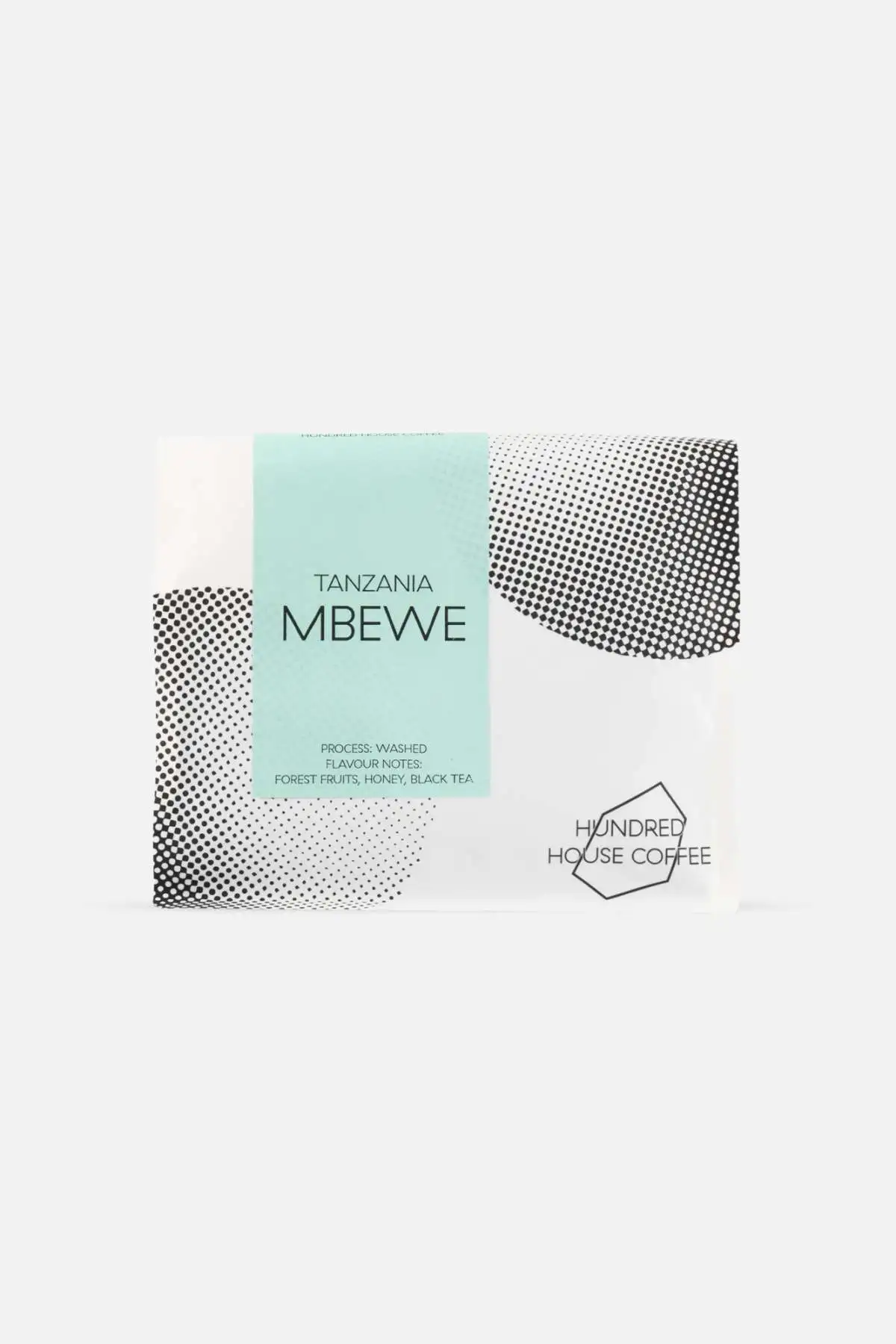
Mbewe, Tanzania
out of stock
Baristocracy, Papua New Guinea
out of stock
Elizabeth Rojas, Peru
out of stock
Pedro Moreno, Honduras
out of stock
La Lacuma, Peru
out of stock
Ana Nolasco, Guatemala
out of stock
Bookkisa, Ethiopia
out of stock
La Morena, Guatemala
out of stock
Luz Maribel Chilatra, Colombia
out of stock
La Huaca, Peru
out of stock
Luz Helena Salazar, Colombia
out of stock
Primavera Sisterhood, Guatemala
out of stock
Ntimaikarwa AA, Kenya
out of stock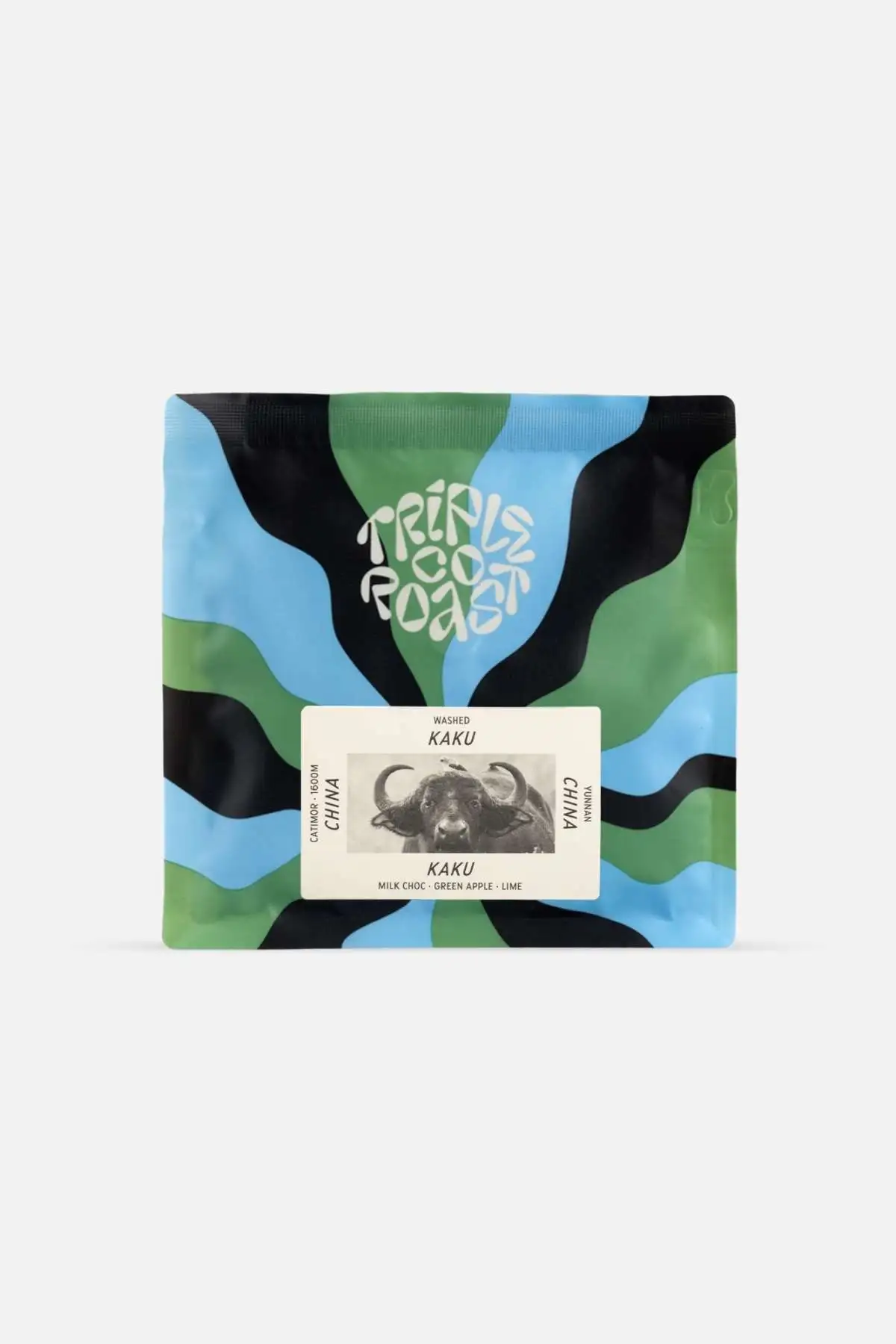
Kaku, China
out of stock
Sierra Mazateca Lotecitos, Mexico
out of stock
Karinga AA, Kenya
out of stock
Vianí, Colombia
out of stock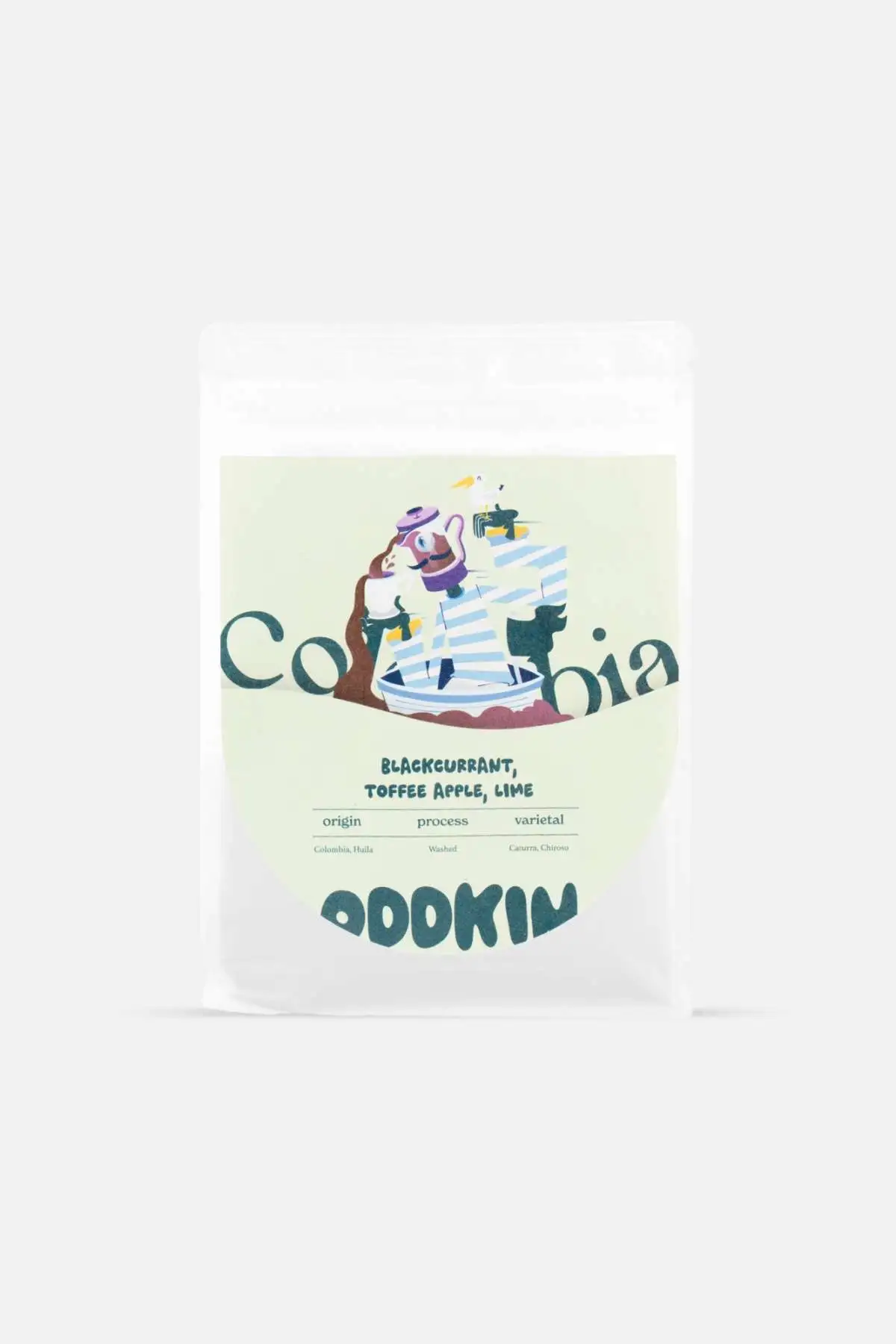
Chiroso, Colombia
out of stock
Ngila, Tanzania
out of stock
Rioja, Peru
out of stock
Alfredo Rojas, Colombia
out of stock
Maria Gaspar, Guatemala
out of stock
Esther, Peru
out of stock
Doña, Colombia
out of stock
Malawo Sidama, Ethiopia
out of stock
El Condor, Peru
out of stock
Ky Kebero, Ethiopia
out of stock
Finca Tunkimayu Lot 20, Peru
out of stock
El Calapo, Colombia
out of stock
Vunga, Rwanda
out of stock
Palli Family, Bolivia
out of stock
La Cima, Peru
out of stock
La Terraza, Colombia
out of stock
Guima, Brazil
out of stock
Kenedy Lopez Ceron, Colombia
out of stock
Encanto Gesha, Costa Rica
out of stock
Sipi Community, Uganda
out of stock
Kii, Kenya
out of stock
Shyira Washed, Rwanda
out of stock
Finca Perlamayo, Peru
out of stock
Peach Bloom, Ethiopia
out of stock
Ninga Washing Station, Burundi
out of stock
San Lorenzo, Guatemala
out of stock
Las Isabelas, El Salvador
out of stock
Muzo Ikizere, Rwanda
out of stock
Sakami Gloria AB, Kenya
out of stock
El Borbollon, El Salvador
out of stock
Juan Jimenez Peña Finca El Porvenir, Colombia
out of stock
Linarco Rodriguez, Colombia
out of stock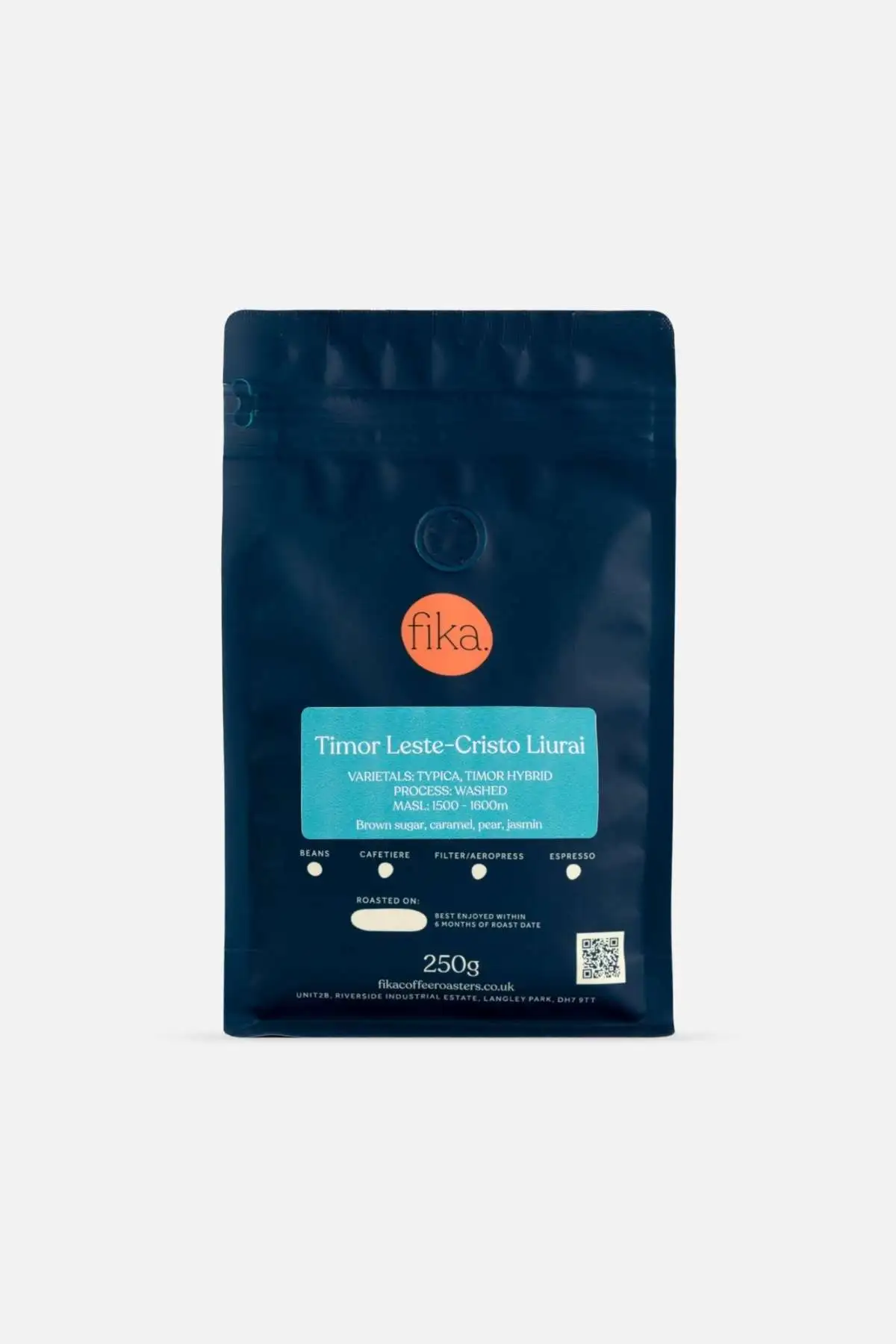
Cristo Liurai, Timor Leste
out of stock
Roger Chilcon, Peru
out of stock
Elvis Tineo, Peru
out of stock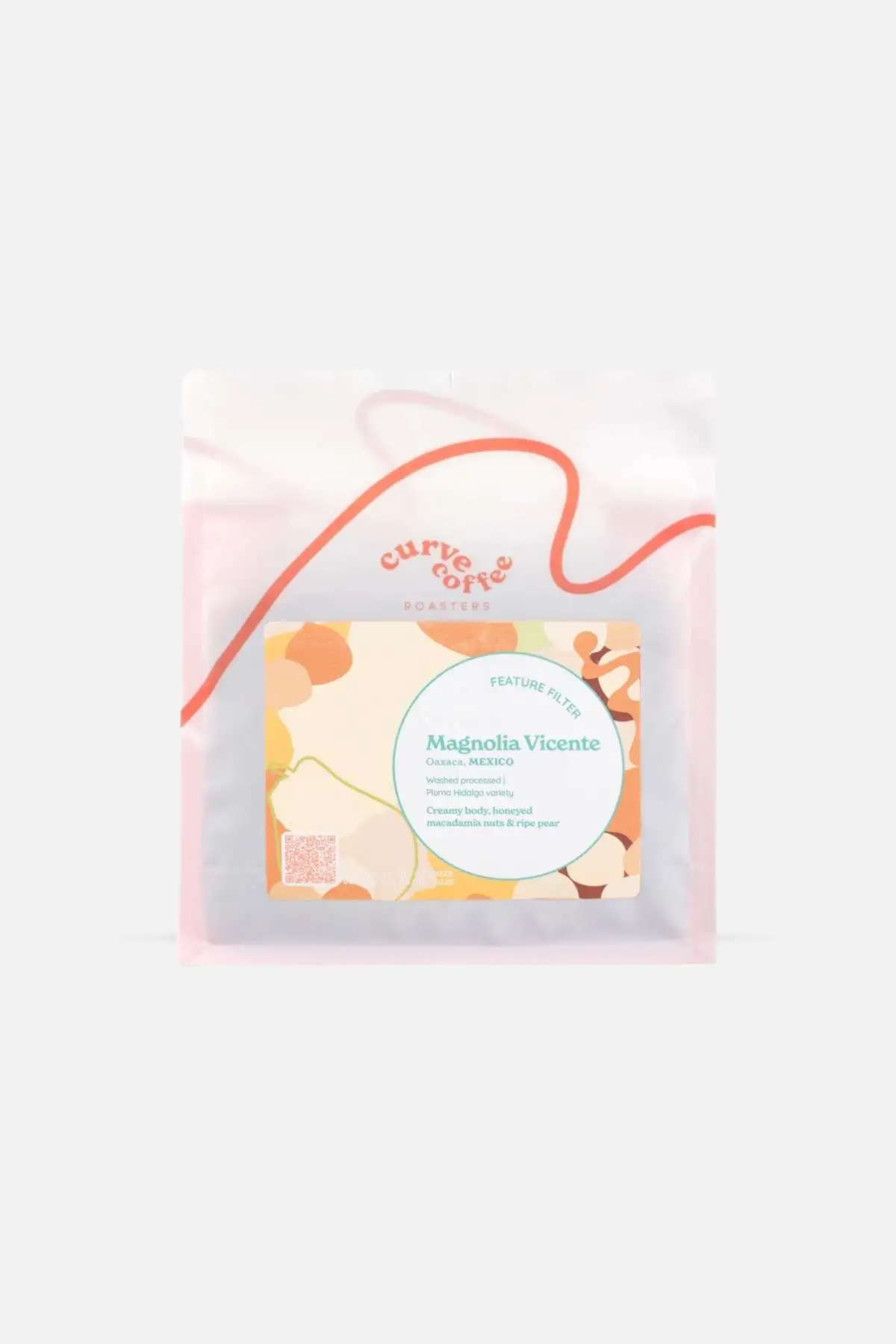
Magnolia Vicente, Mexico
out of stock
El Limonar Gesha, Guatemala
out of stock
Yukro, Ethiopia
out of stock
Mamak Shuar, Ecuador
out of stock
Kaku, China
out of stock
El Jaguar, Nicaragua
out of stock
Parma Violet, Ethiopia
out of stock
Paola Trujillo, Colombia
out of stock
Tumba, Rwanda
out of stock
Happenstance Yunnan, China
out of stock
Francisco Velasquez, Honduras
out of stock
San Ignacio, Peru
out of stock
Refisa, Ethiopia
out of stock
Nicolas Leyton, Colombia
out of stock
Trust, Nicaragua
out of stock
China Alta, Colombia
out of stock
Minca, Peru
out of stock
Bosque Lya, El Salvador
out of stock
Onwards Espresso, Mexico
out of stock
Gogogu, Ethiopia
out of stock
Jade, Guatemala
out of stock
Community Espresso, El Zapoteco Mexico
out of stock
Kamwangi, Kenya
out of stock
Phoka, Malawi
out of stock
Local Lots 01 - Wilder Lasso Lactic Ferment, Colombia
out of stock
El Pedregal, El Salvador
out of stock
Gitesi, Rwanda
out of stock
Pacman, Colombia
out of stock
Hunchouen, Guatemala
out of stock
Suukala, Colombia
out of stock
Hamasho, Ethiopia
out of stock
Mutovu, Rwanda
out of stock
Gloria Hernandez, Honduras
out of stock
Kainamui AA, Kenya
out of stock
Earthshine, DR Congo
out of stock
Pacas, El Salvador
out of stock
Kerehaklu, India
out of stock
Gakundu, Kenya
out of stock
Rafael Mario, Peru
out of stock
Murambi Hill, Burundi
out of stock
Luis Anibal Calderon, Colombia
out of stock
Rung'eto Kii AB, Kenya
out of stock
Juan Rodriguez Wiwitz, Guatemala
out of stock
Bulessa, Ethiopia
out of stock
Agualinda, Colombia
out of stock
Sol De La Mañana, Bolivia
out of stock
La Coipa, Peru
out of stock
Mercy AB, Kenya
out of stock
Jorge Díaz Campos, Peru
out of stock
Blackburn Estate, Tanzania
out of stock
Izuba, Burundi
out of stock
Karambi Mountain, Rwanda
out of stock
Vinhal Pina Colada, Brazil
out of stock
Strawbz - Finca Los Nogales, Colombia
out of stock
La Fila #1, Honduras
out of stock
Frutas Rojas, Colombia
out of stock
Baristocracy, DR Congo
out of stock
Gladys Erazo, Ecuador
out of stock
Bambuco Organic, Colombia
out of stock
Kassandra, Mexico
out of stock
Frinsa Sarapan, Indonesia
out of stock
Tejao, Mexico
out of stock
Sholi, Rwanda
out of stock
Wilder Garcia, Peru
out of stock
Kiamugumo AA, Kenya
out of stock
Akagera Lot 22, Rwanda
out of stock
Maria Gaspar, Guatemala
out of stock
Mbili Twiga, Tanzania
out of stock
Carlos Alberto Portillo Flores- Don Pancho, Honduras
out of stock
Alabama Thieves, Peru
out of stock
Las Botijas, Honduras
out of stock
Puyango, Ecuador
out of stock
Efrain Castillo, Guatemala
out of stock
Lazy Morning, Mexico
out of stock
La Primavera, Colombia
out of stock
Efrain Salvador, Peru
out of stock
Fazenda Pântano, Brazil
out of stock
Luz Mely Sanchez, Peru
out of stock
Santa Luz, Nicaragua
out of stock
La Piña, Mexico
out of stock
La Cumbre, Guatemala
out of stock
Kieni AB, Kenya
out of stock
El Nogal, Guatemala
out of stock
Xmas Coffee- Finca La Union, Guatemala
out of stock
Santa Claude 1kg Big Bag, Rwanda
out of stock
Santa Cruz Ozolotepec, Mexico
out of stock
Union ProAgro, Bolivia
out of stock
Kasundi, DR Congo
out of stock
Ardent Sidama Shantagolba, Ethiopia
out of stock
Rwamatamu, Rwanda
out of stock
Gikanda, Kenya
out of stock
Green Land, Myanmar
out of stock
Santa Lucila Amarillo, Nicaragua
out of stock
El Templo, Guatemala
out of stock
Bethania, Nicaragua
out of stock
Kigeri Washed, Burundi
out of stock
Rugembe Hill Lot 14, Burundi
out of stock
Luz Helena Salazar, Colombia
out of stock
Montebello, Colombia
out of stock
Isaiso, Tanzania
out of stock
Shyira, Rwanda
out of stock
Tegu AA, Kenya
out of stock
Las Truchas, Costa Rica
out of stock
Don Victor, Nicaragua
out of stock
Las Laderas, El Salvador
out of stock
Muthewati, Kenya
out of stock
Esmeralda, Colombia
out of stock
Angelo Zapata, Colombia
out of stock
Elsewhere Coffee House Roast Pods
out of stock
Tablon de Gomez, Colombia
out of stock
Las Nubes, El Salvador
out of stock
Nyanza Tubiri Hill, Burundi
out of stock
La Morena, Guatemala
out of stock
Jeremiah Cordobah, Colombia
out of stock
El Eden, Peru
out of stock
Ratnagiri Lot 3, India
out of stock
Kilimbi, Rwanda
out of stock
Vida Organic Espresso Blend
out of stock
Kennisa, Ethiopia
out of stock
Shop Filter, Honduras
out of stock
Cafe del Micay, Colombia
out of stock
El Guayacan, Peru
out of stock
Tambaya, Kenya
out of stock
Shikankoni, Burundi
out of stock
Palani Hills, India
out of stock
Mahembe, Rwanda
out of stock
Roble Negro, Costa Rica
out of stock
Sumatra Iwan Putra, Indonesia
out of stock
Marmalade, Peru
out of stock
Fruit Crumble, Burundi
out of stock
BS1 Espresso 1kg Big Bag, Colombia
out of stock
BS1 Espresso Capsules
out of stock
Huabel, Peru
out of stock
Union San Pedro, Mexico
out of stock
Aguas Claras, Colombia
out of stock
Casa Negra, Colombia
out of stock
Yidnekachew Dabessa, Ethiopia
out of stock
El Diviso Peaberry, Colombia
out of stock
Banka, China
out of stock
Cafe Granja La Esperanza 1kg Big Bag, Colombia
out of stock
Enrekang, Indonesia
out of stock
Virunga Coopade, DR Congo
out of stock
Santo Domingo Teojomulco, Mexico
out of stock
El Zapoteco, Mexico
out of stock
Callayuq, Peru
out of stock
El Carmen, Colombia
out of stock
Kateshi, Zambia
out of stock
Timber Town Espresso Blend
out of stock
Chelazos, El Salvador
out of stock
Baristocracy, Kenya
out of stock
La Estrella del Ostro, Colombia
out of stock
Rio Tambo, Peru
out of stock
Baristocracy, Colombia
out of stock
Baristocracy, Ethiopia
out of stock
La Conserva AAA, Guatemala
out of stock
Cafe Granja La Esperanza, Colombia
out of stock
Kigwandi AA, Kenya
out of stock
Edelmiro Lopez, Guatemala
out of stockWet-Hulled
This process, also known as Giling Basah, is unique to Indonesia and widely seen on the island of Sumatra. During processing, the coffee is only semi dried and then is hulled to remove the parchment while still moist. The resulting coffee is often slightly herbaceous, earthy and full bodied.




